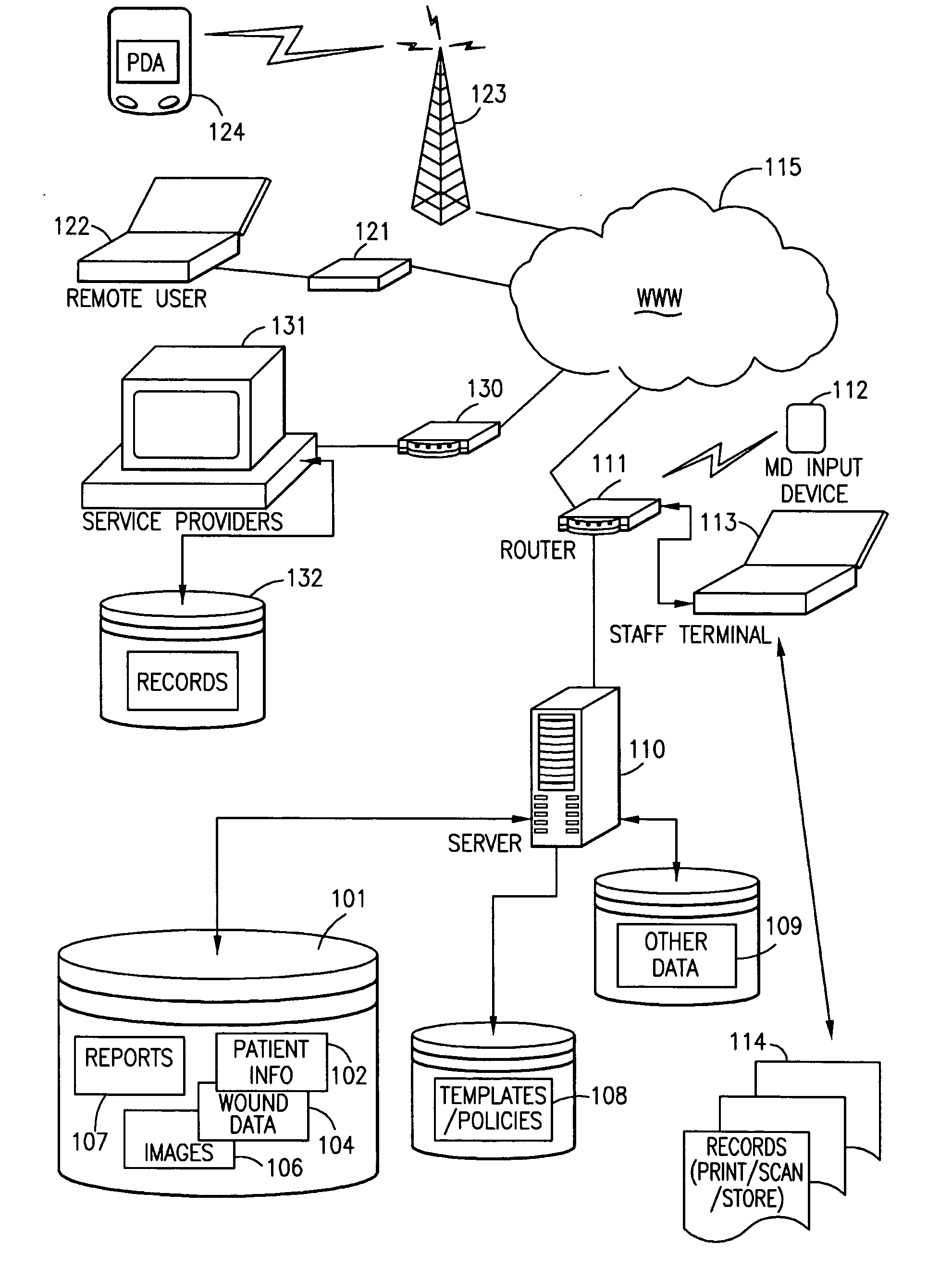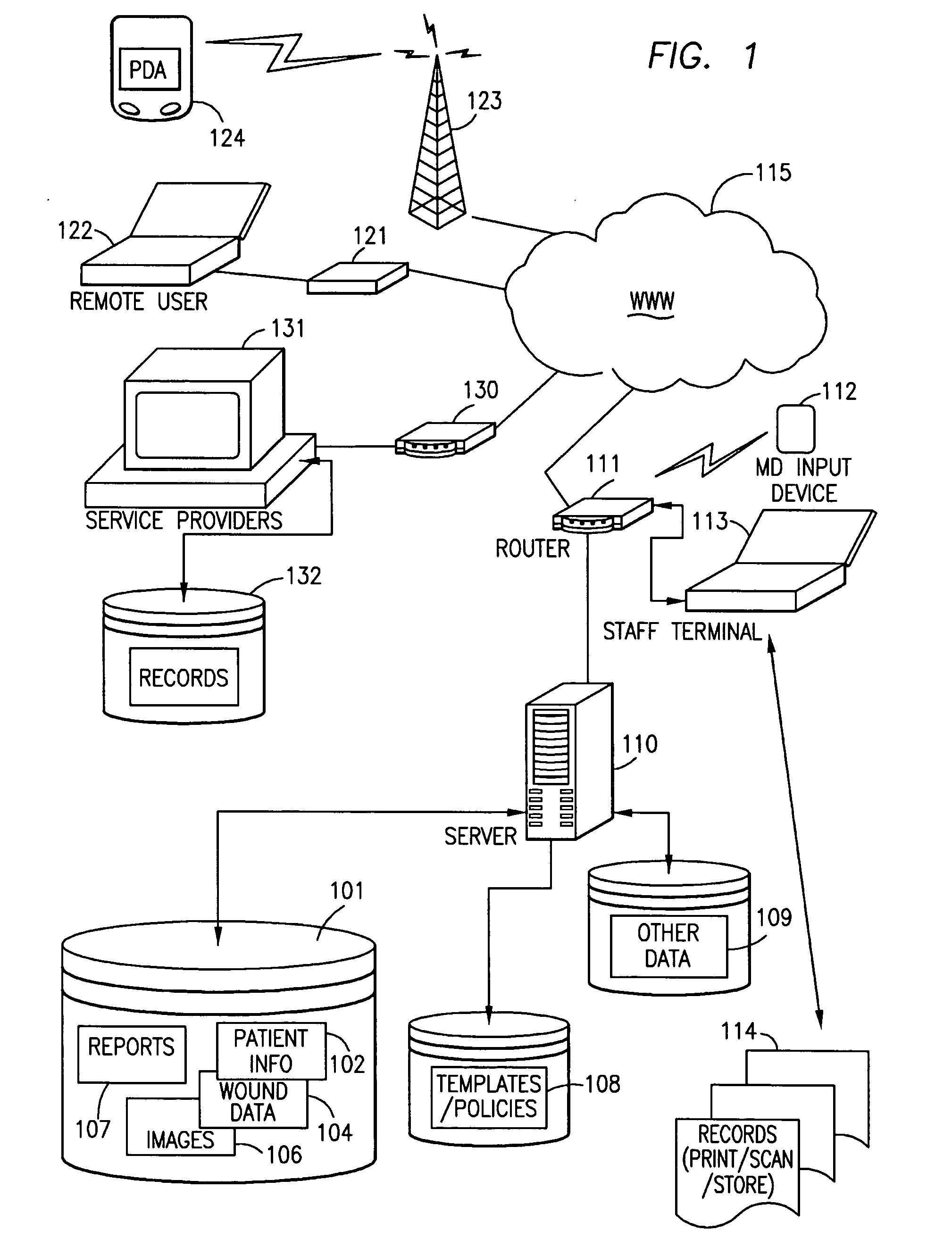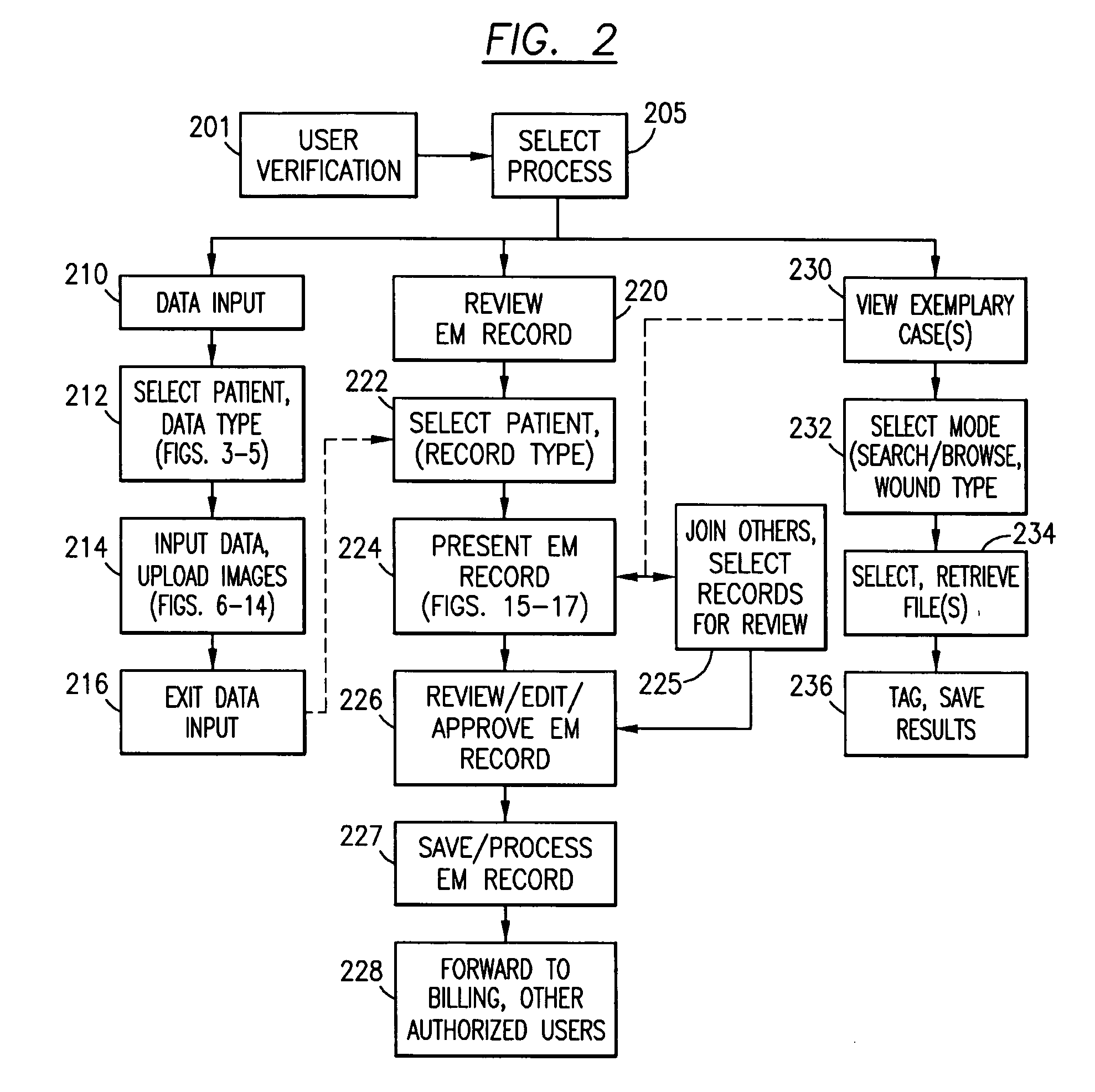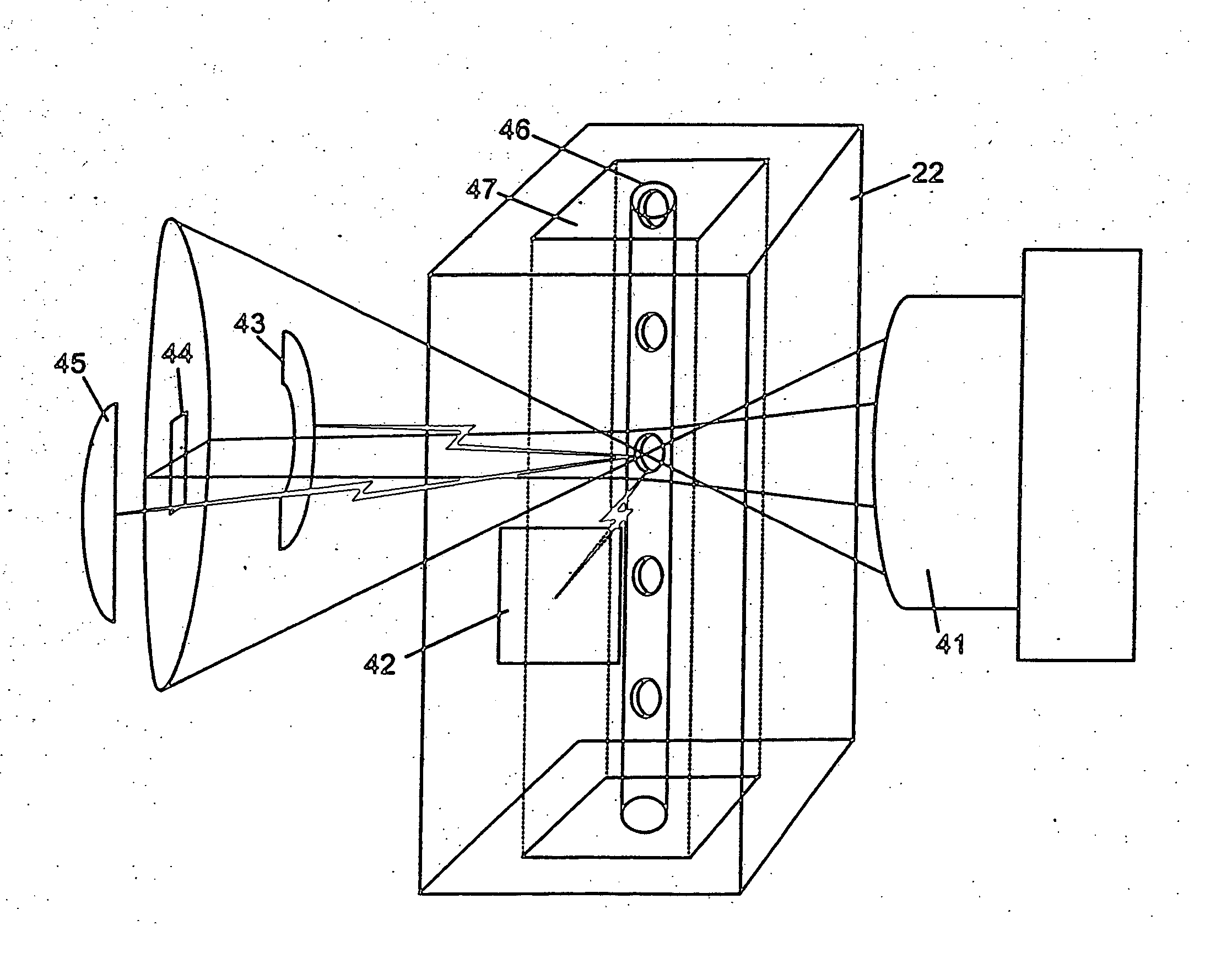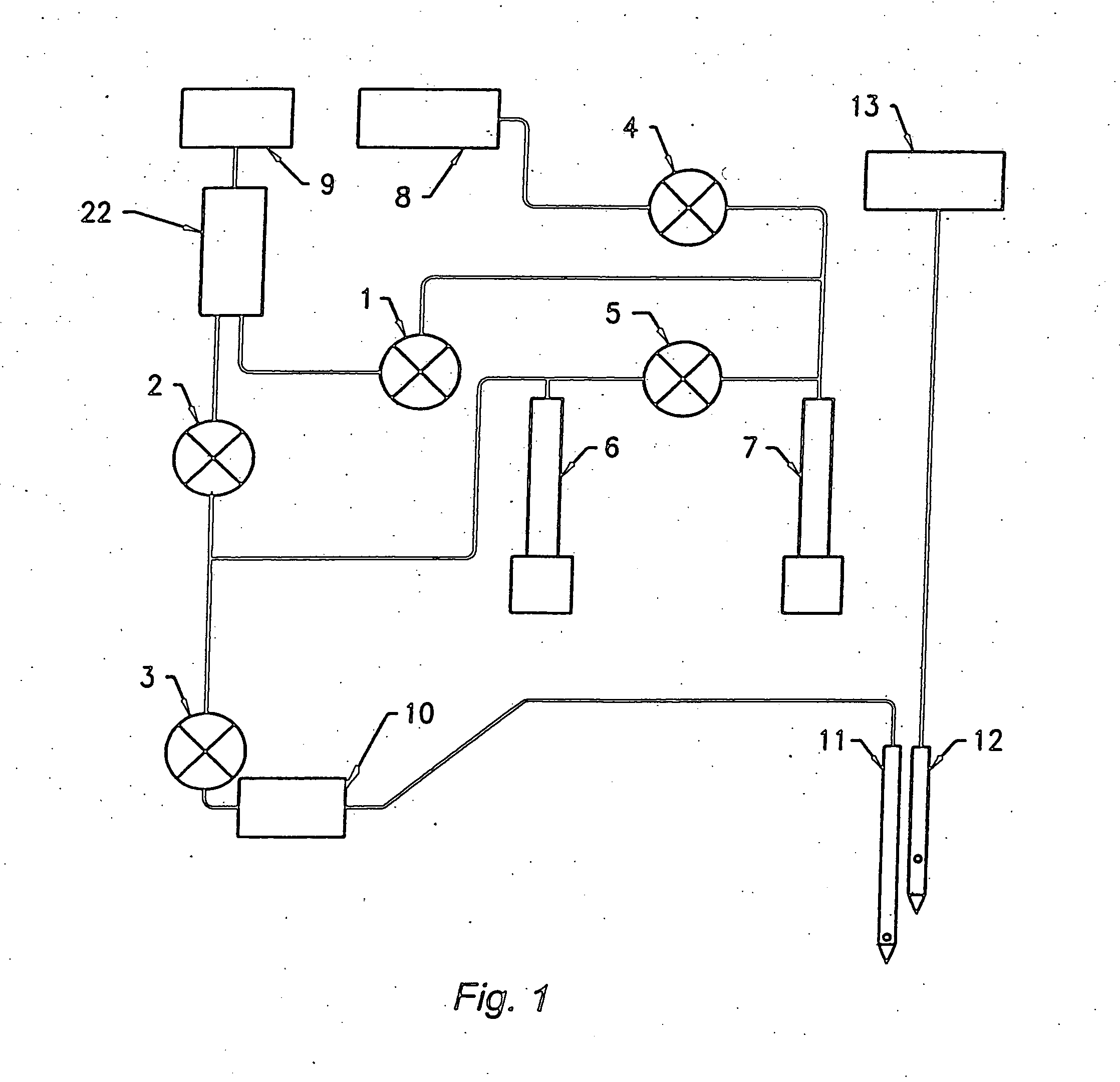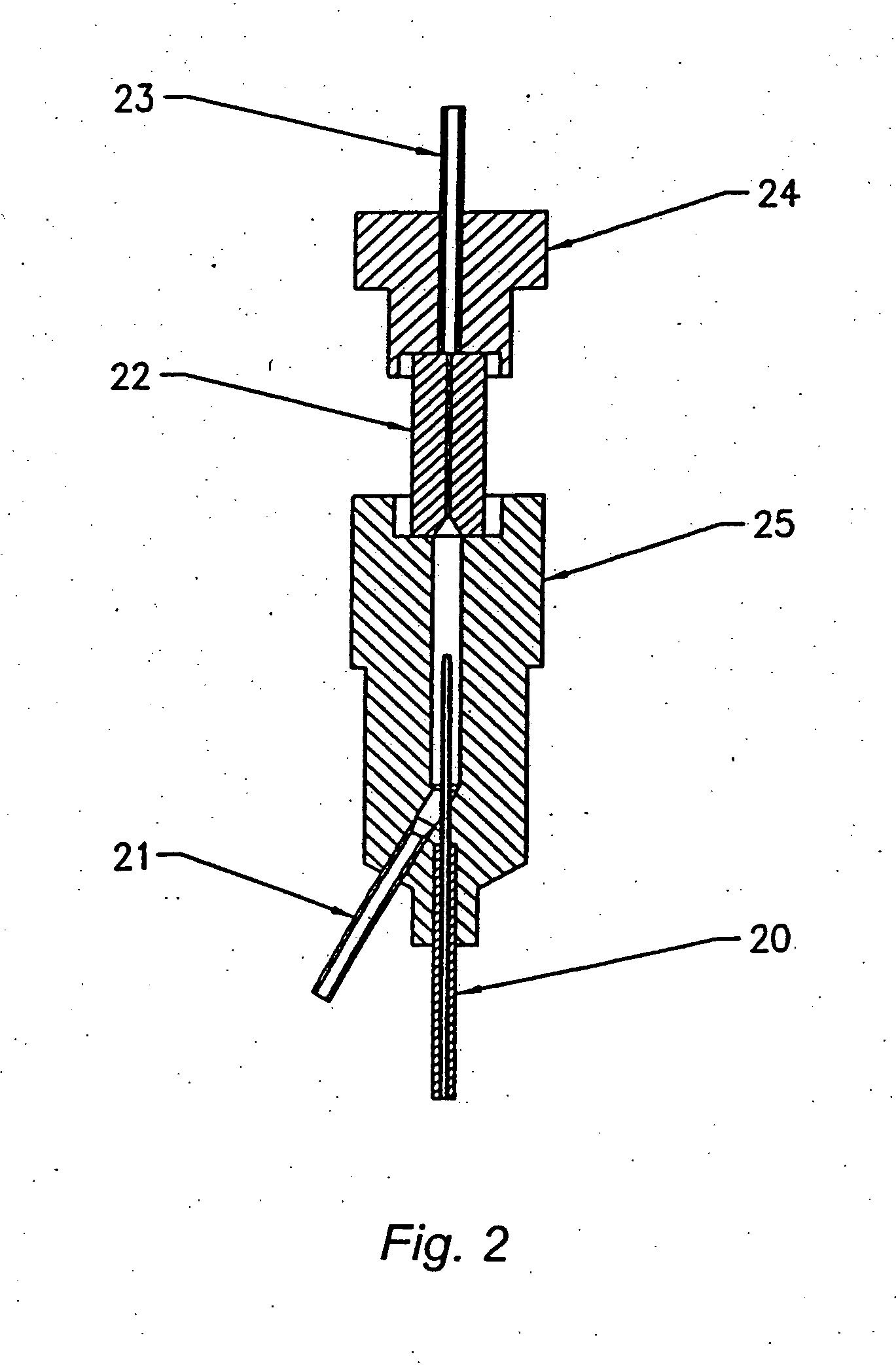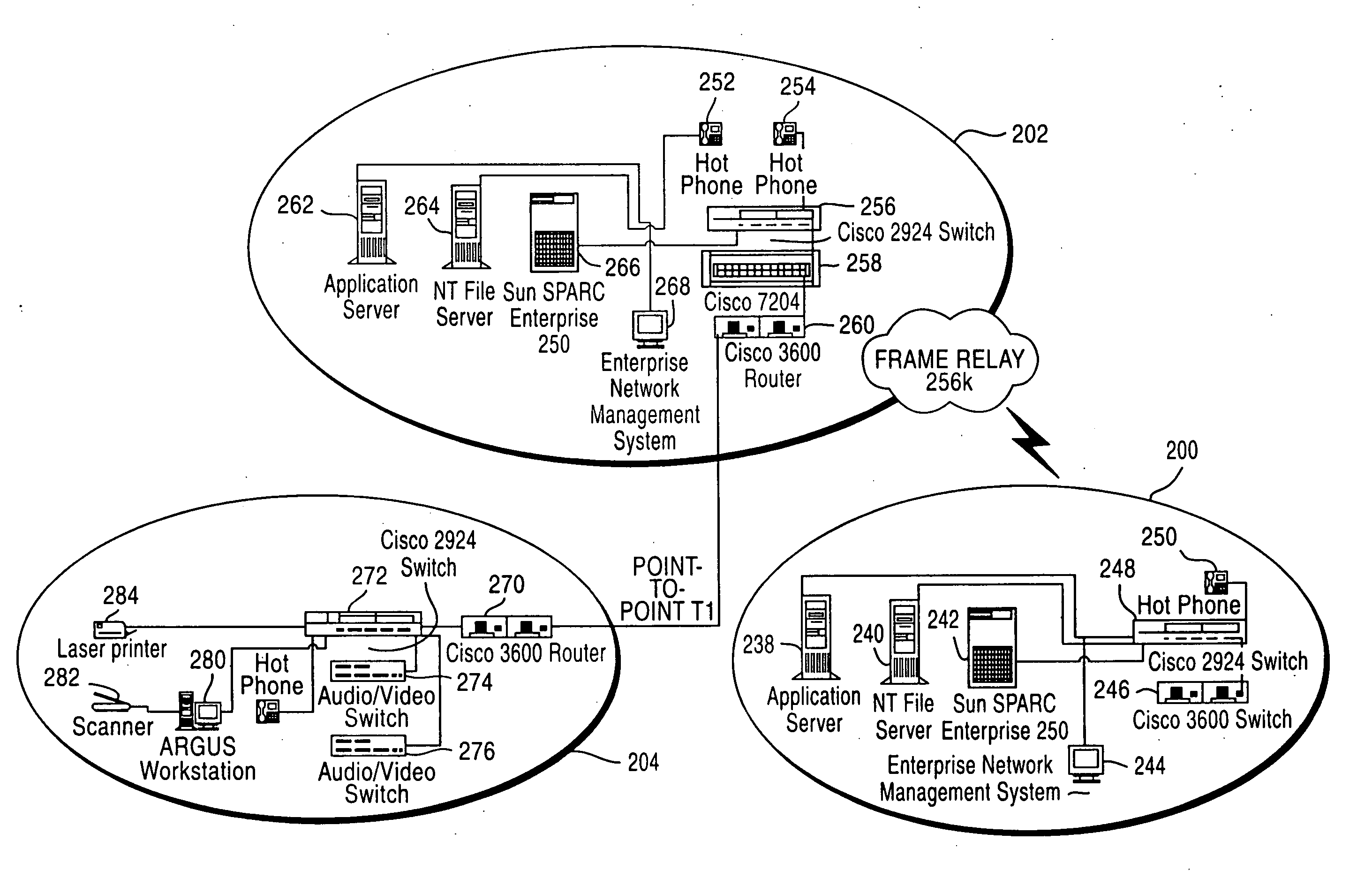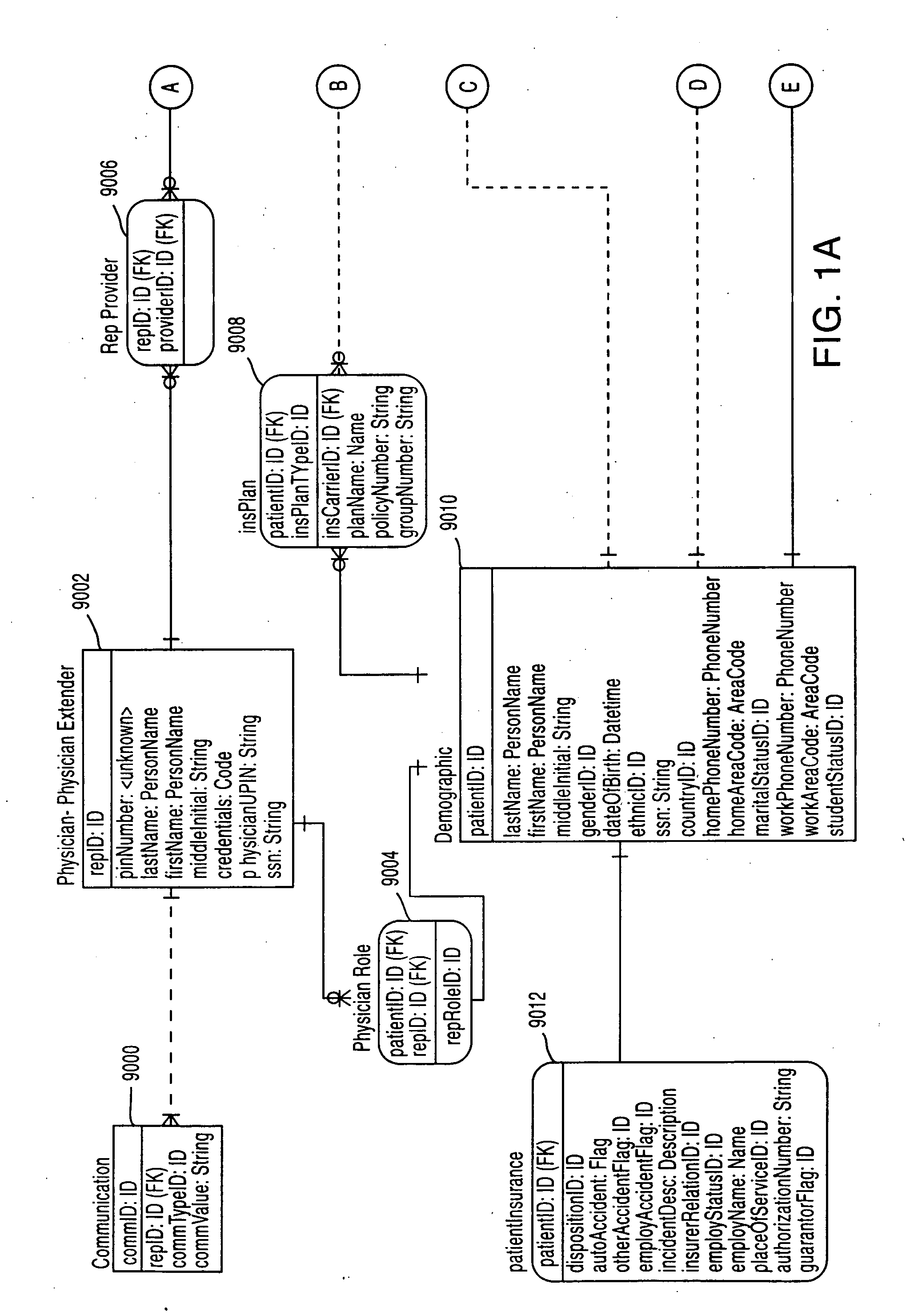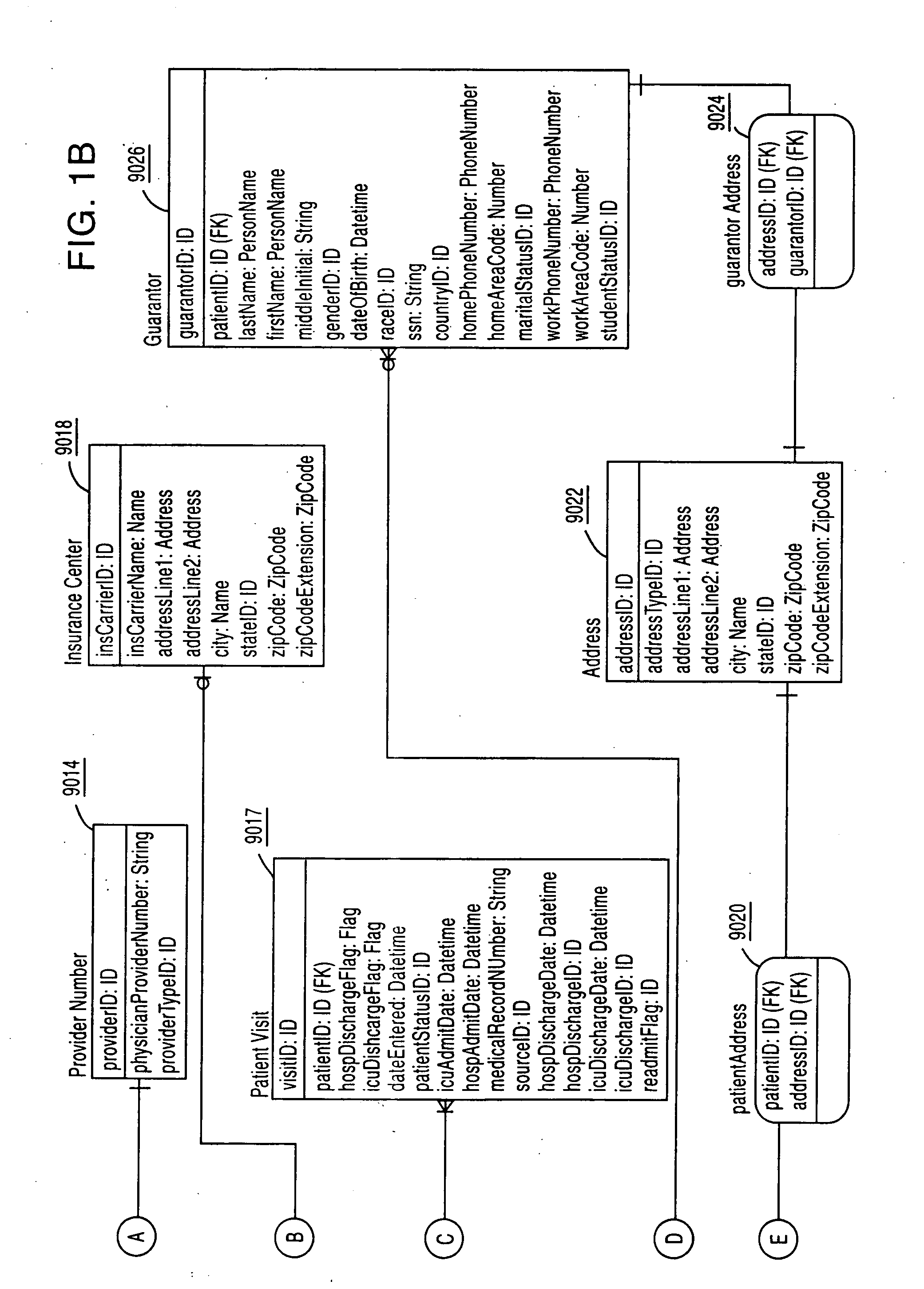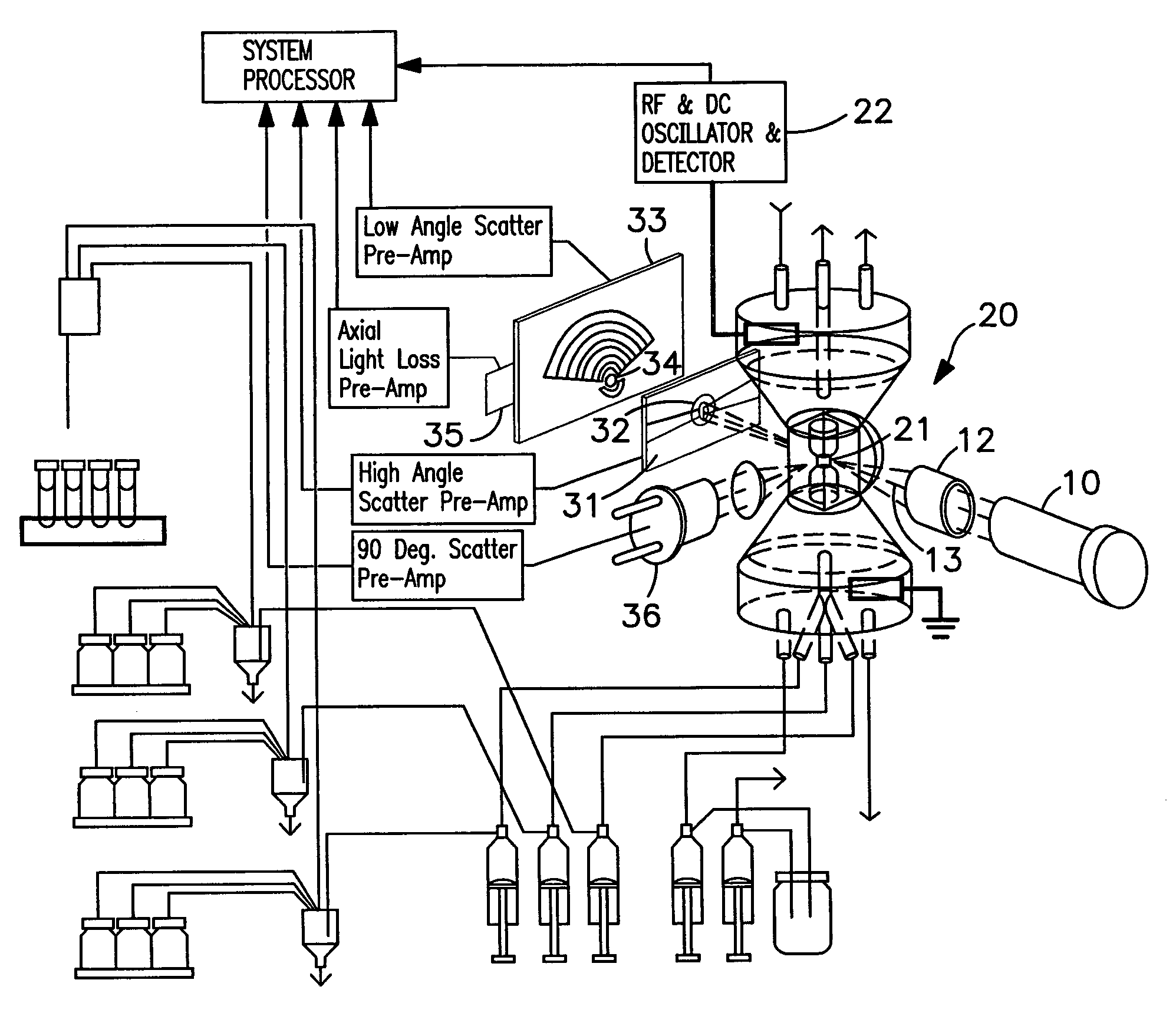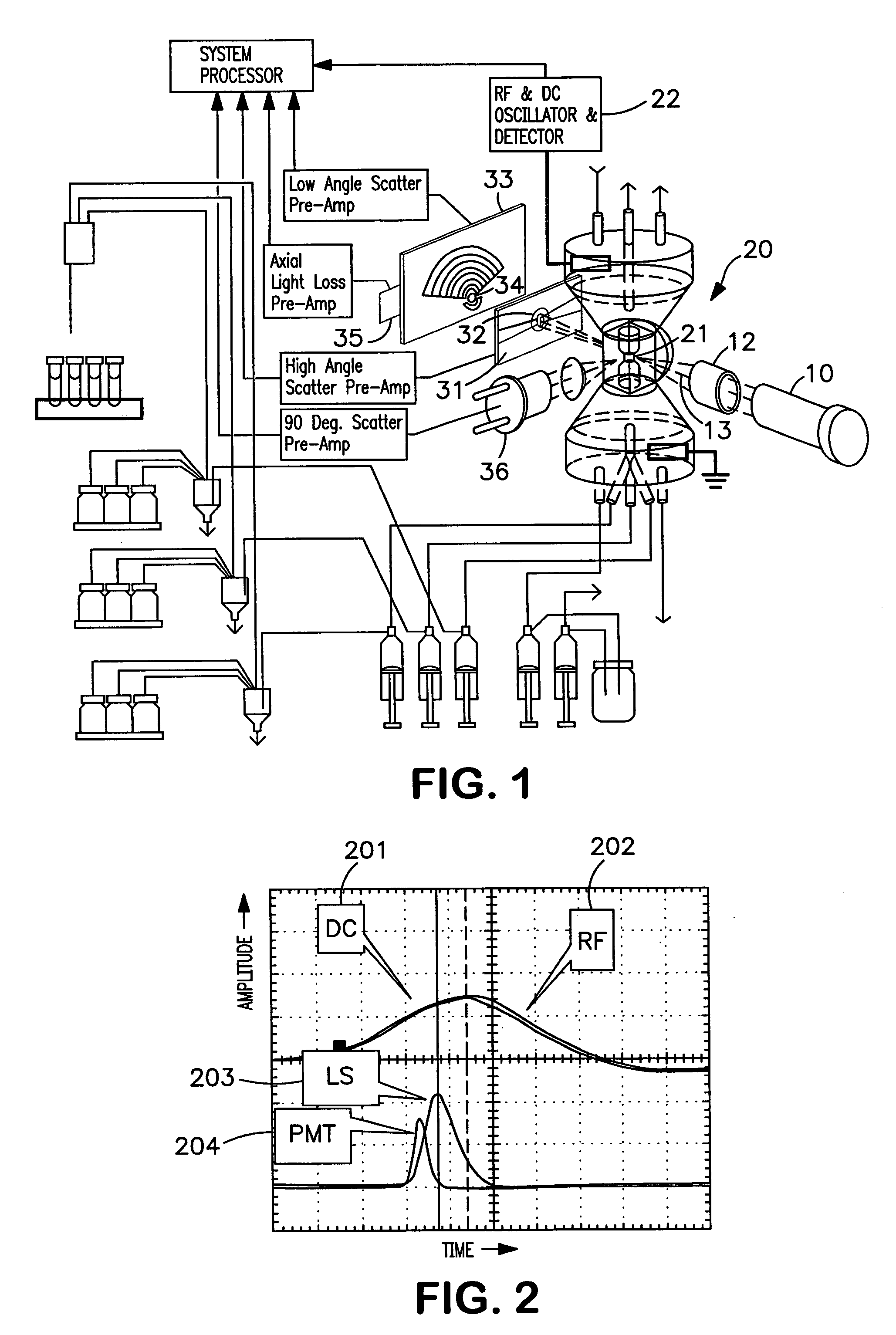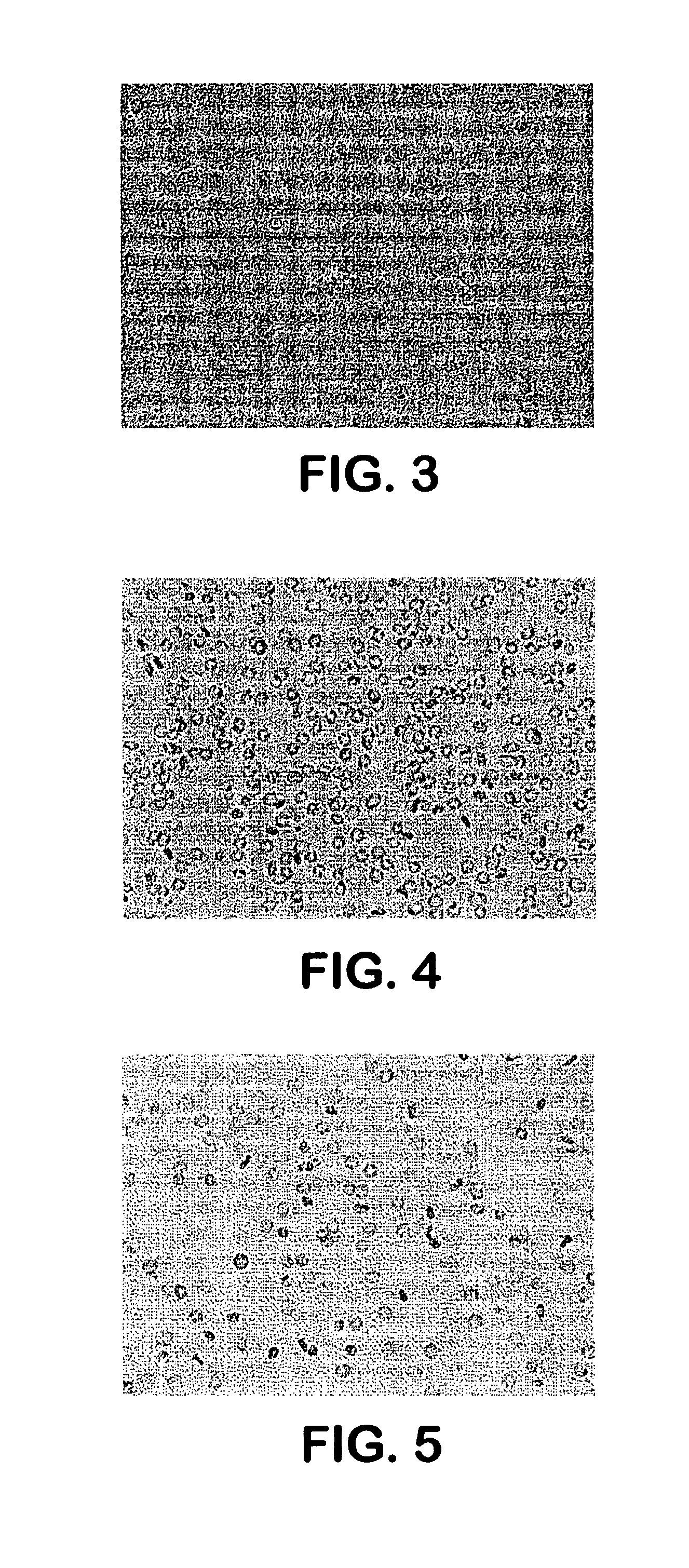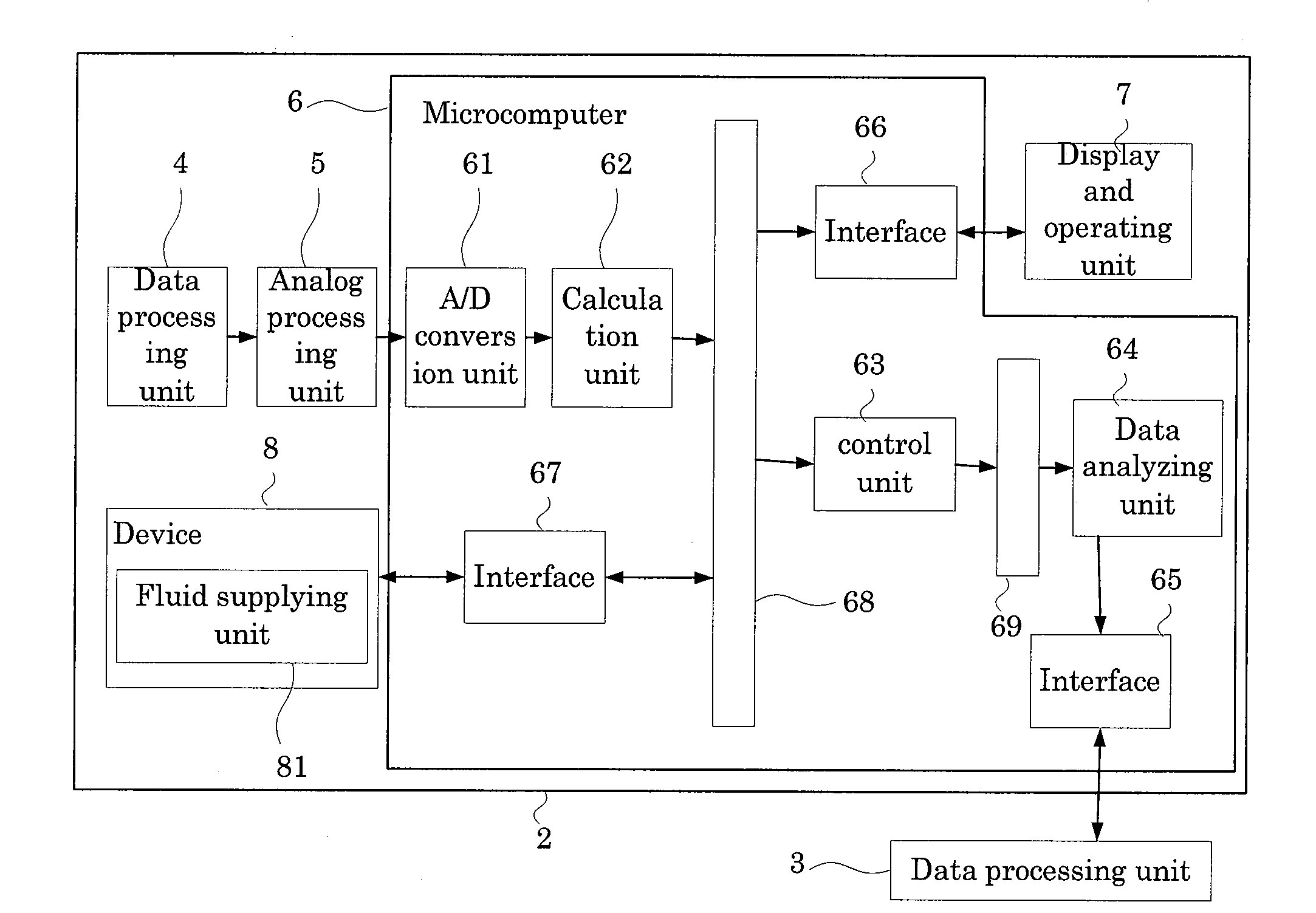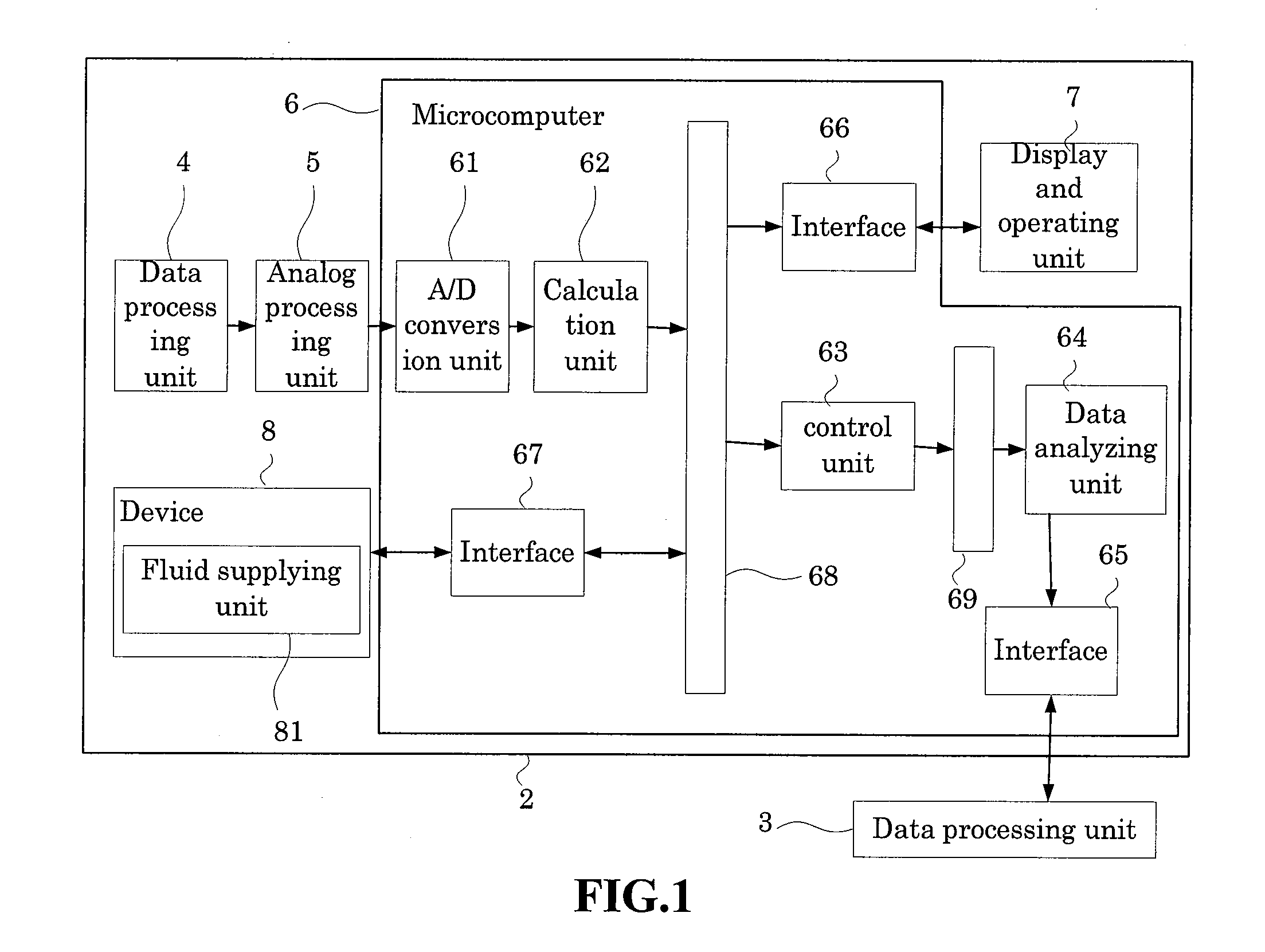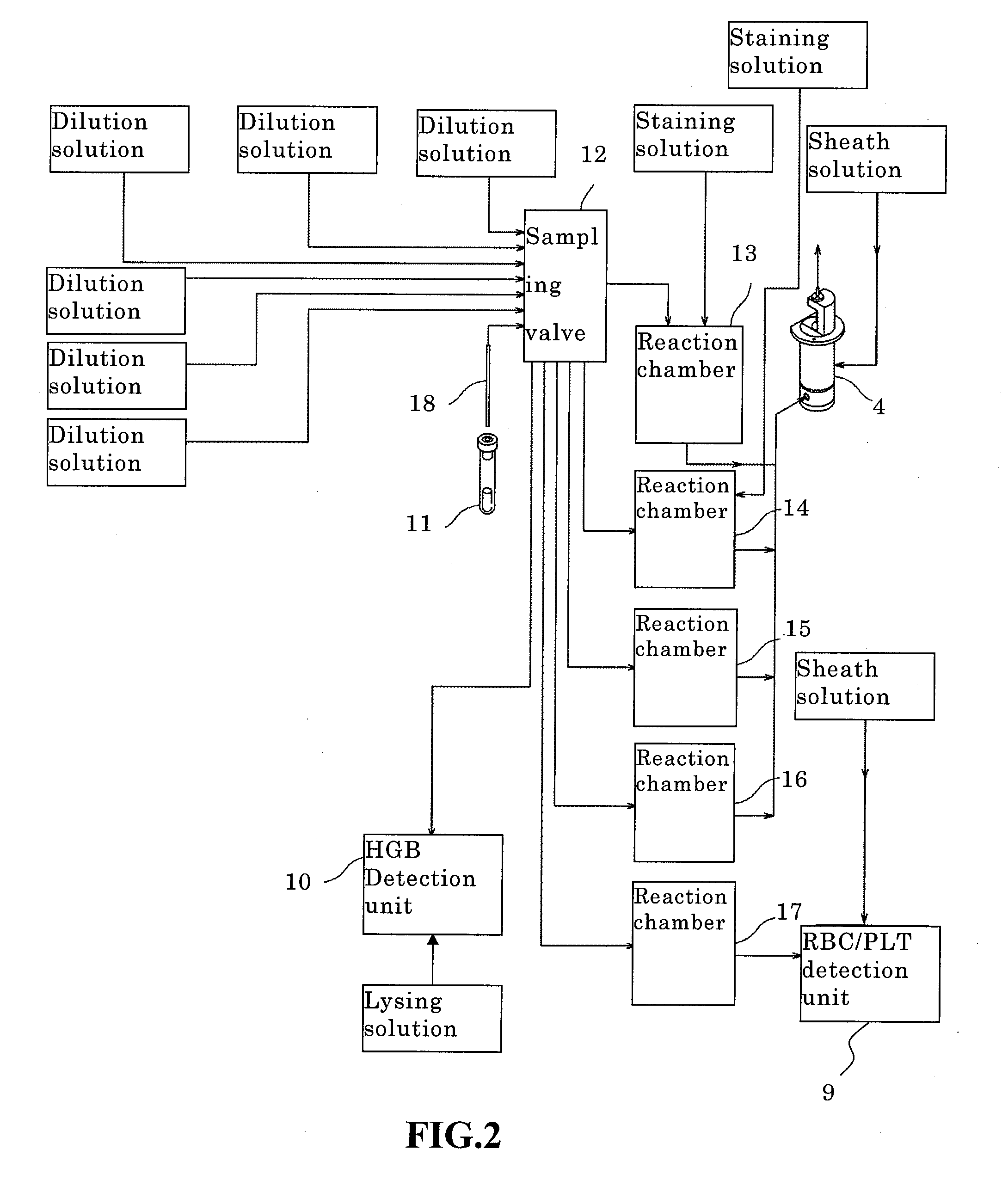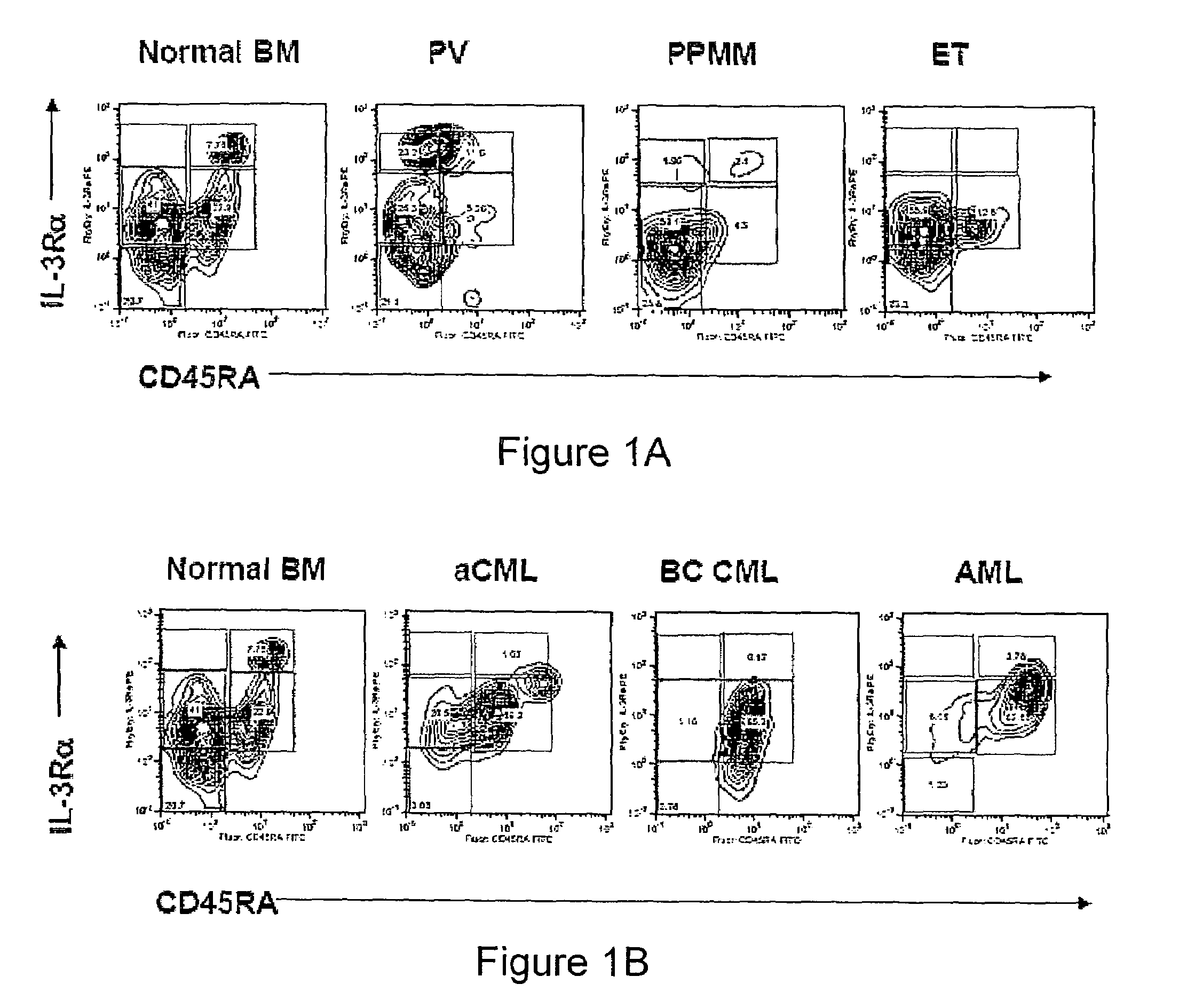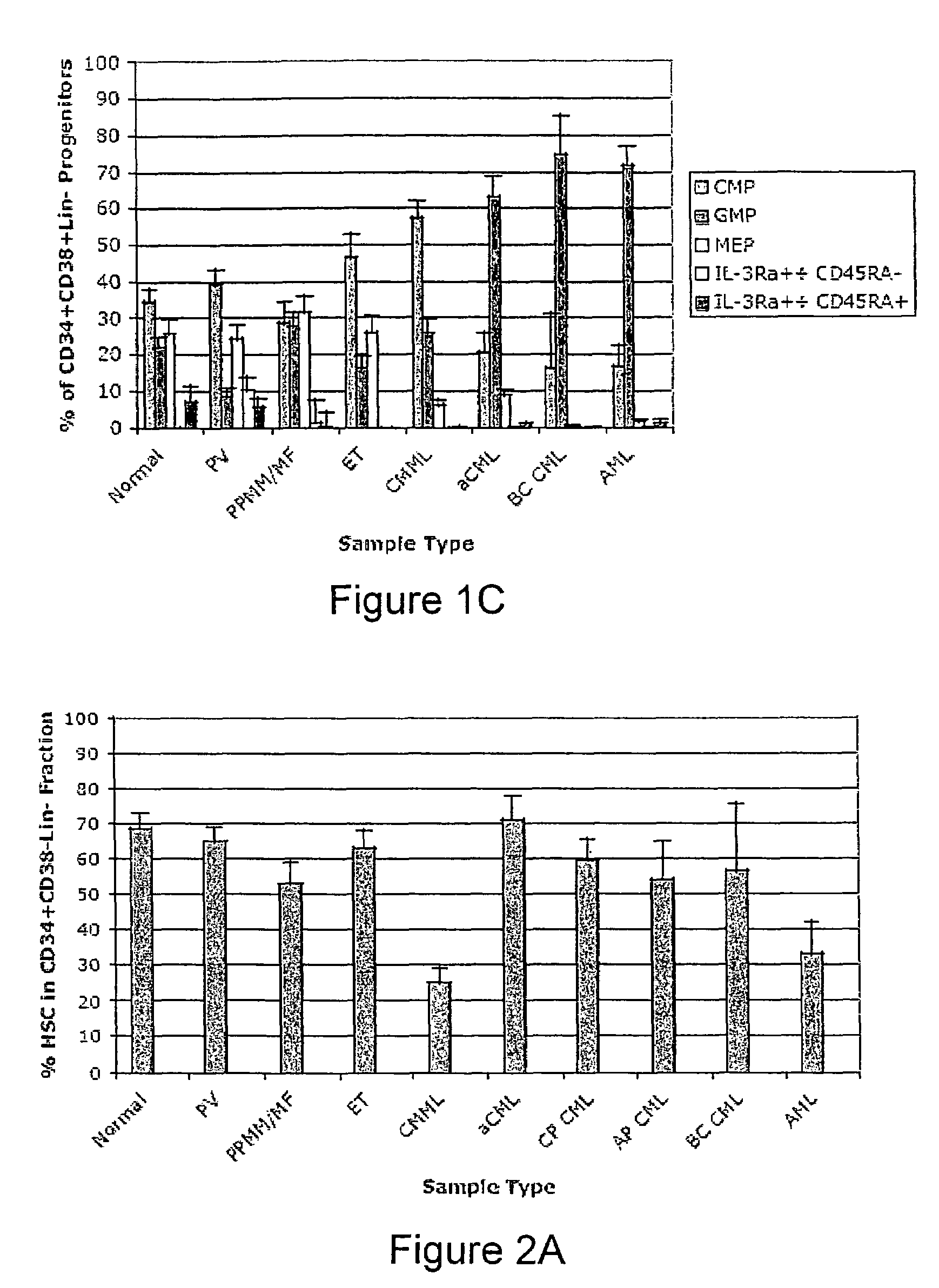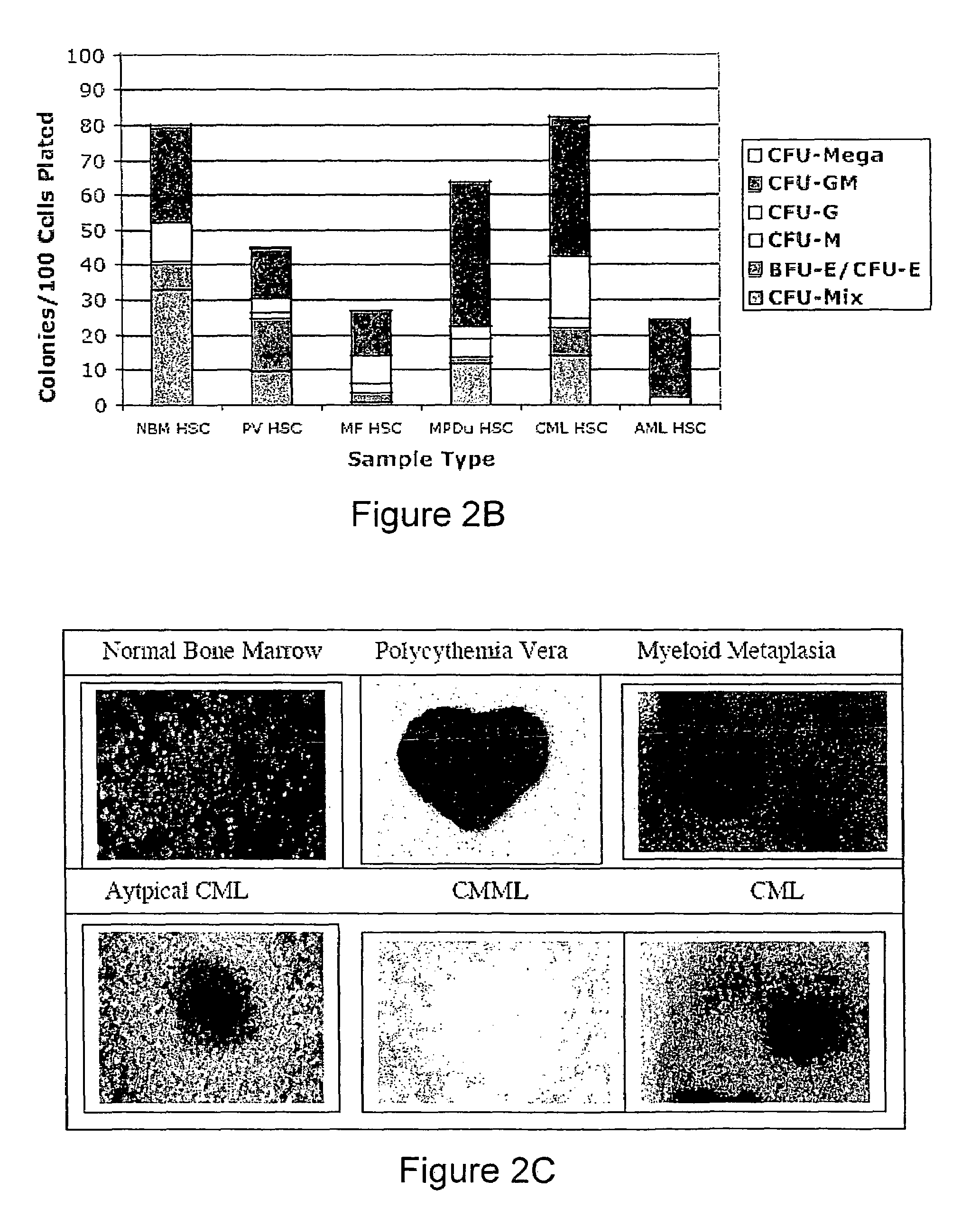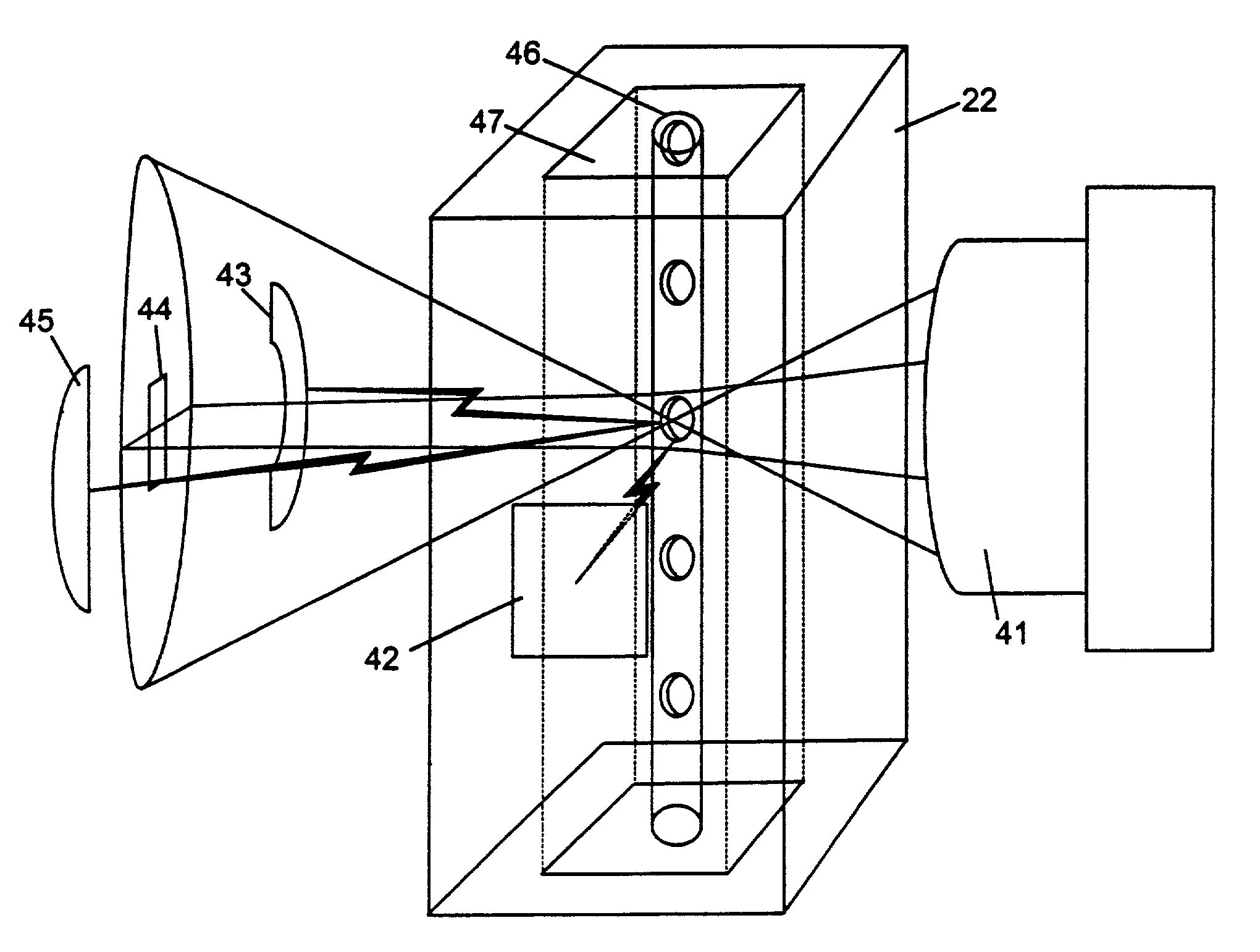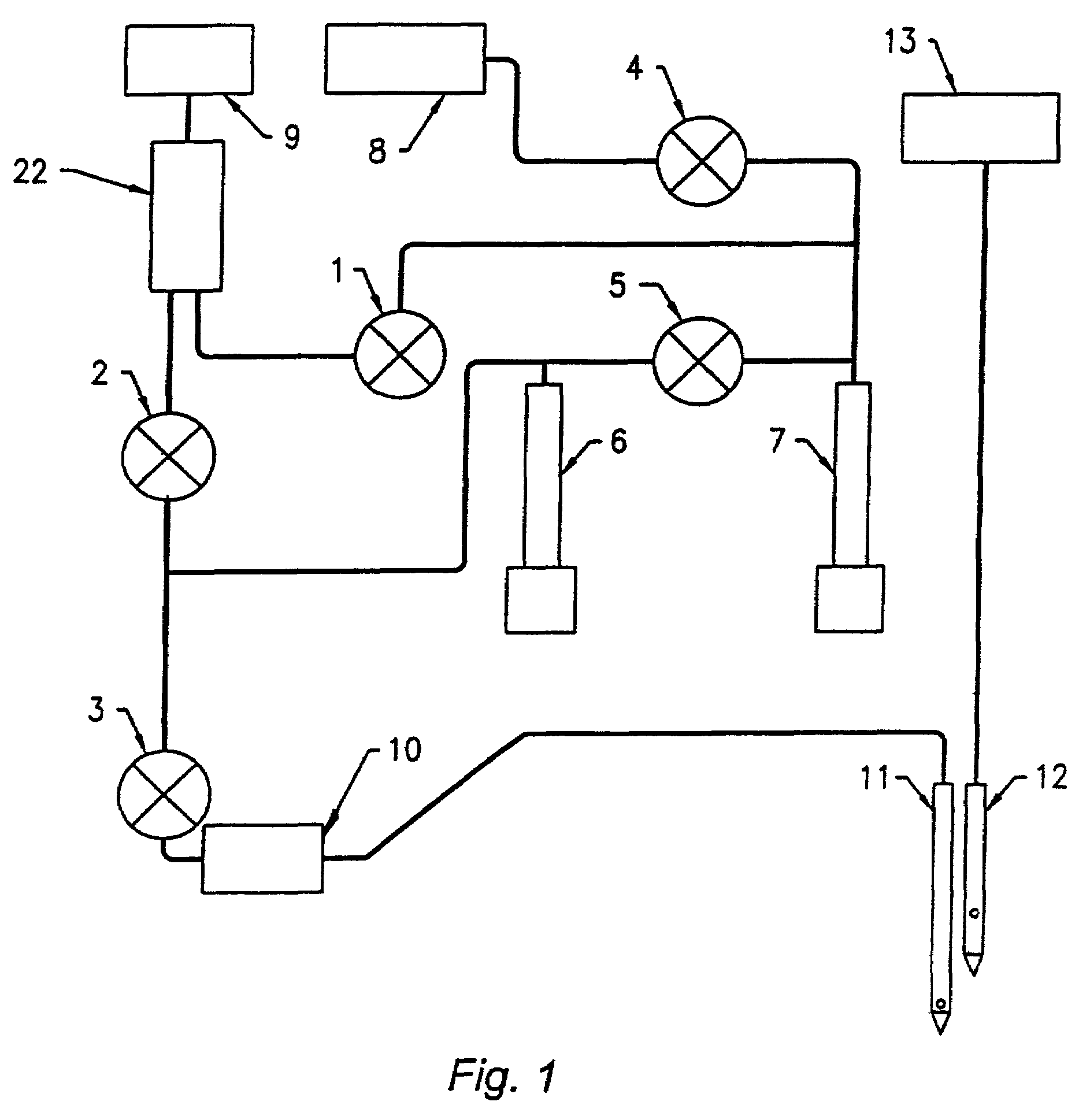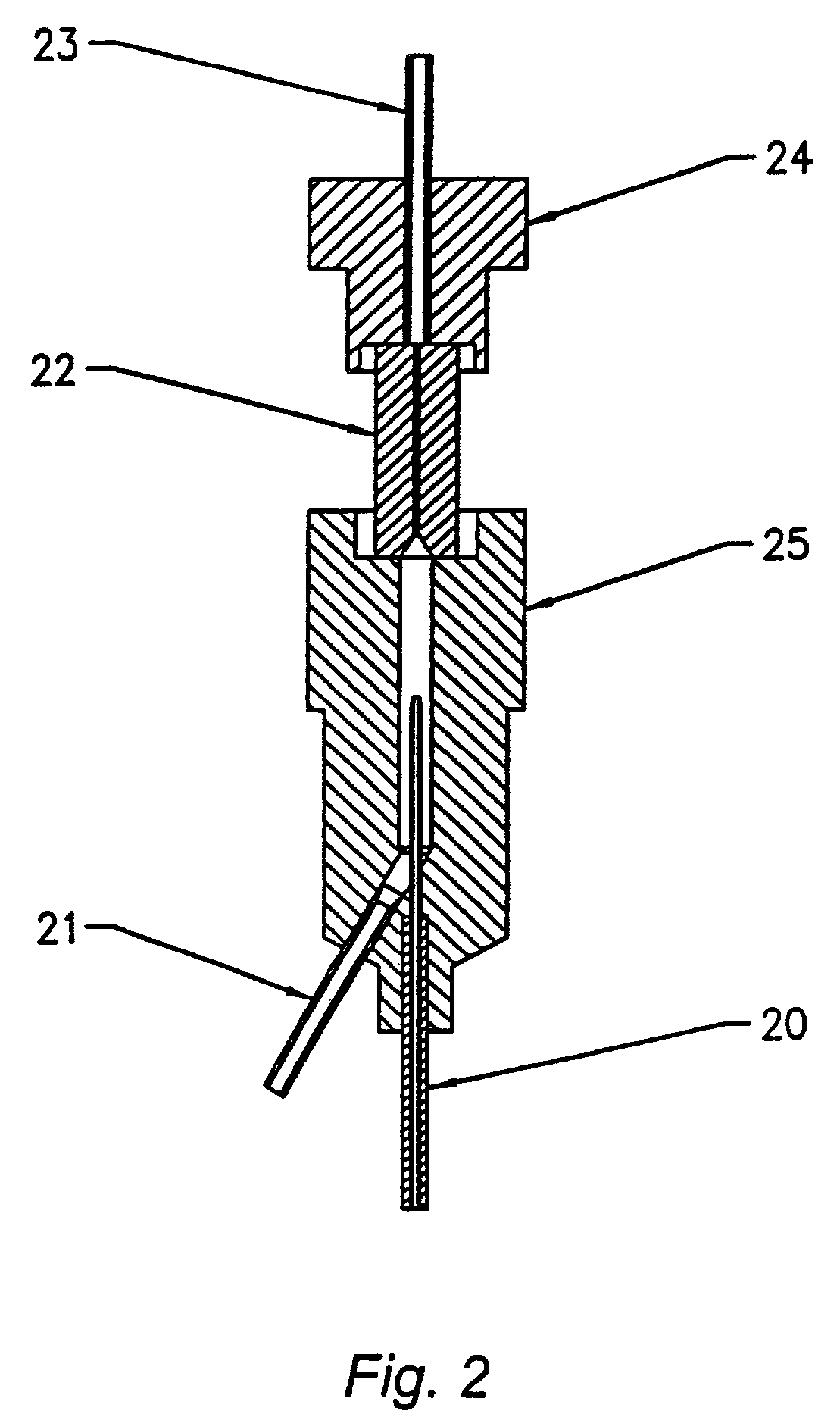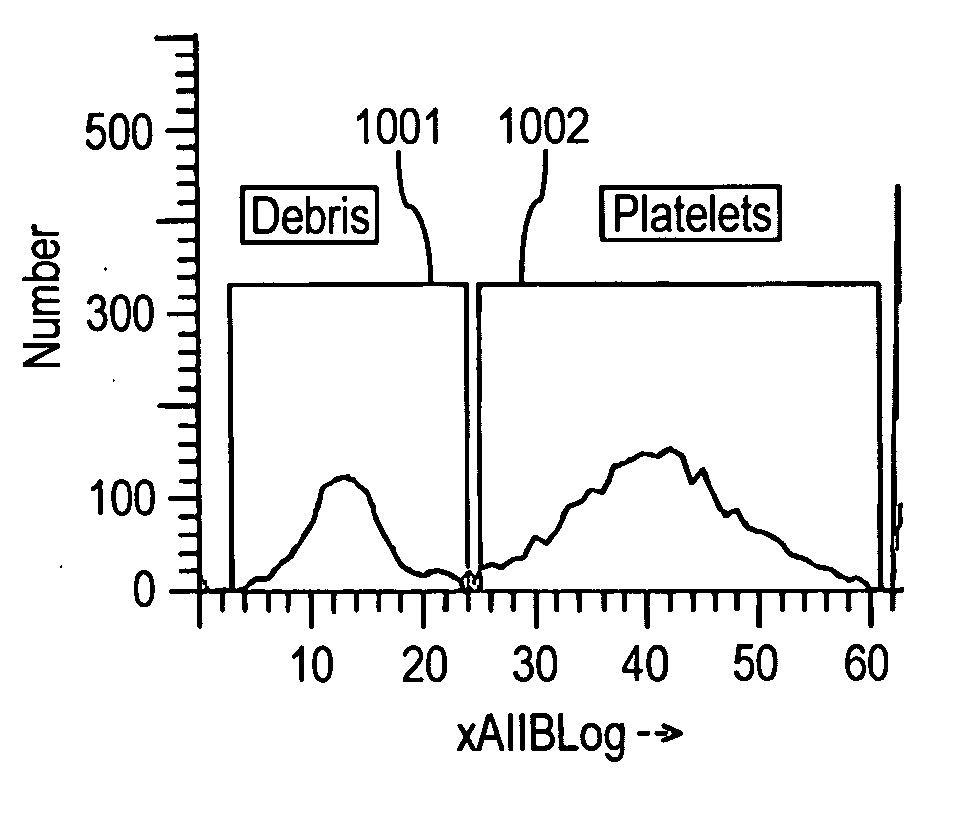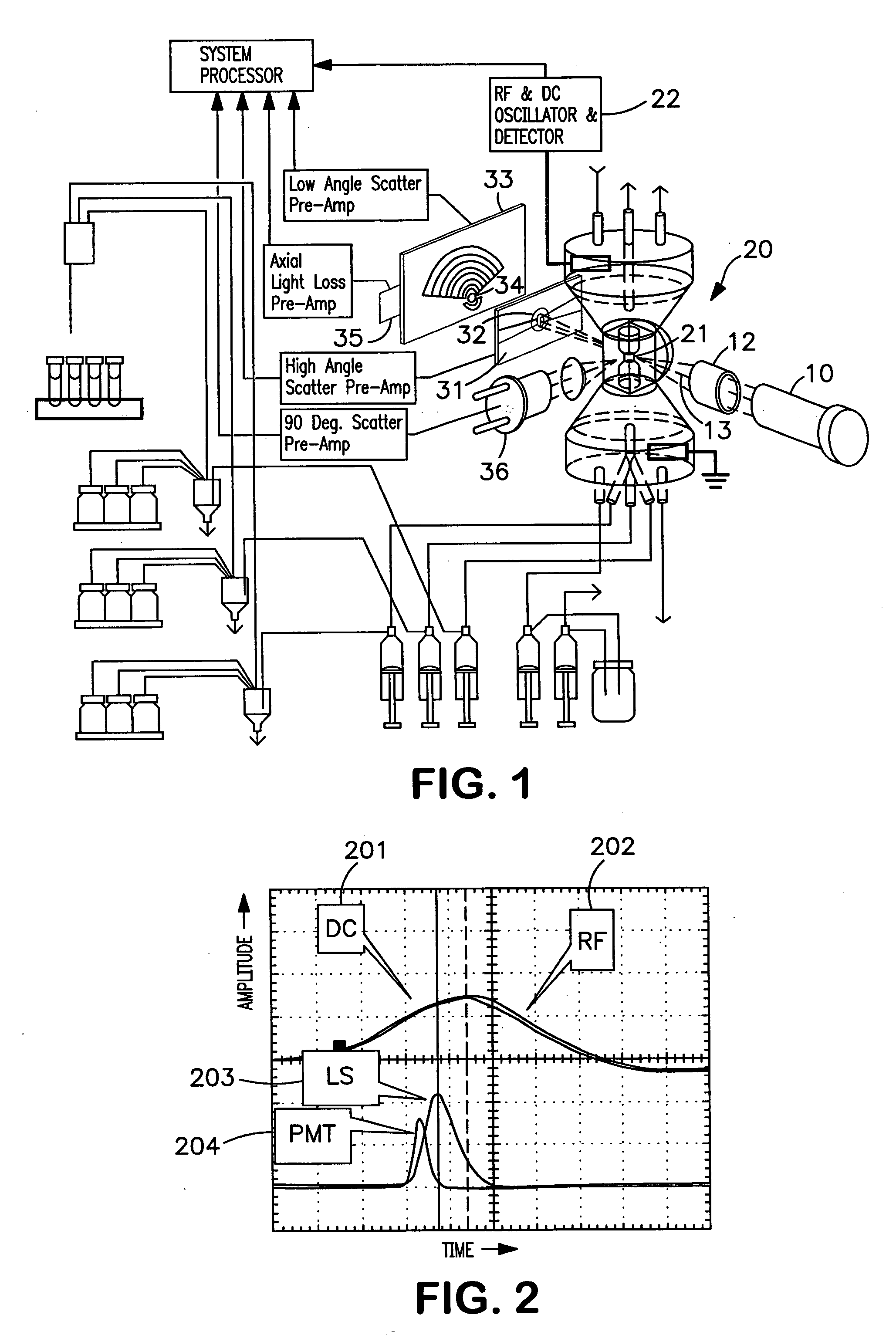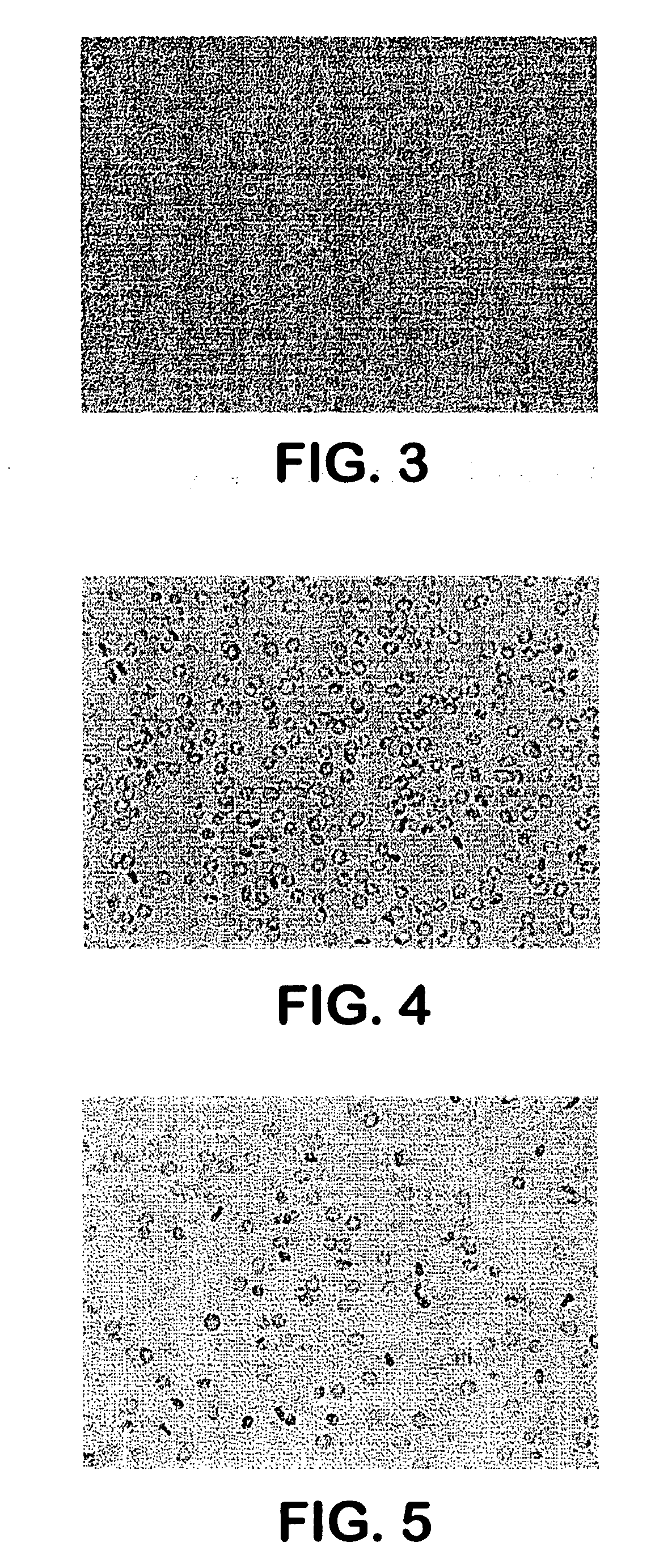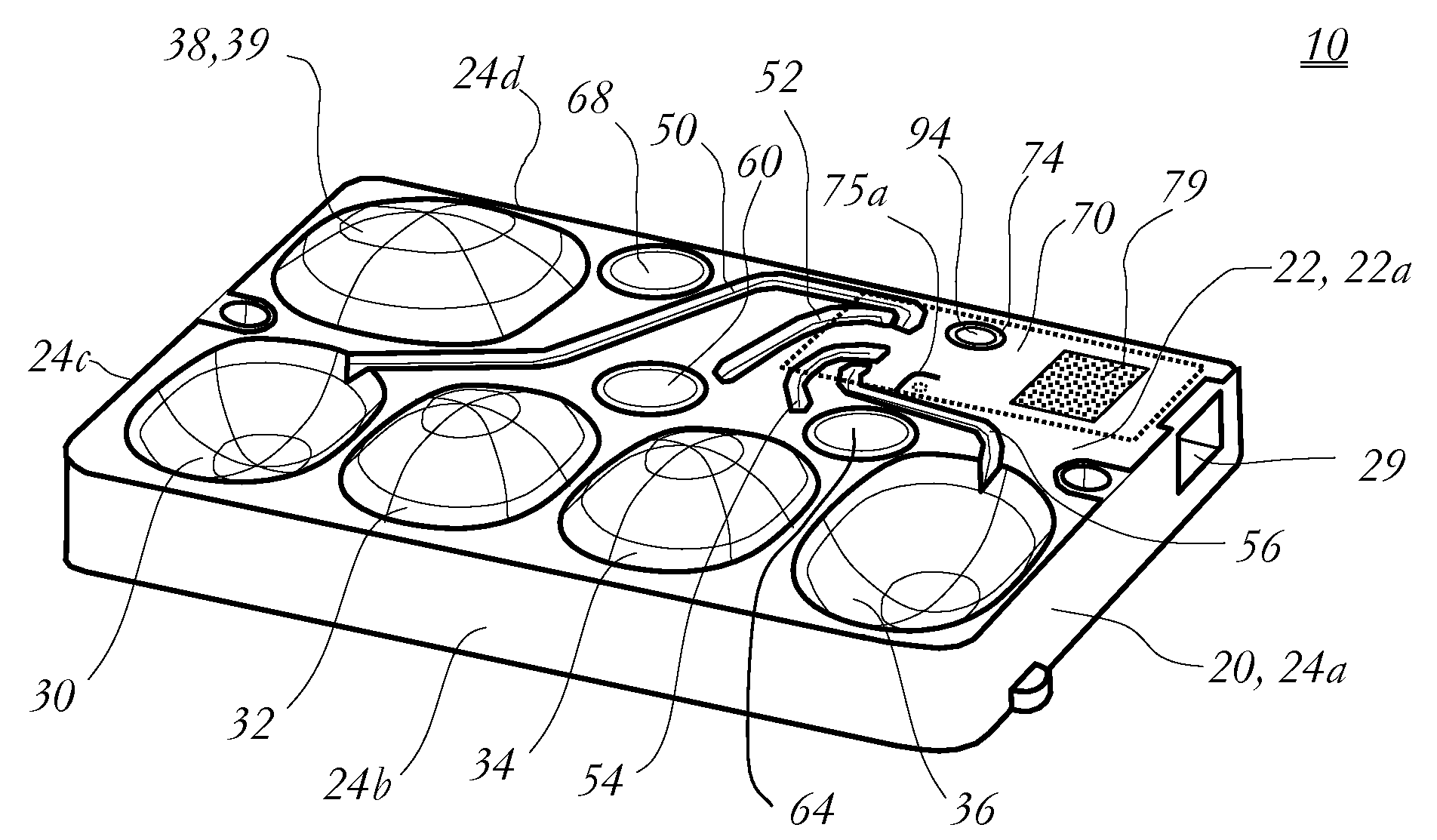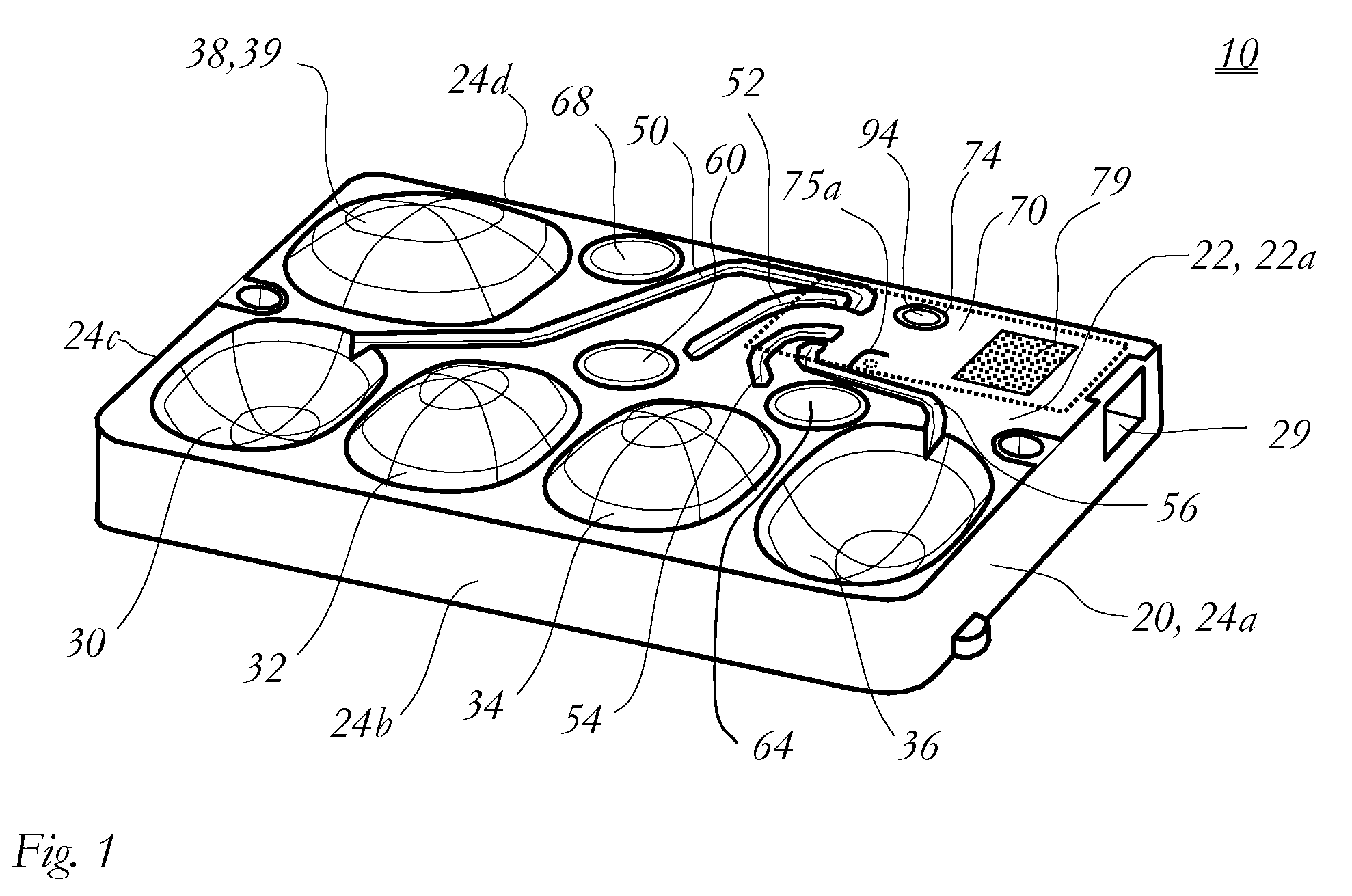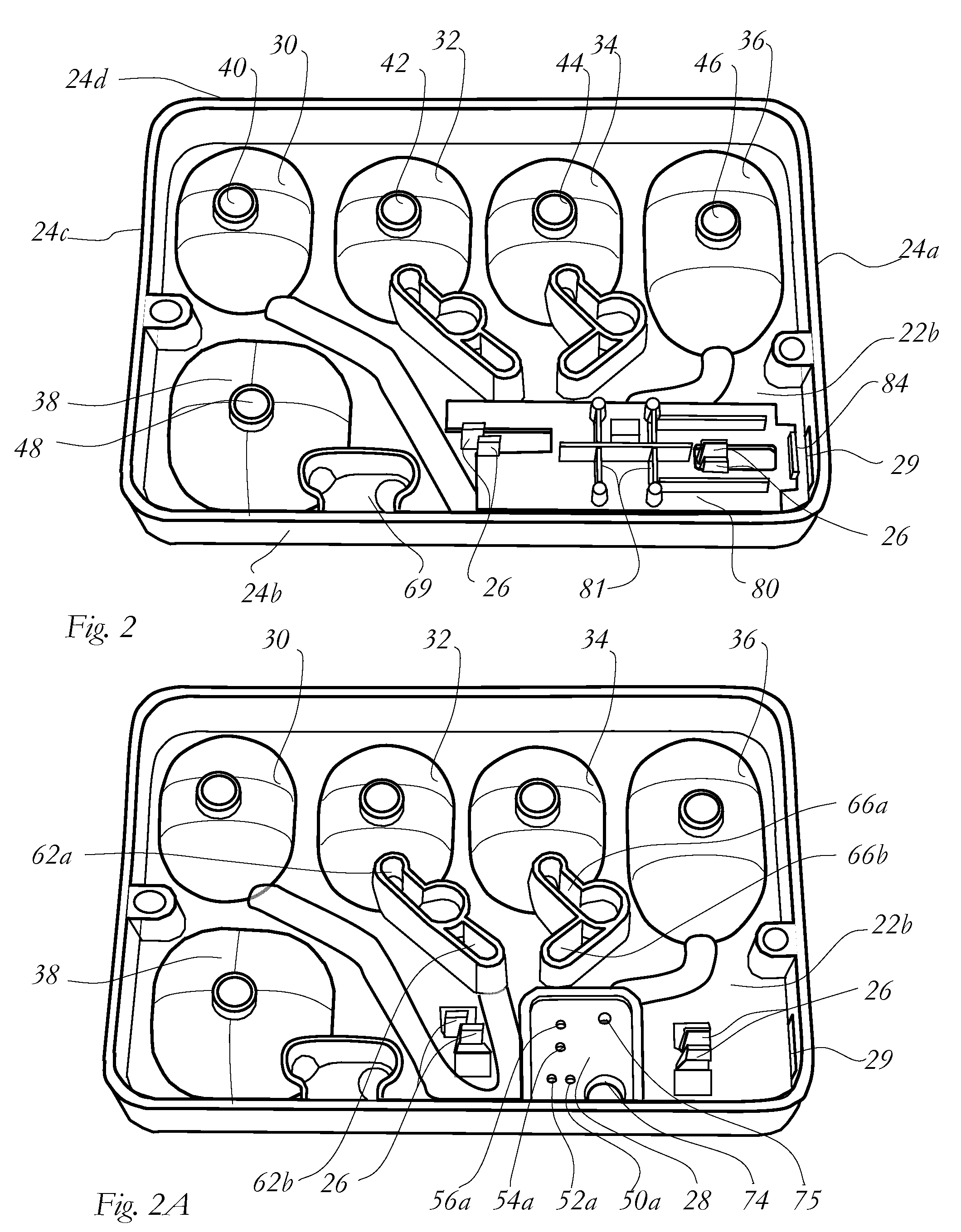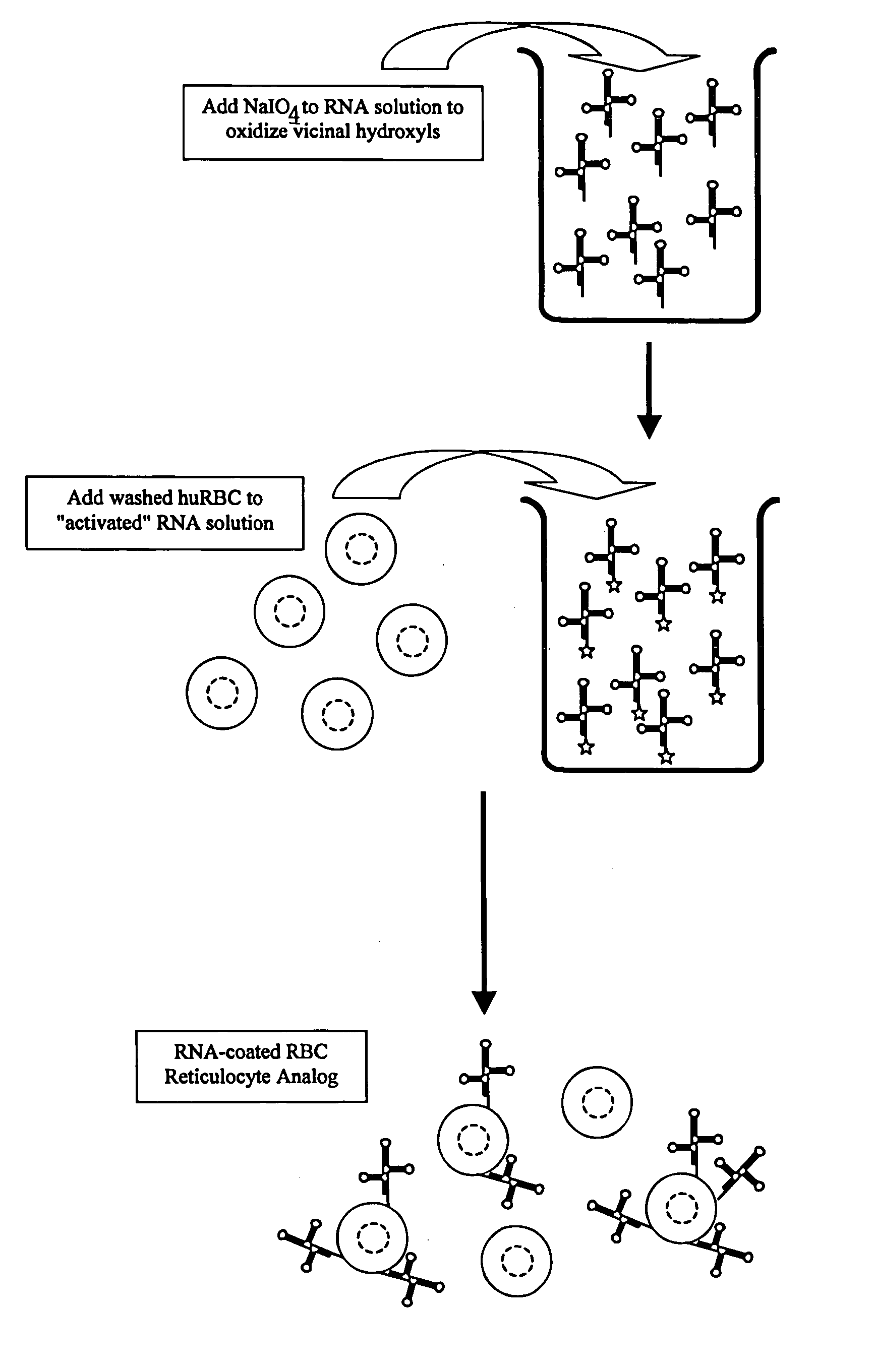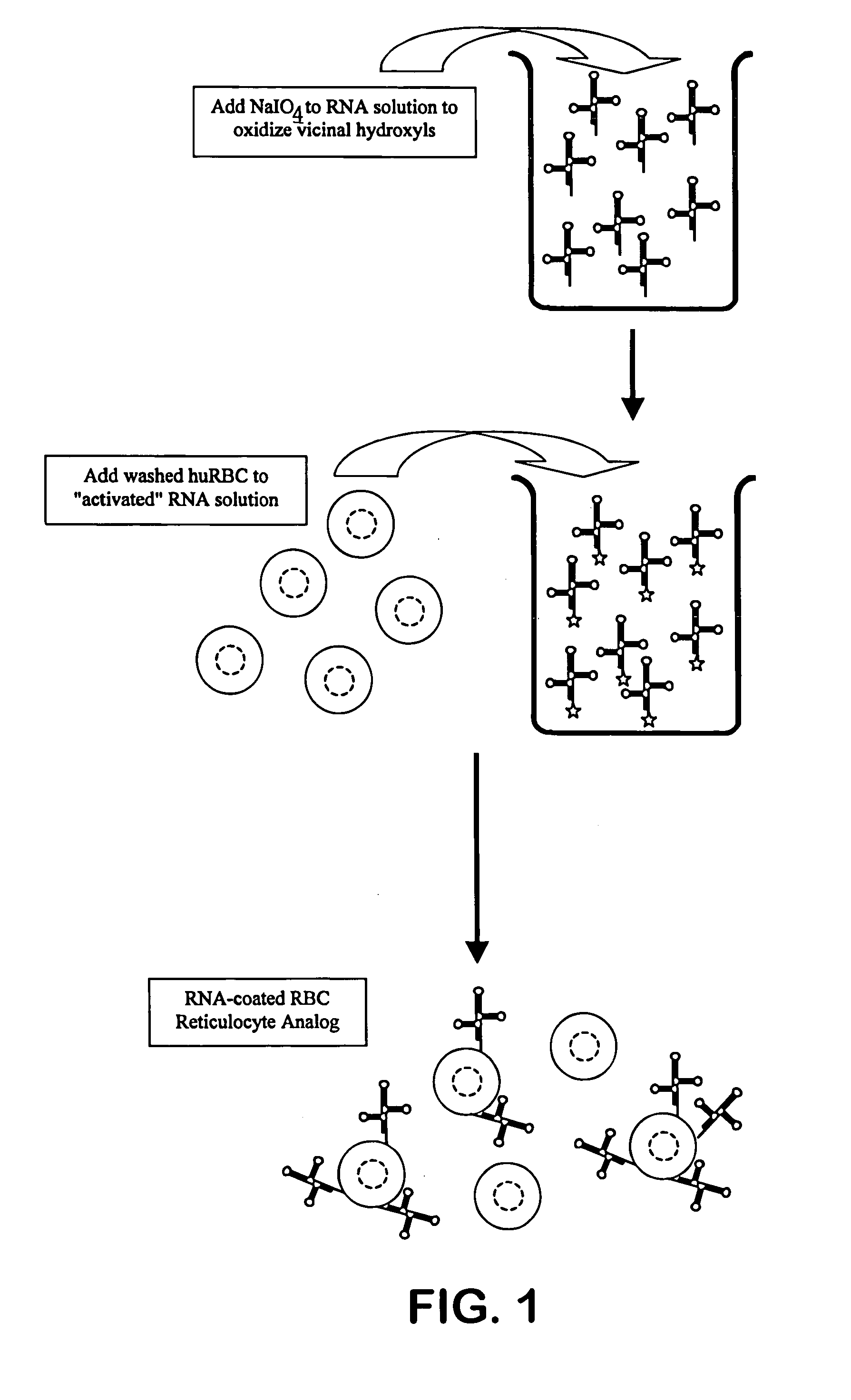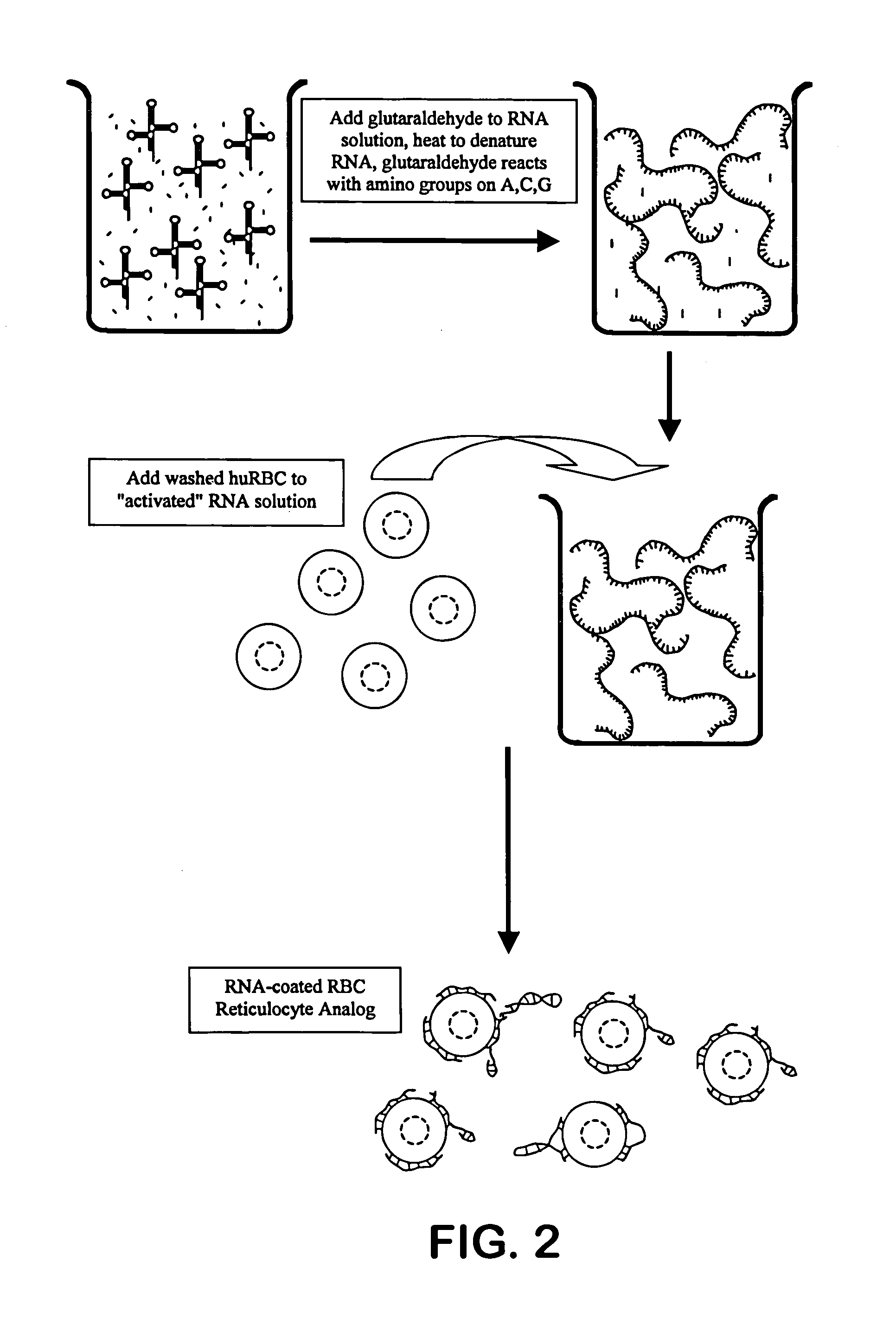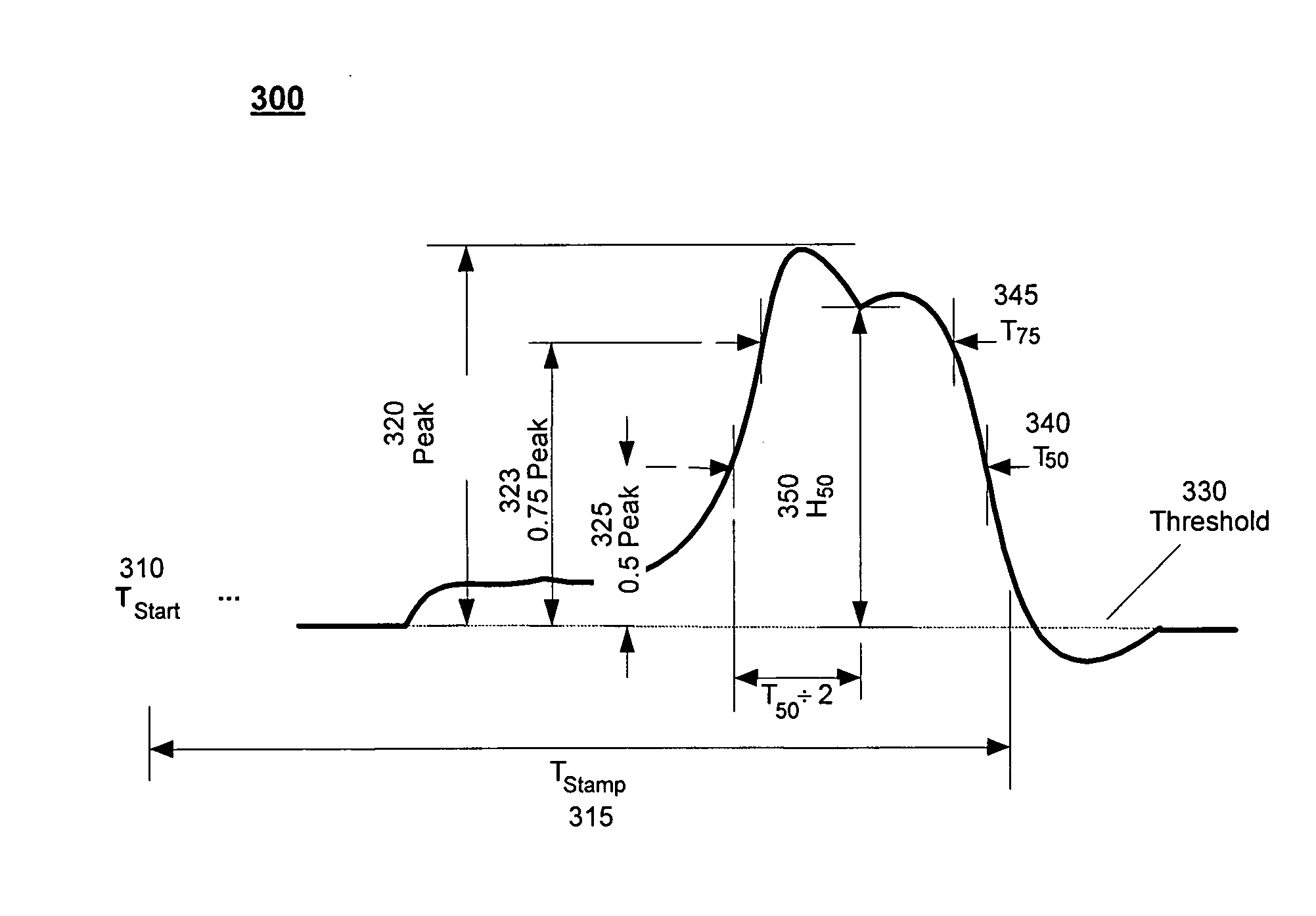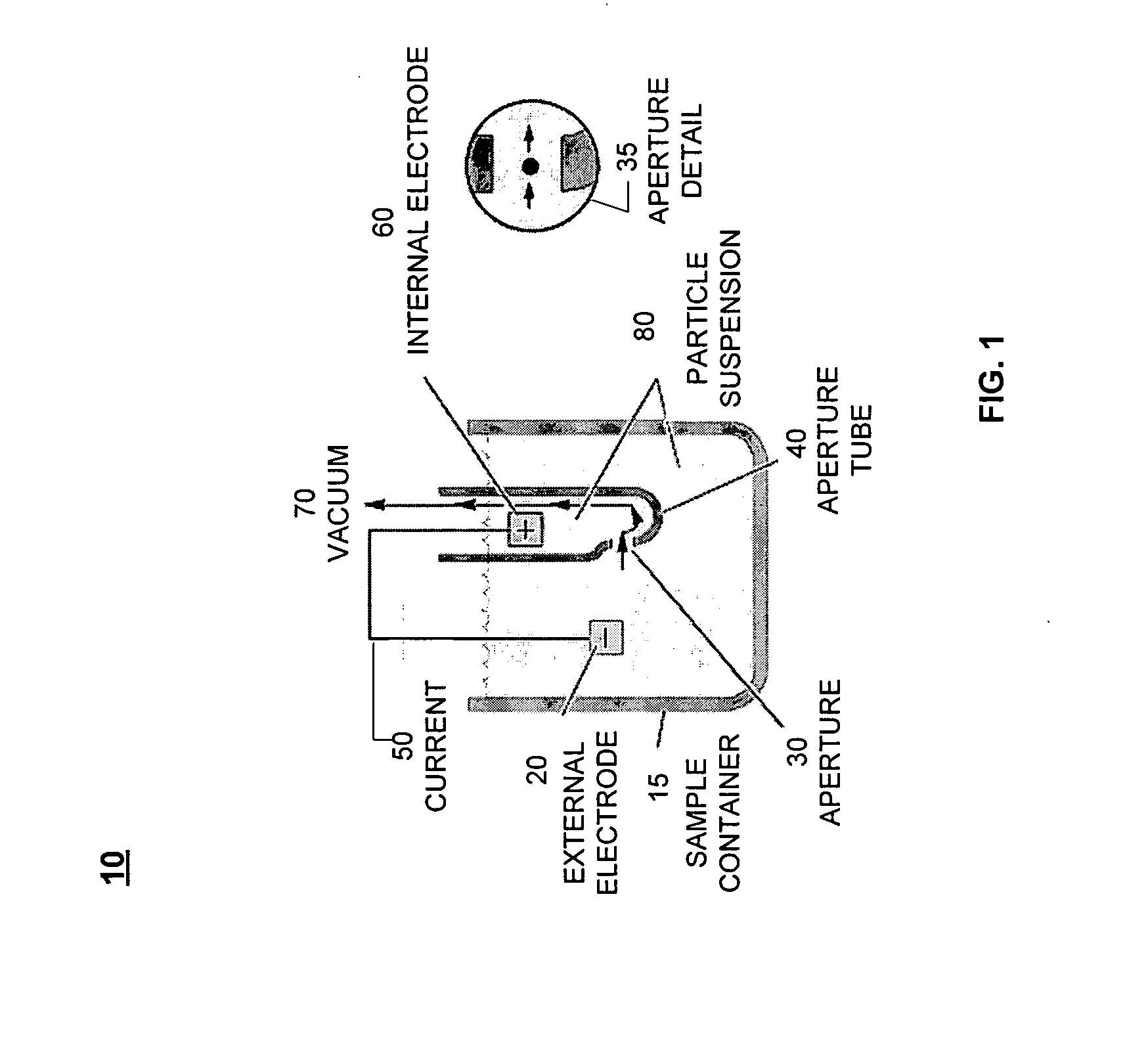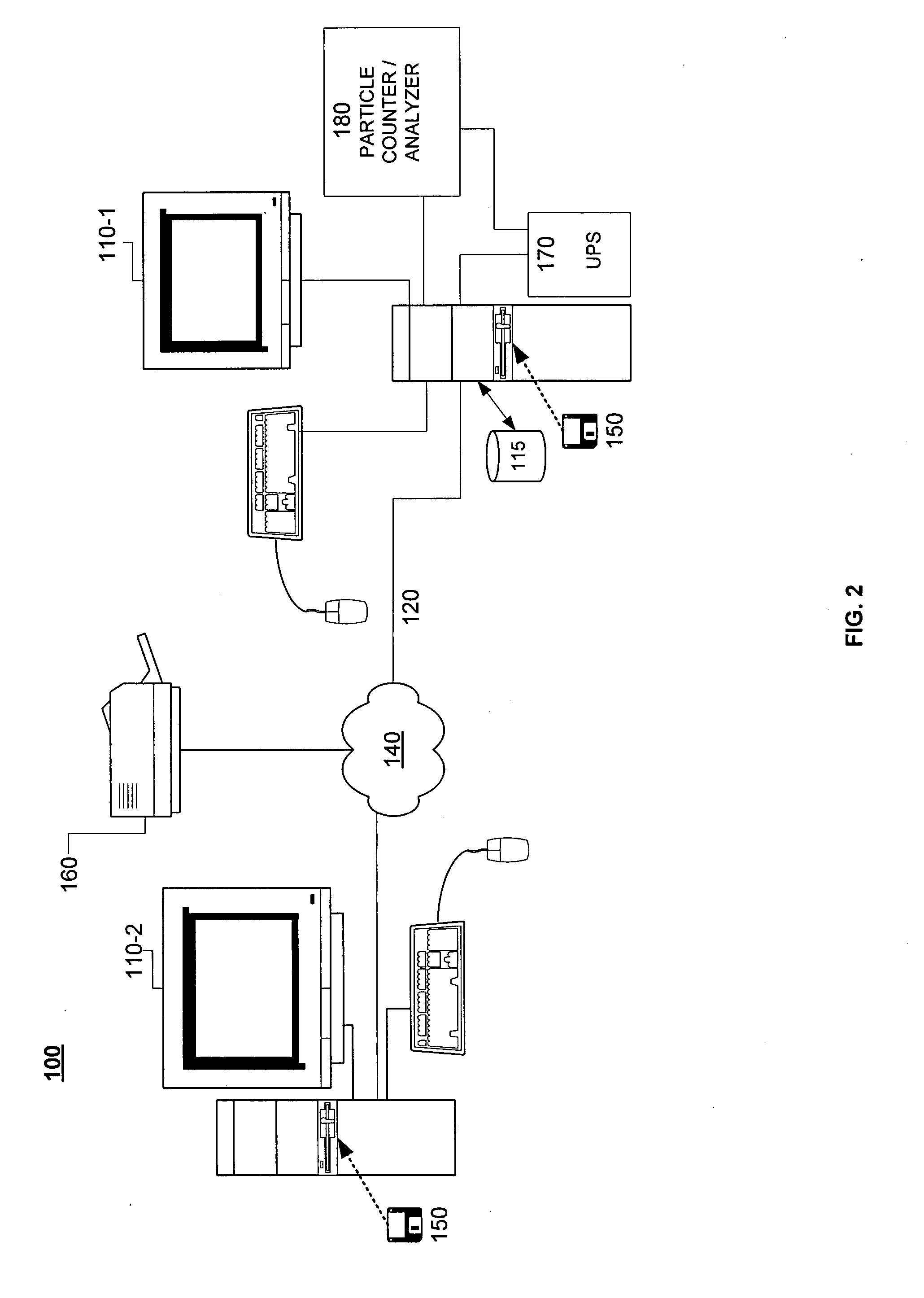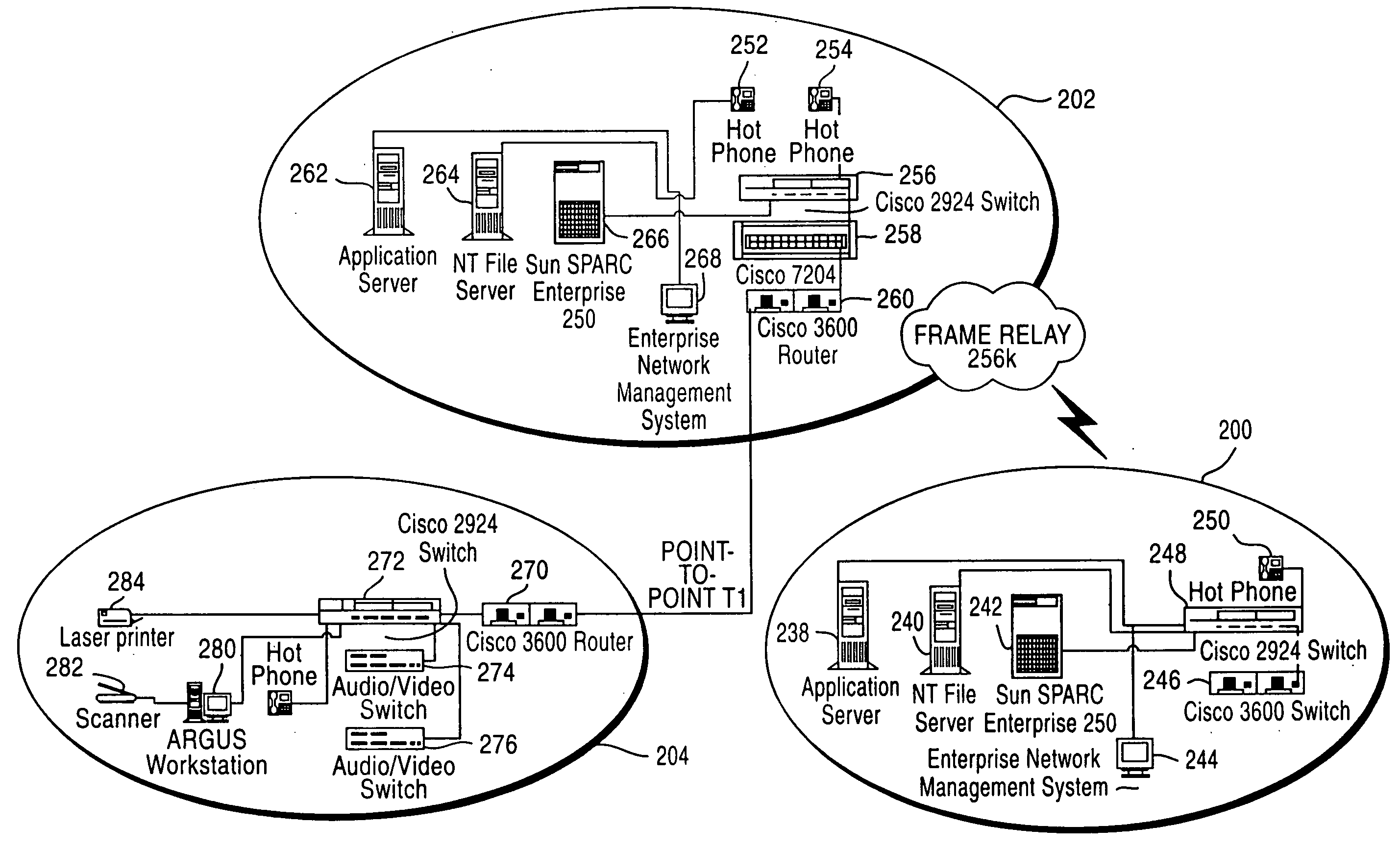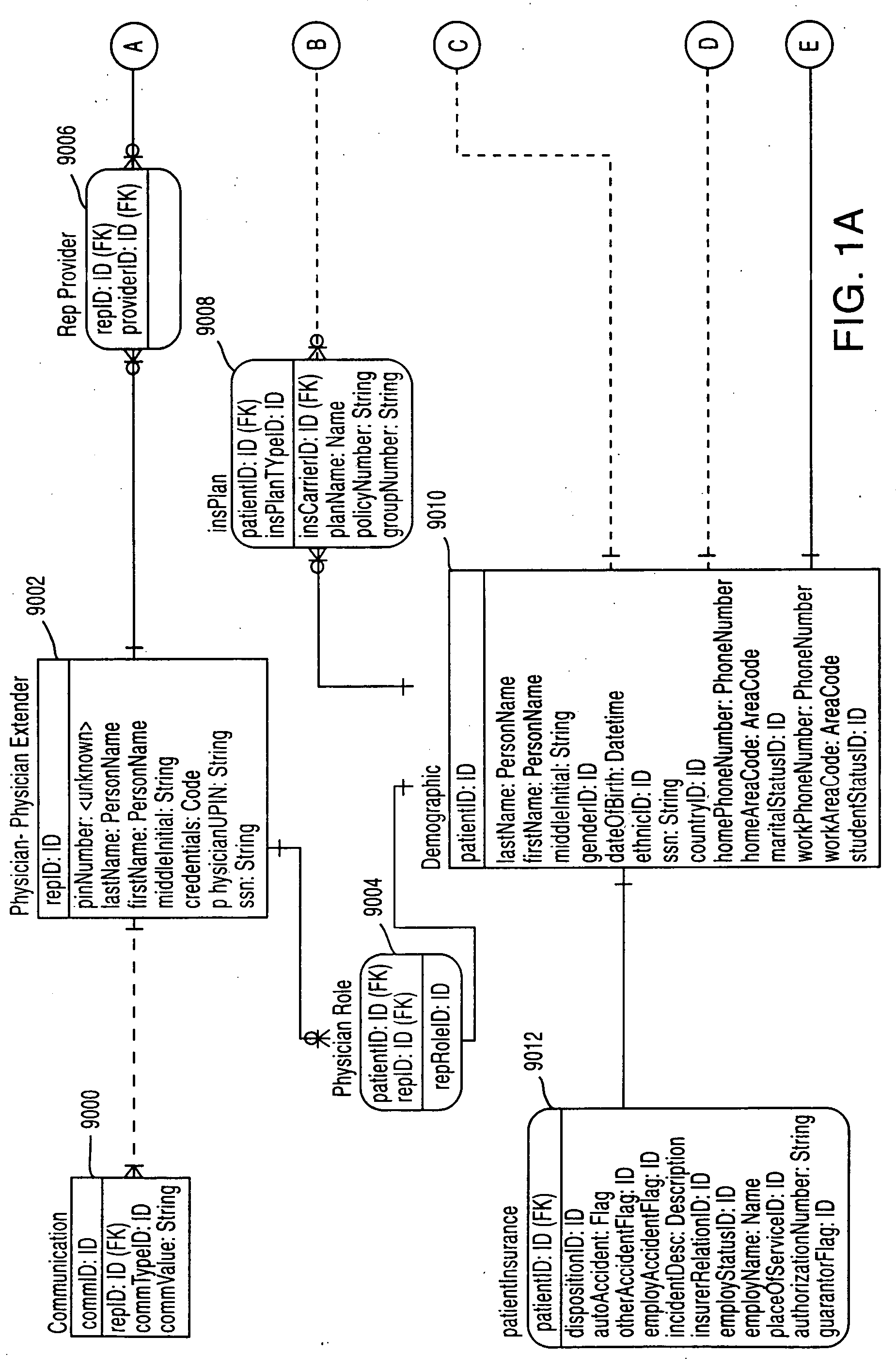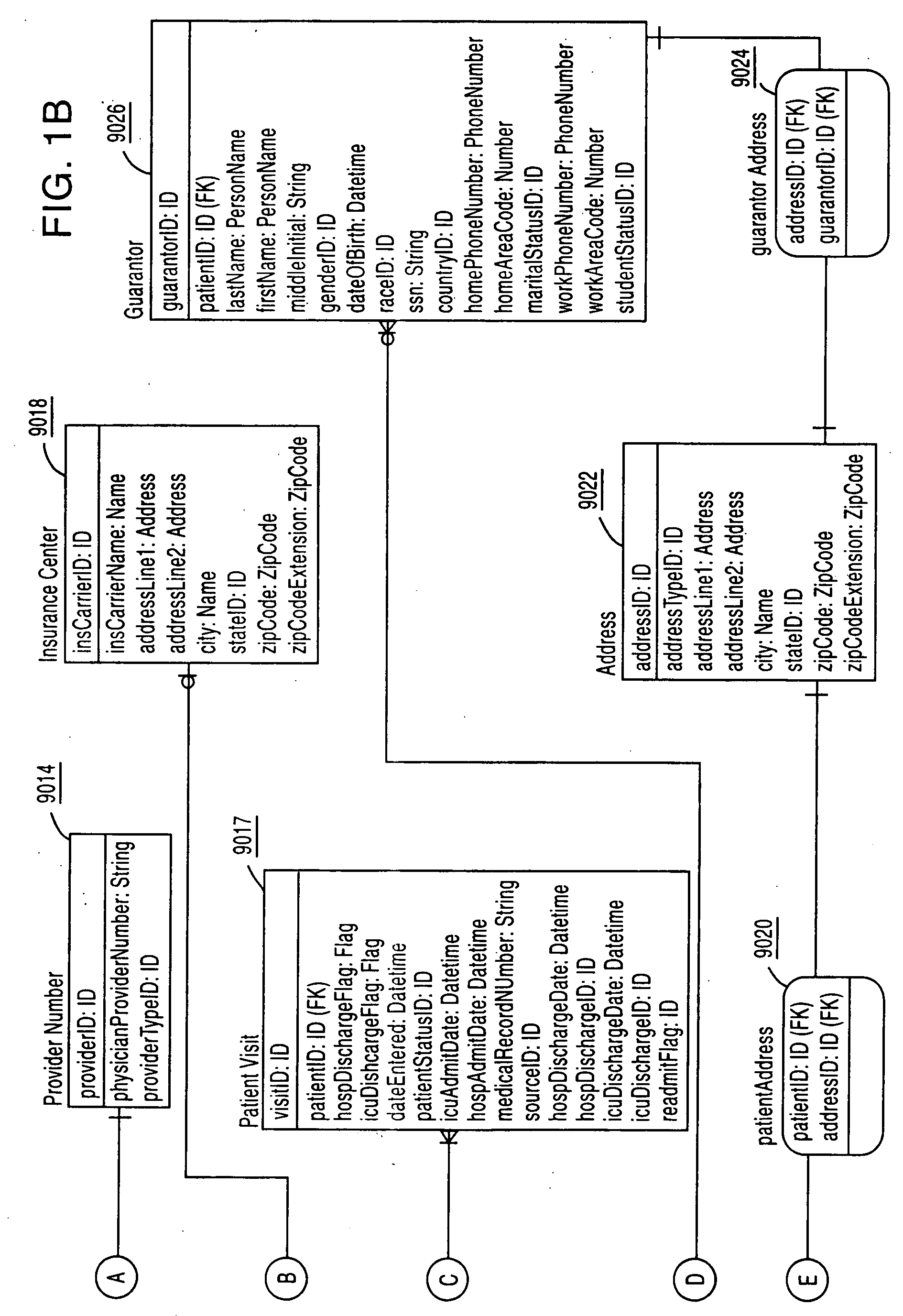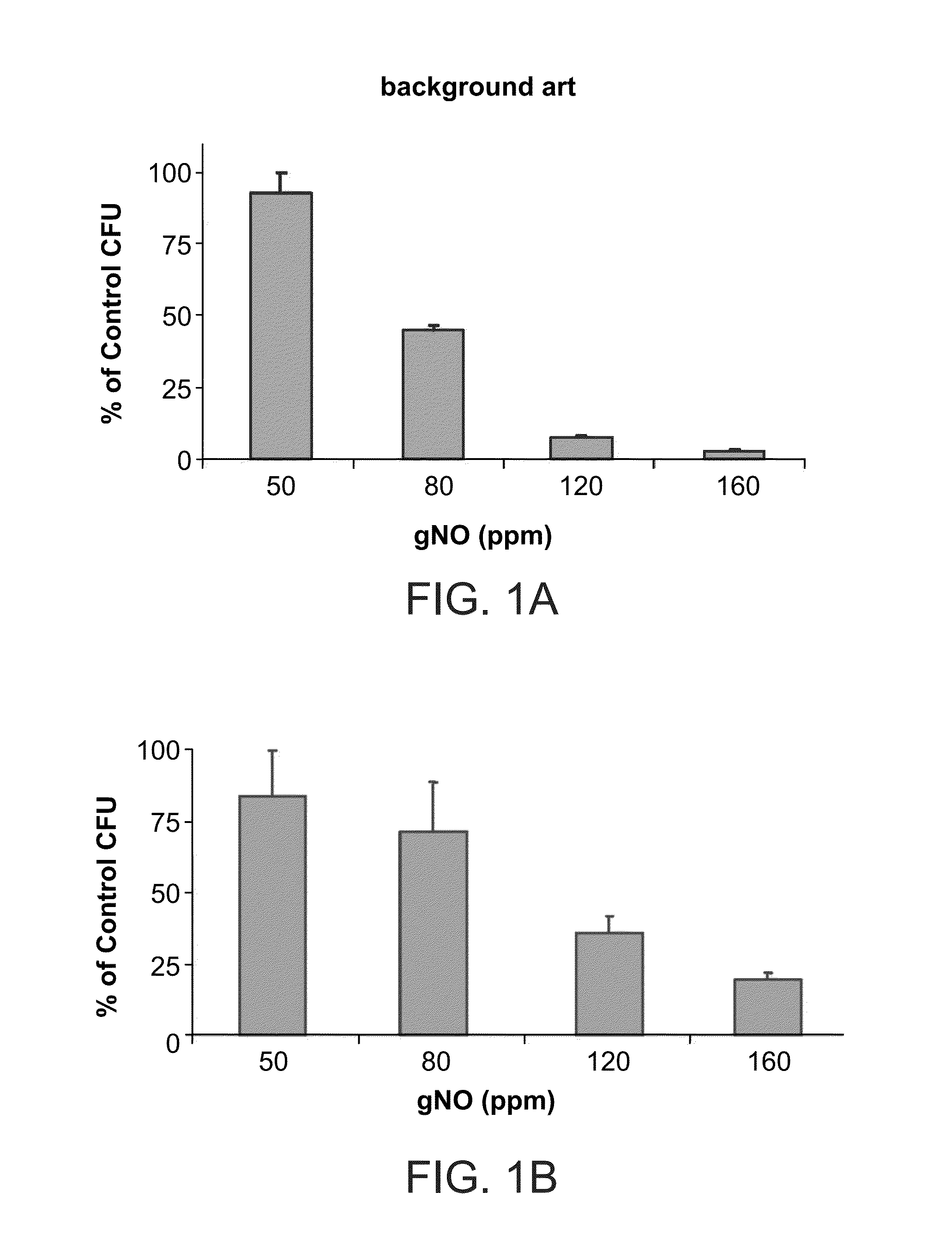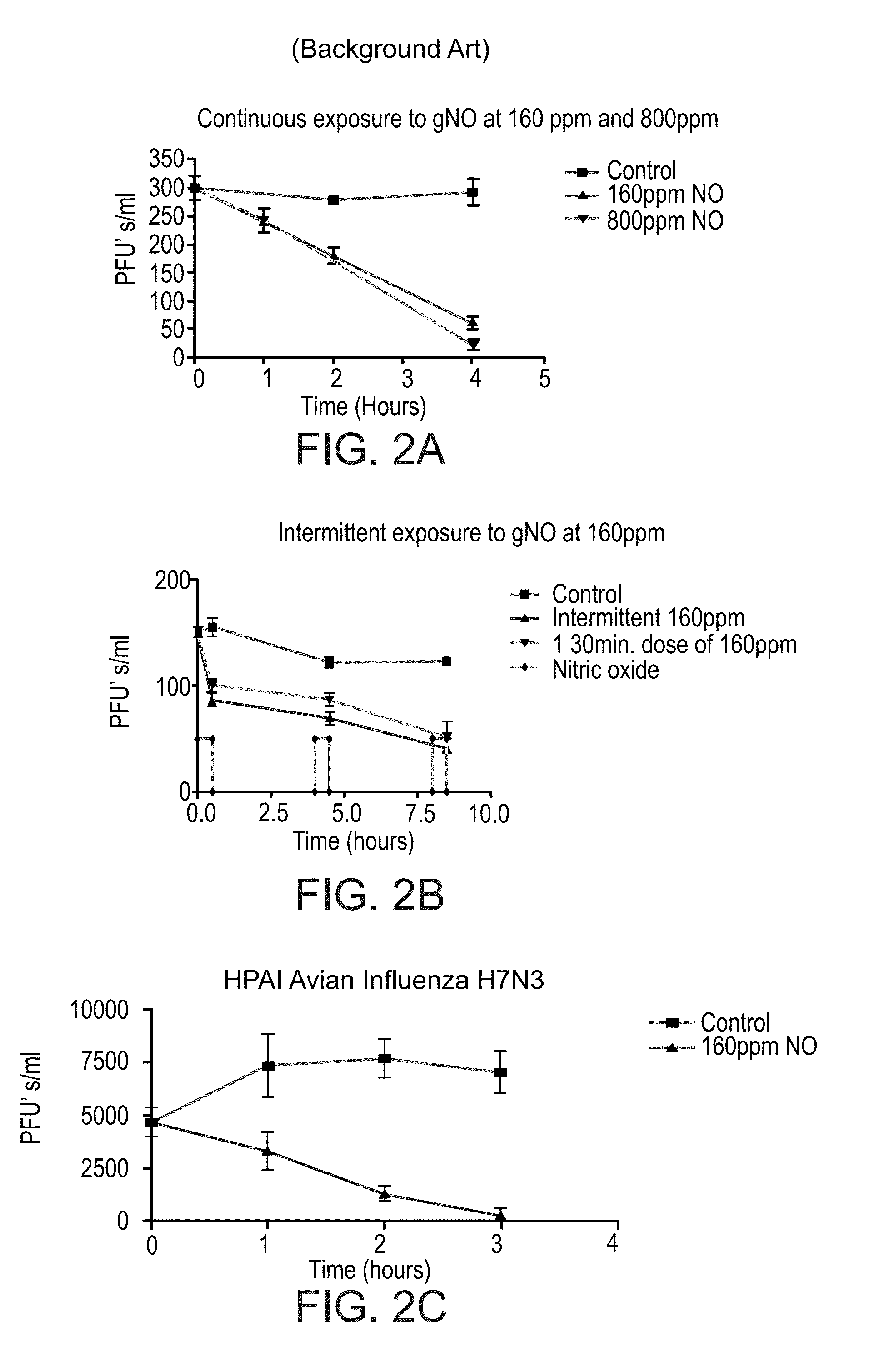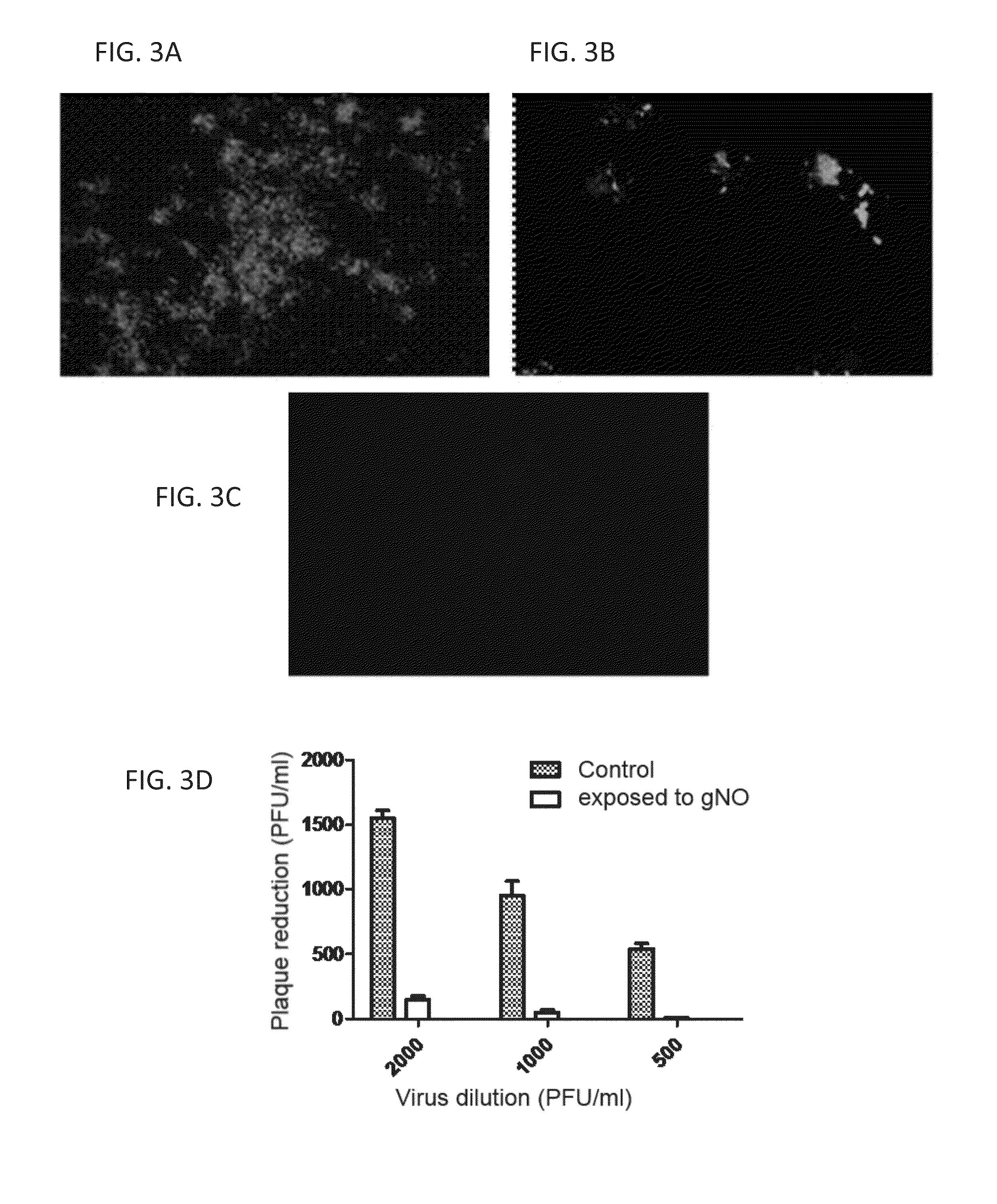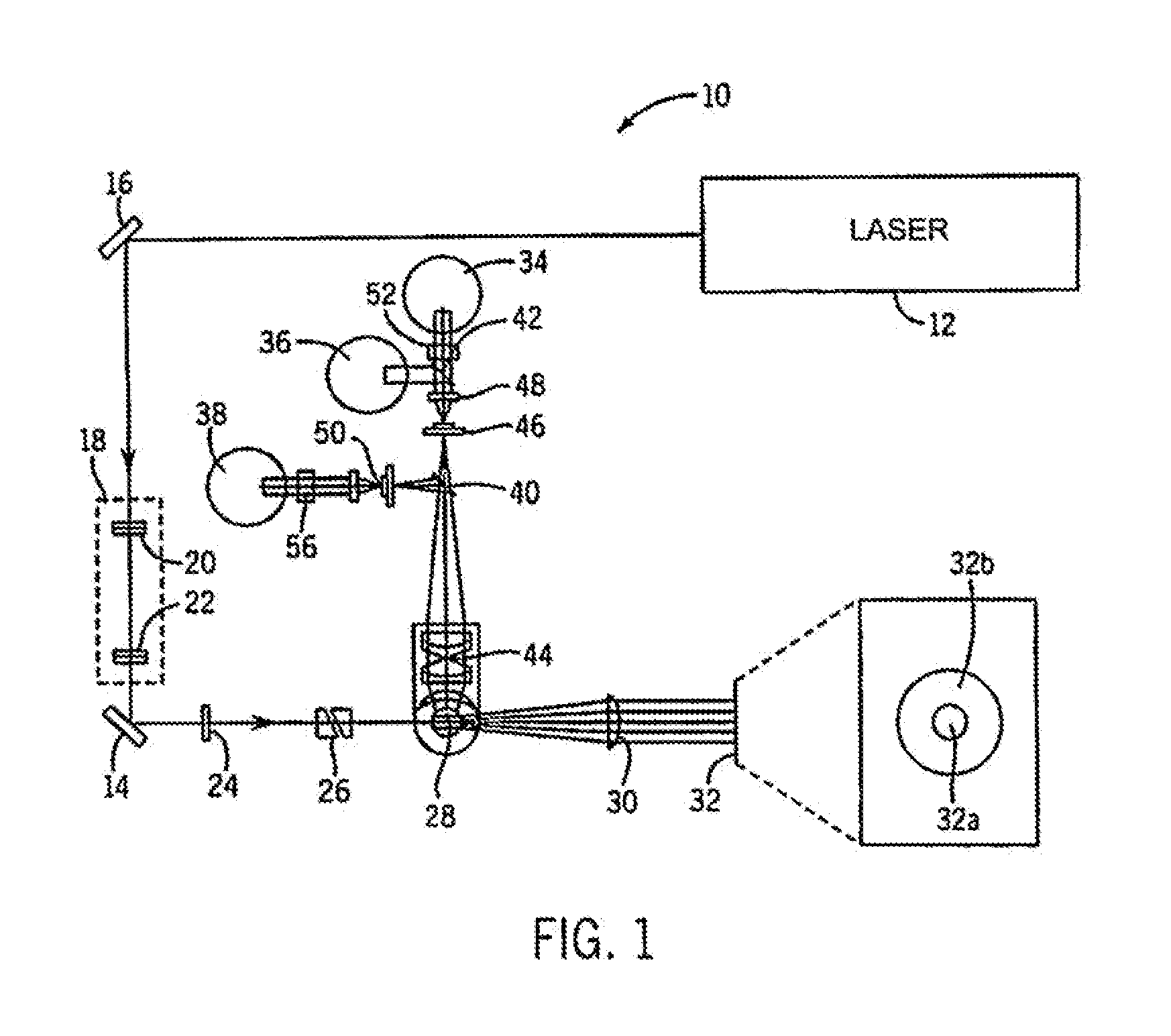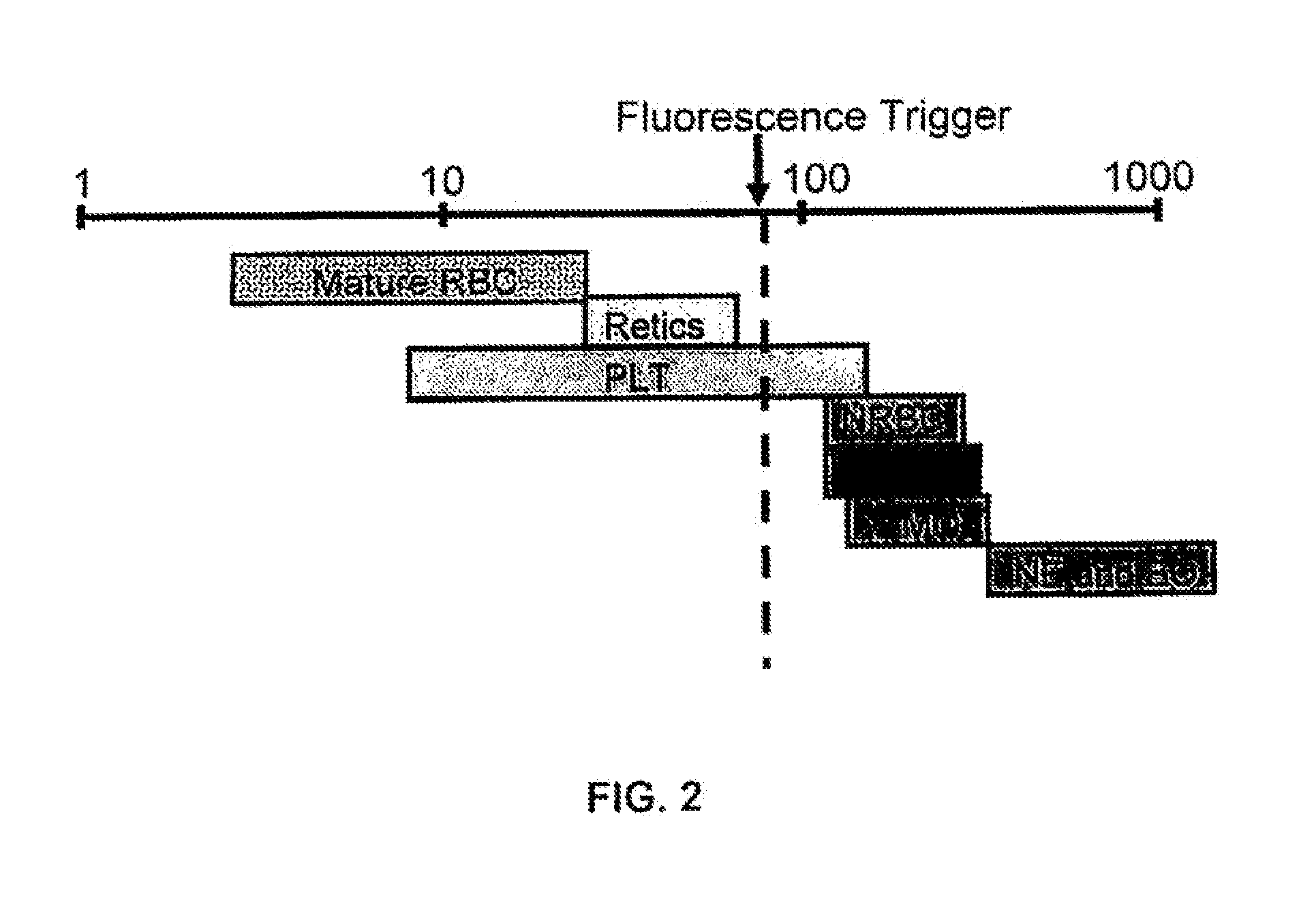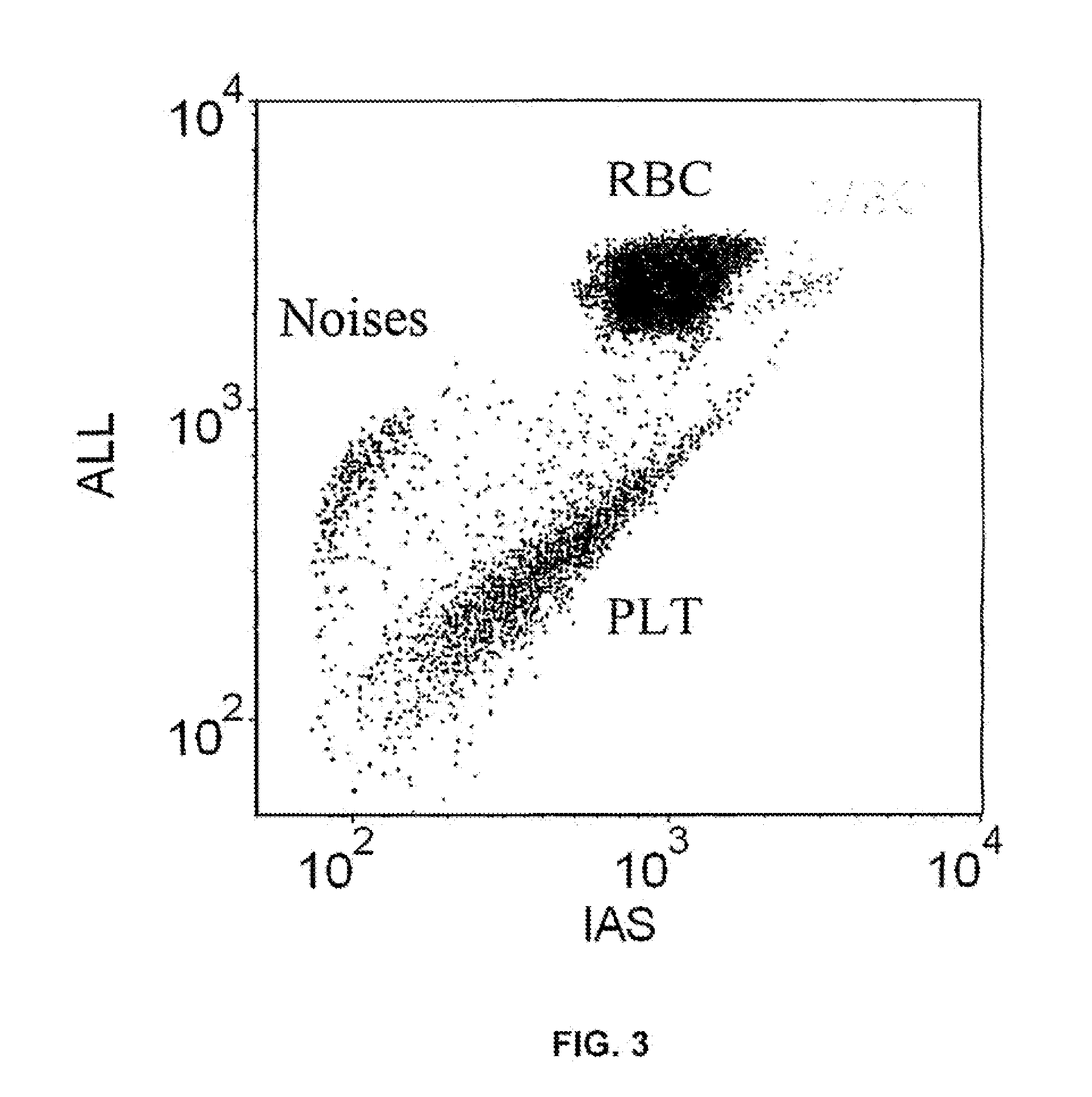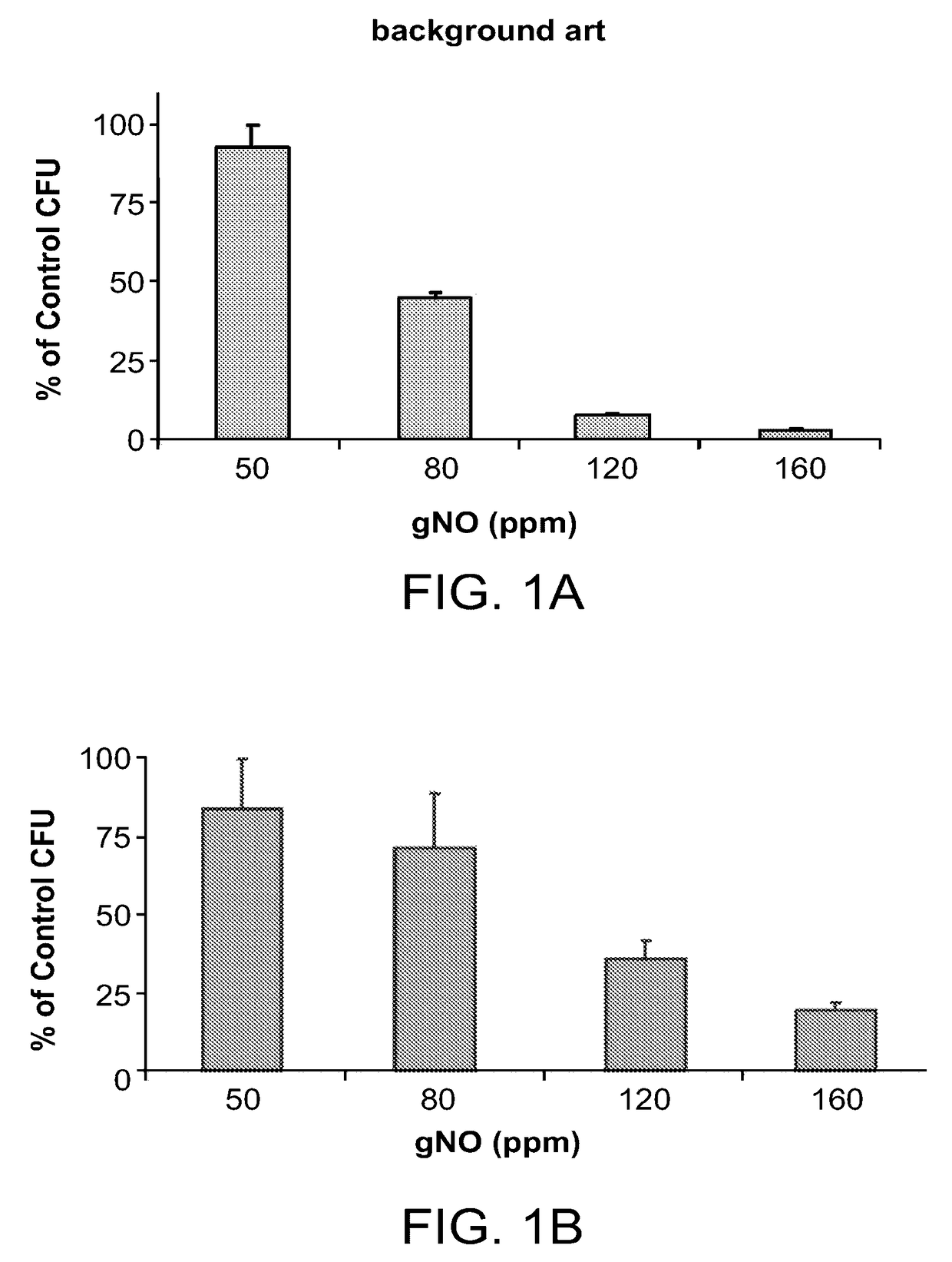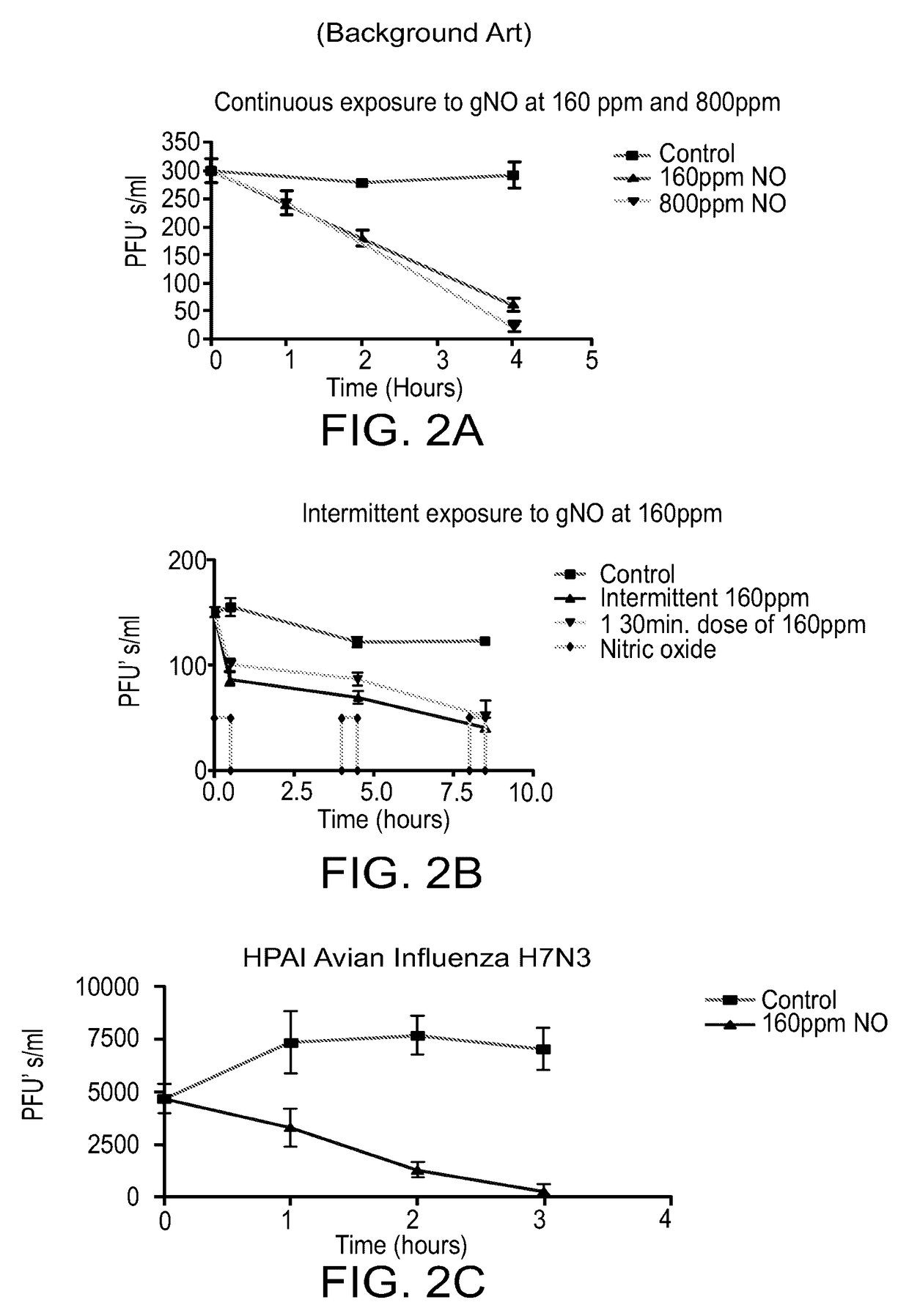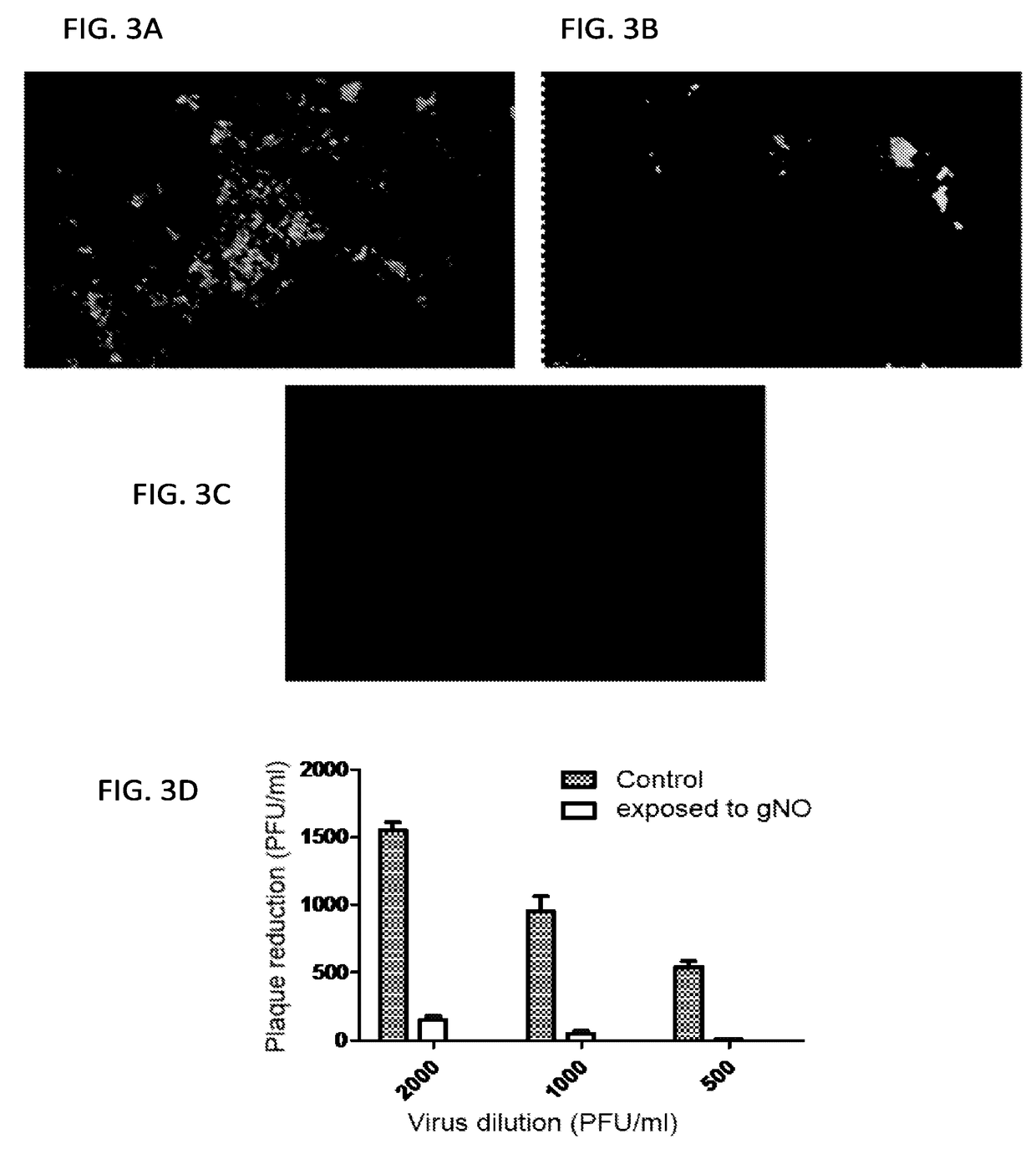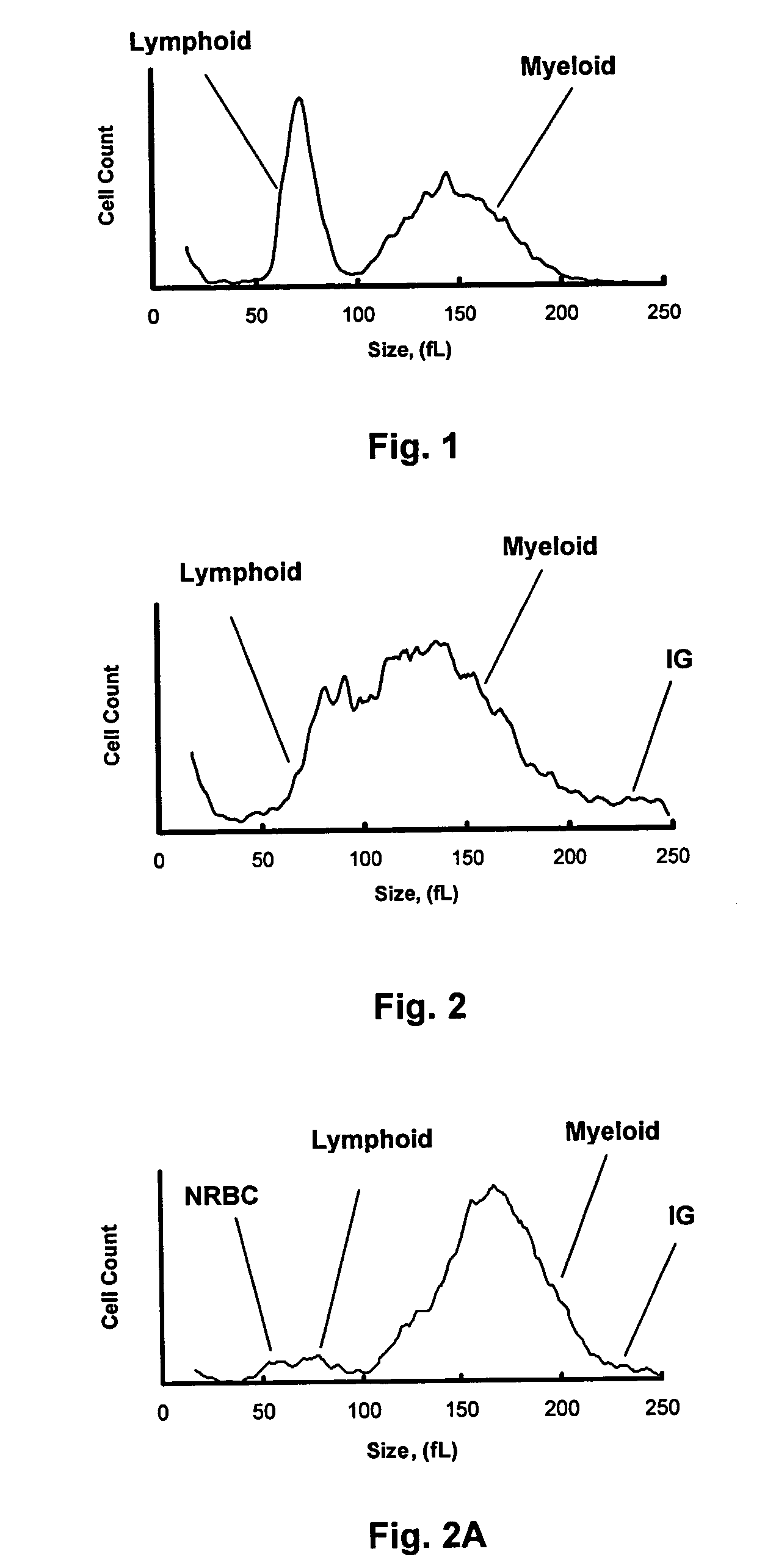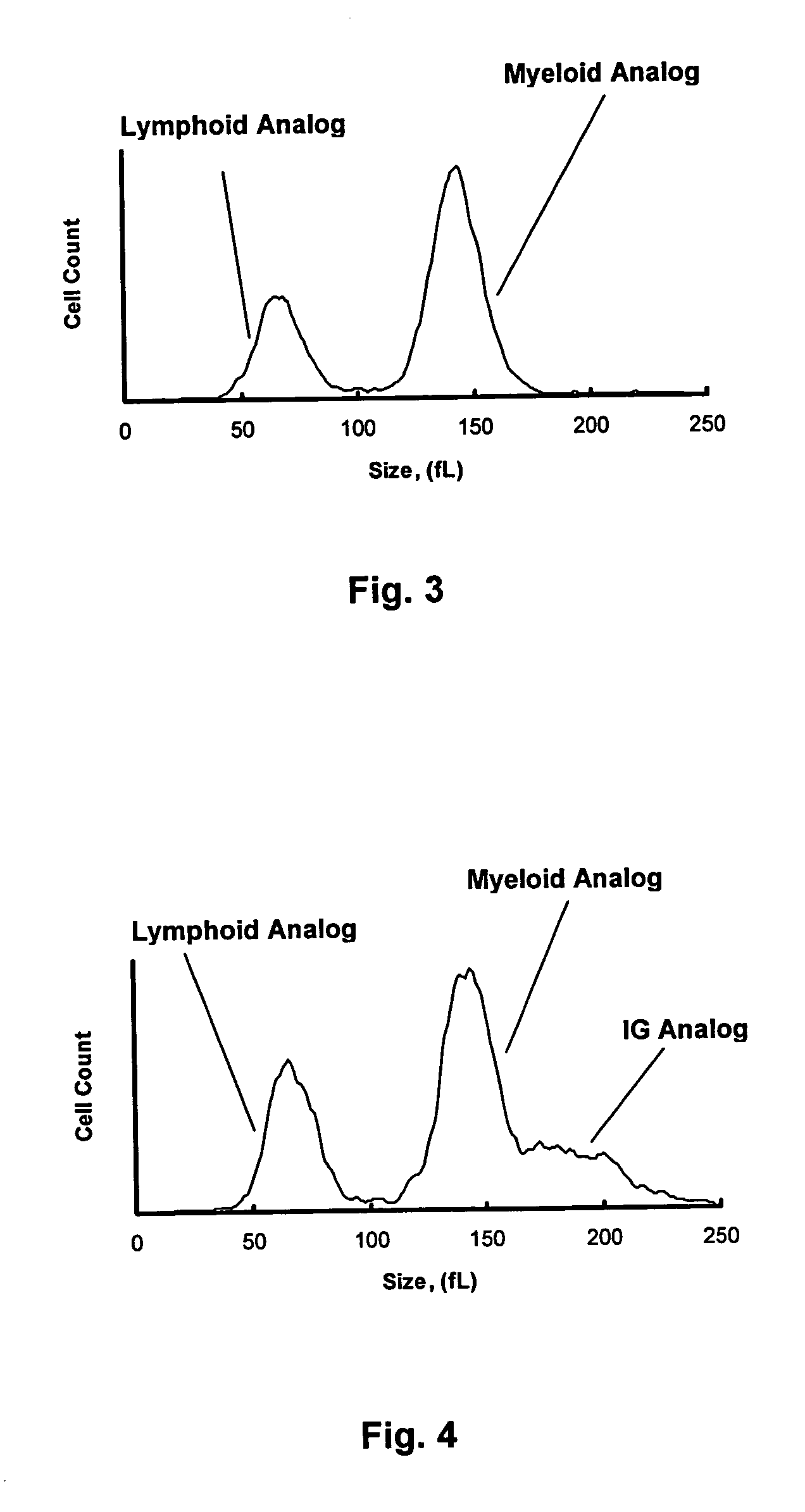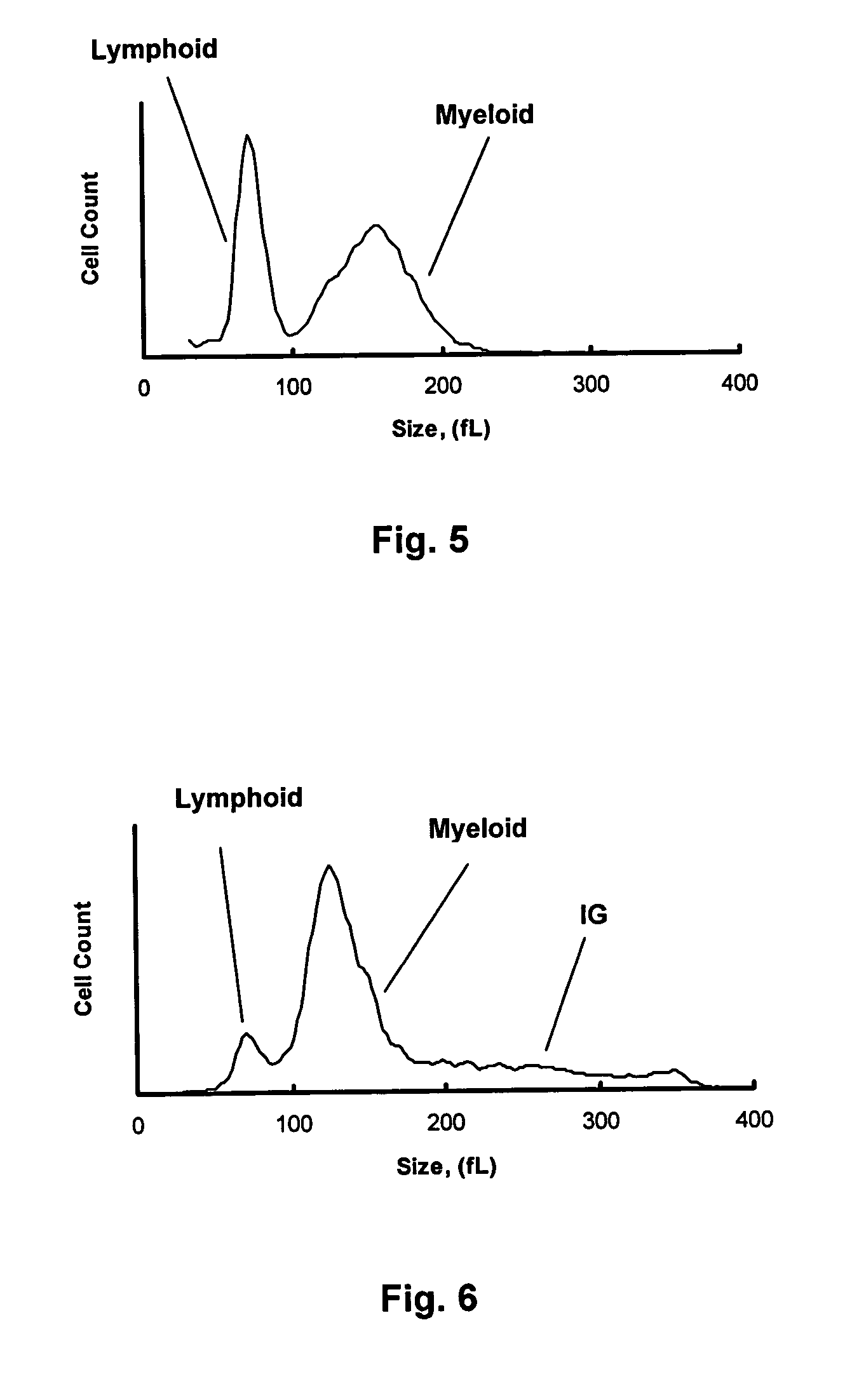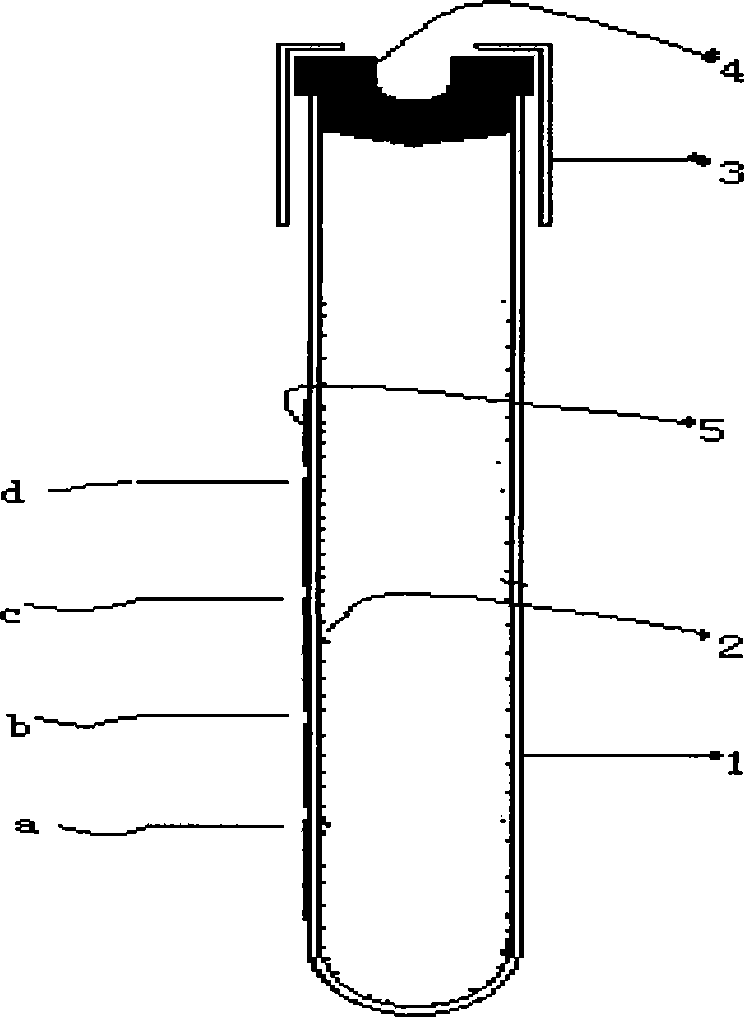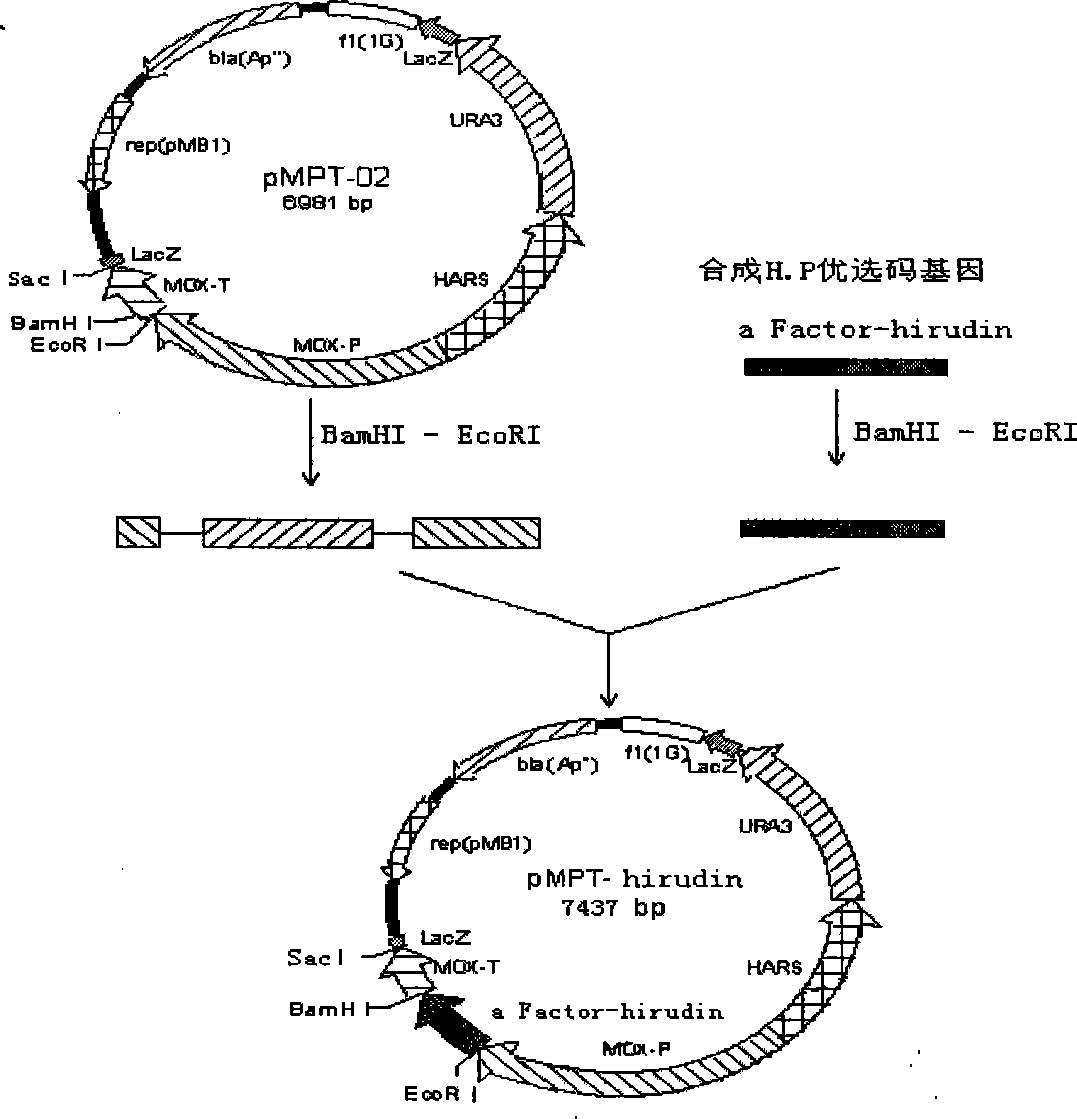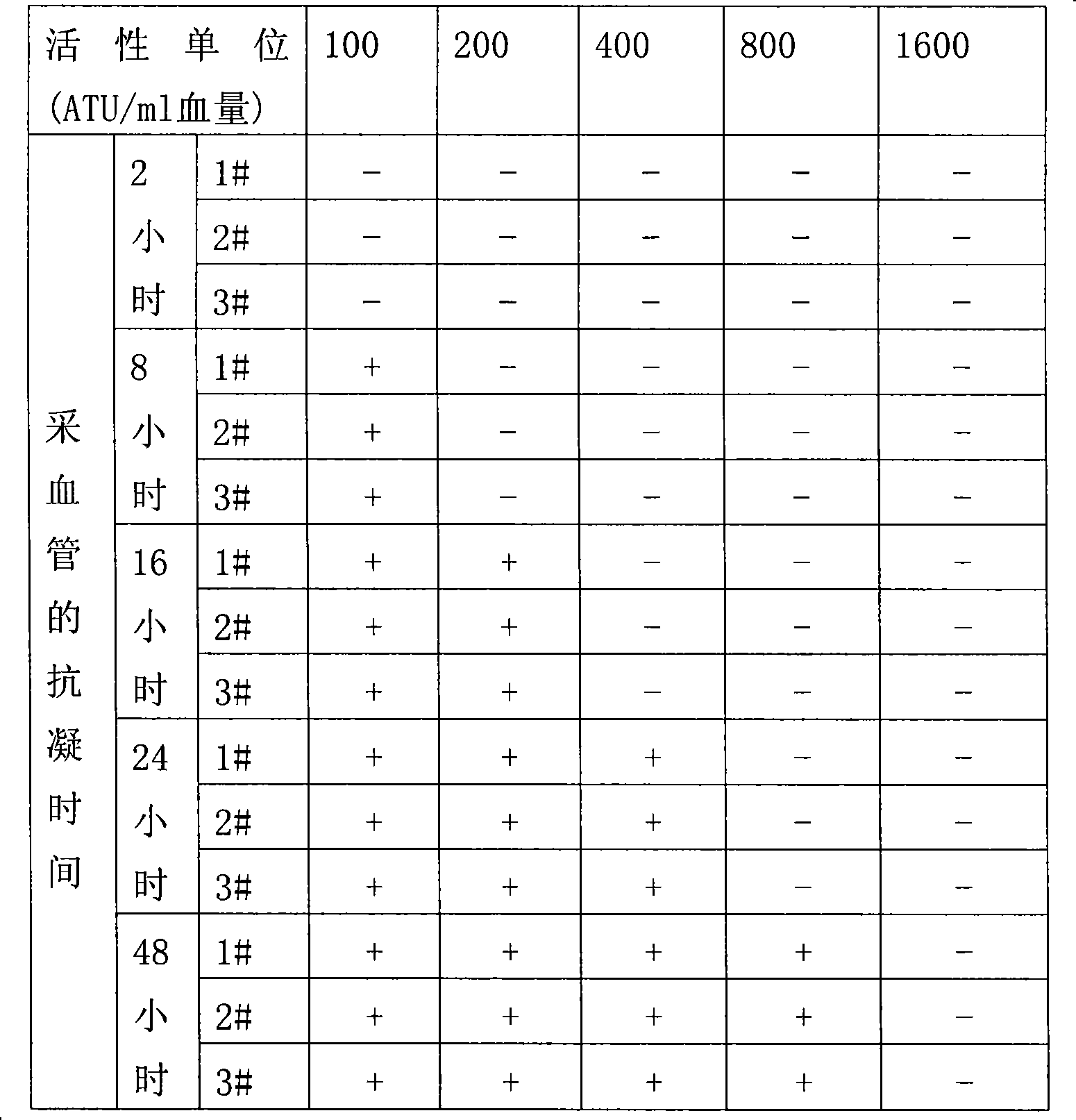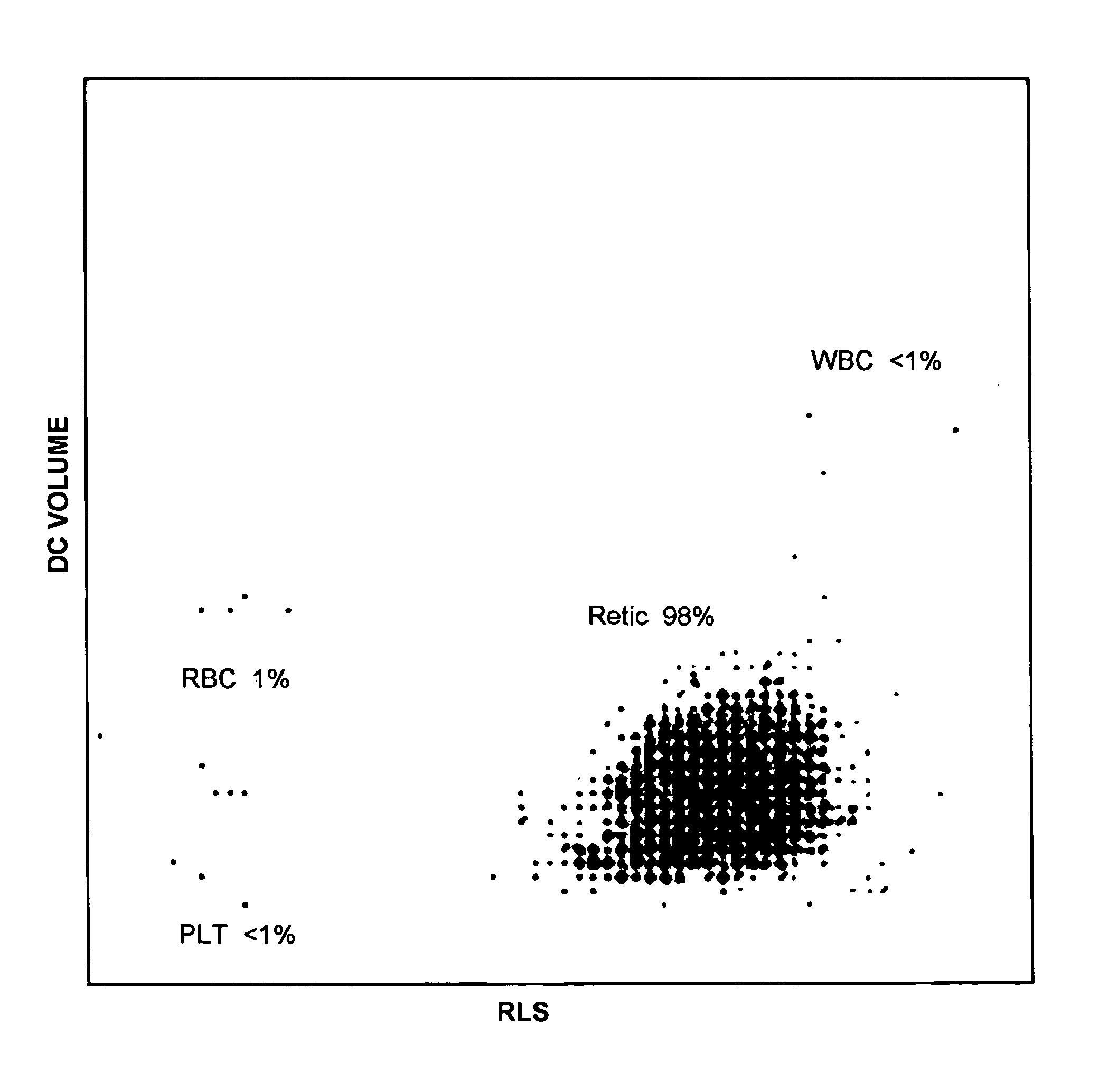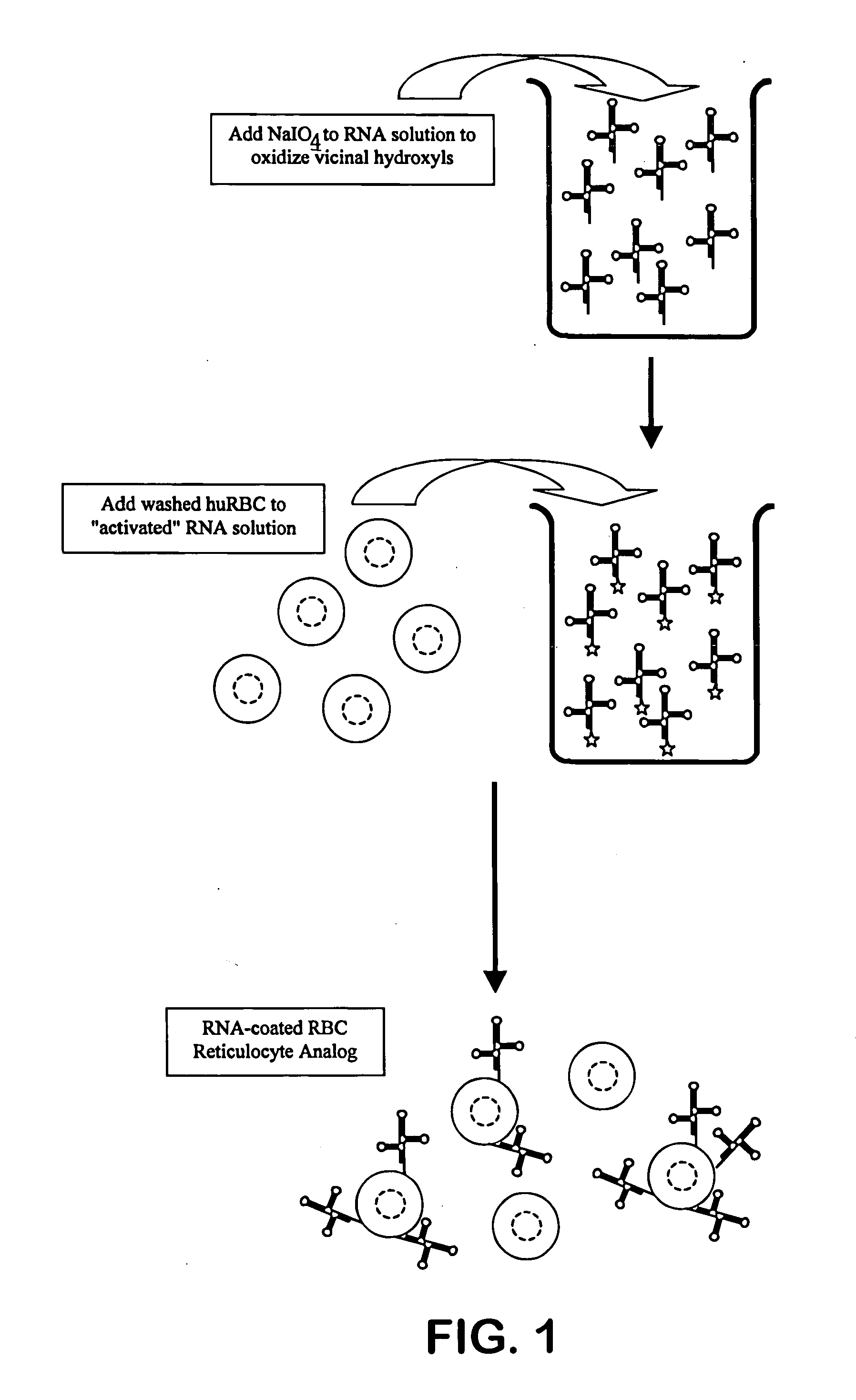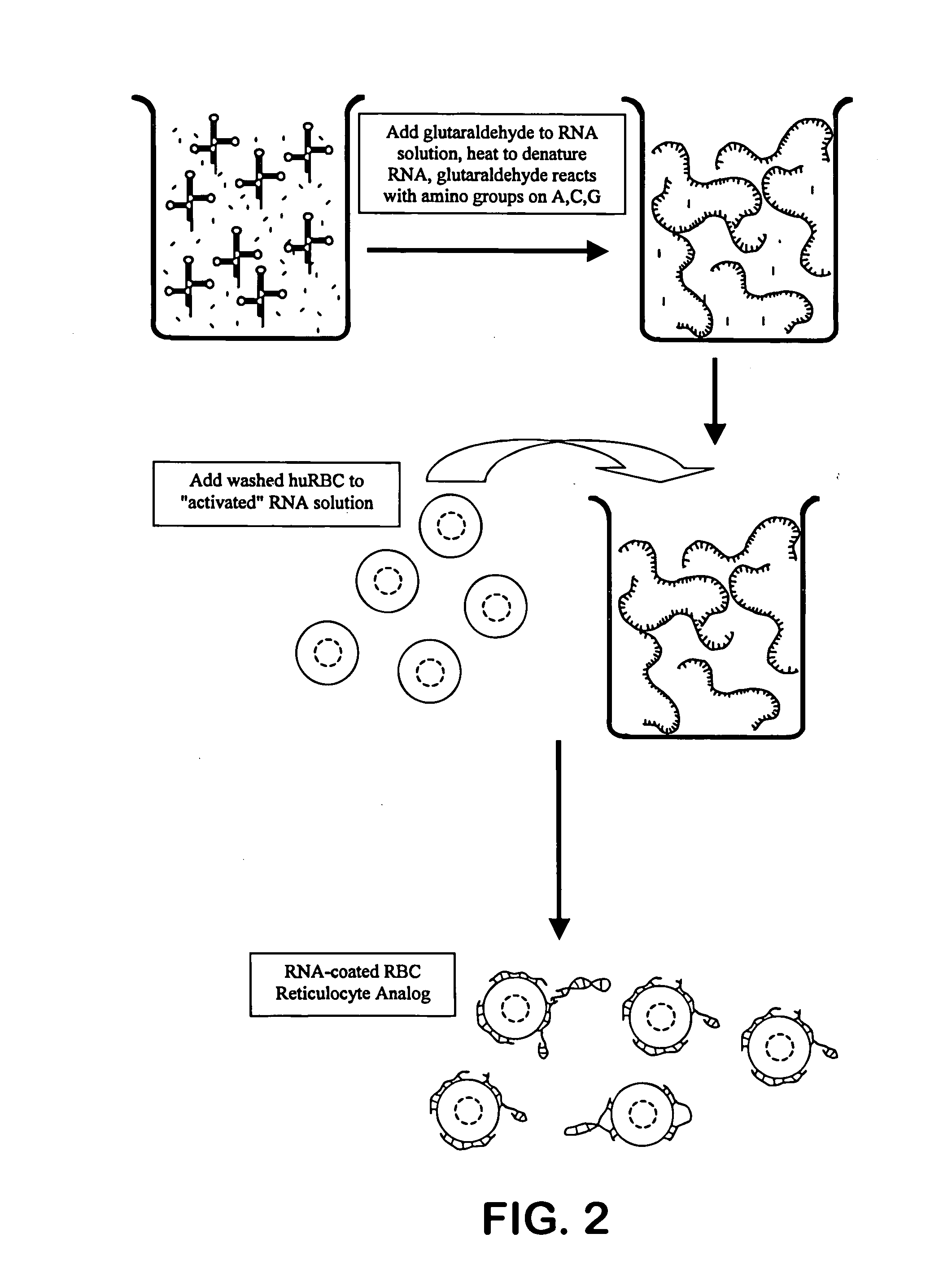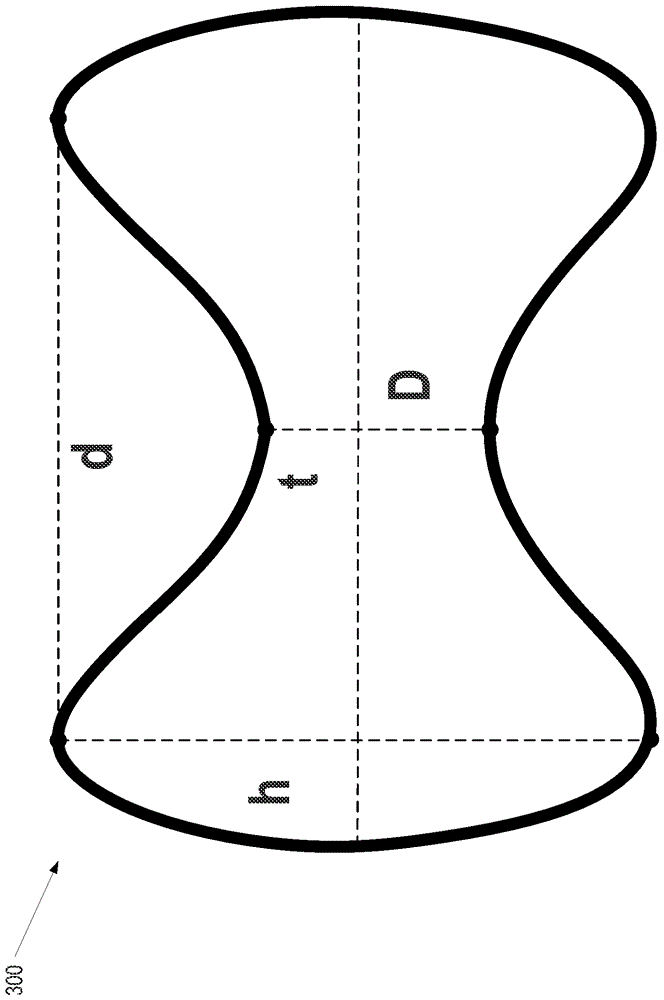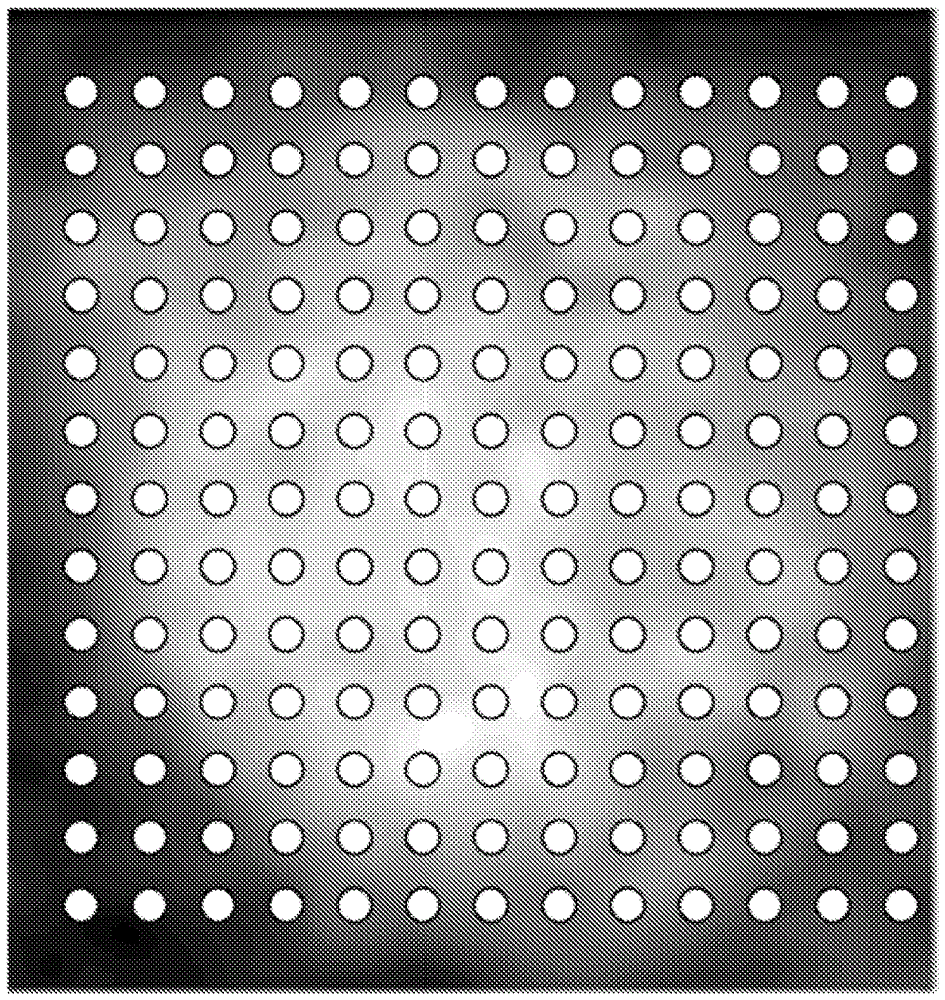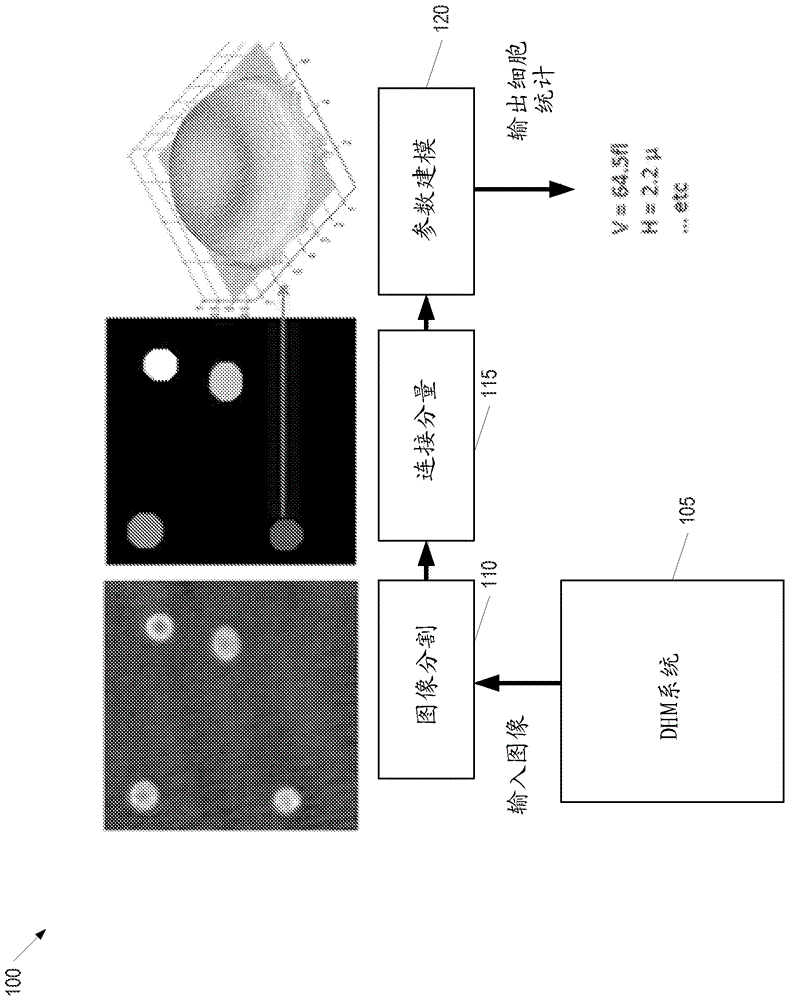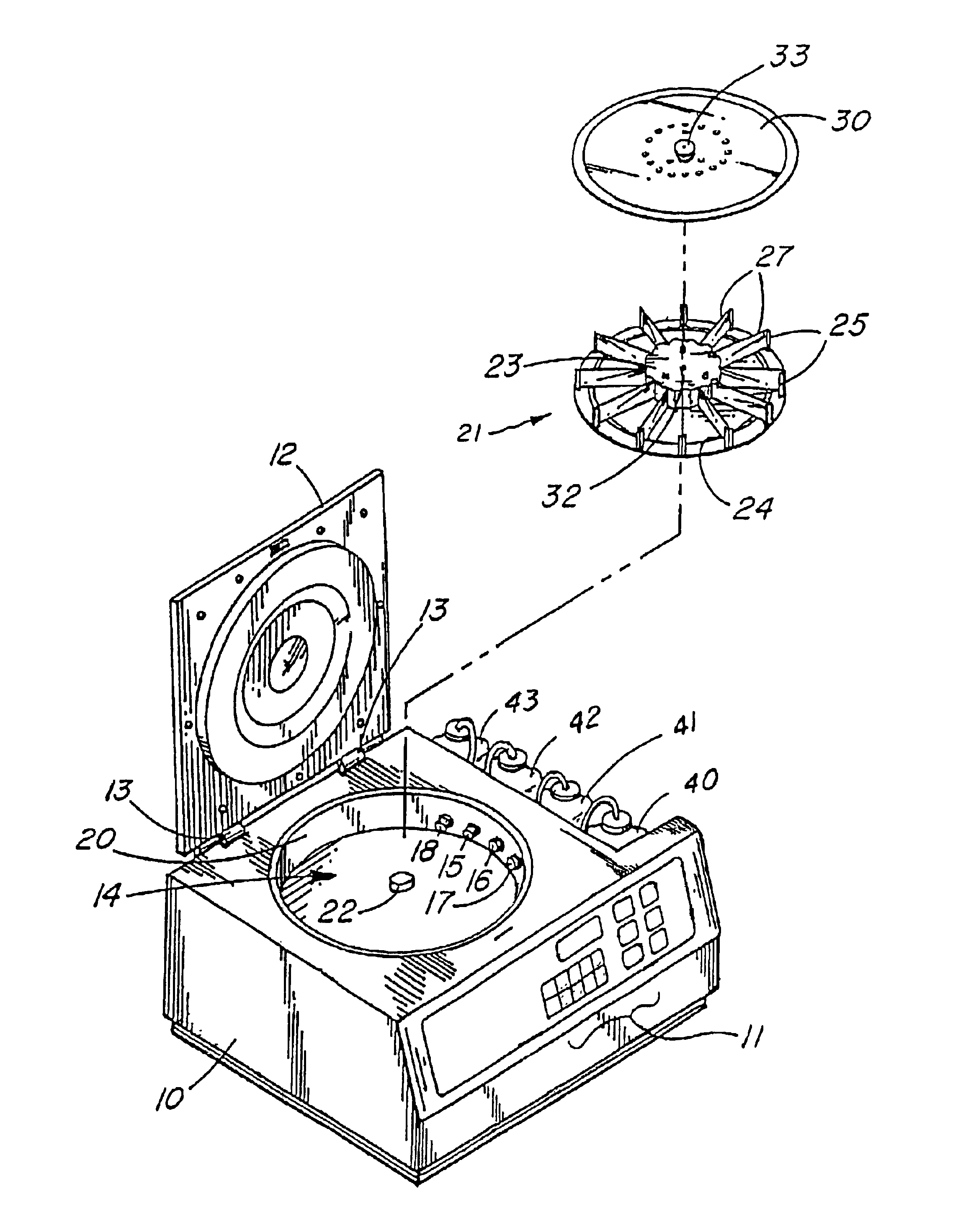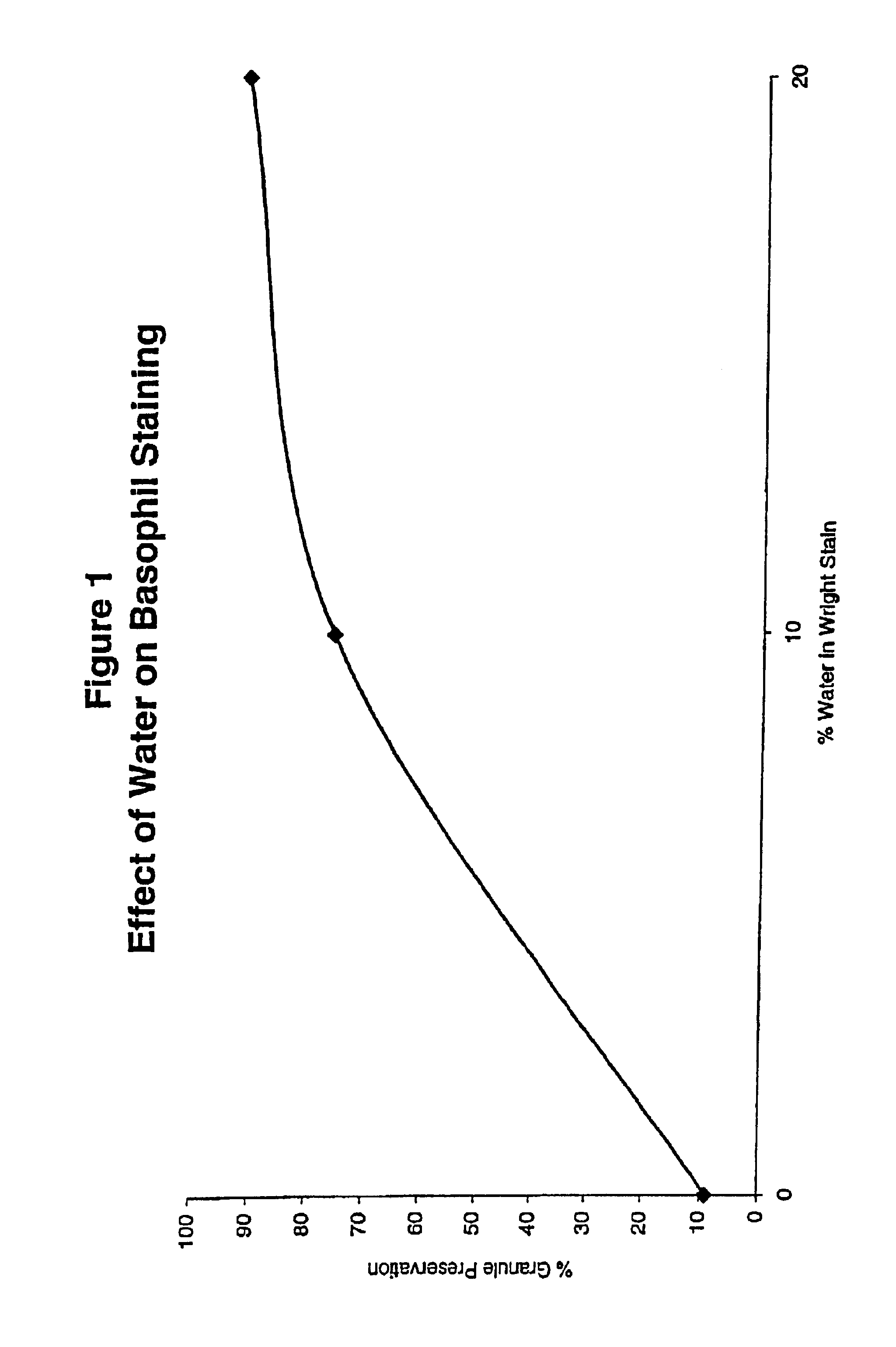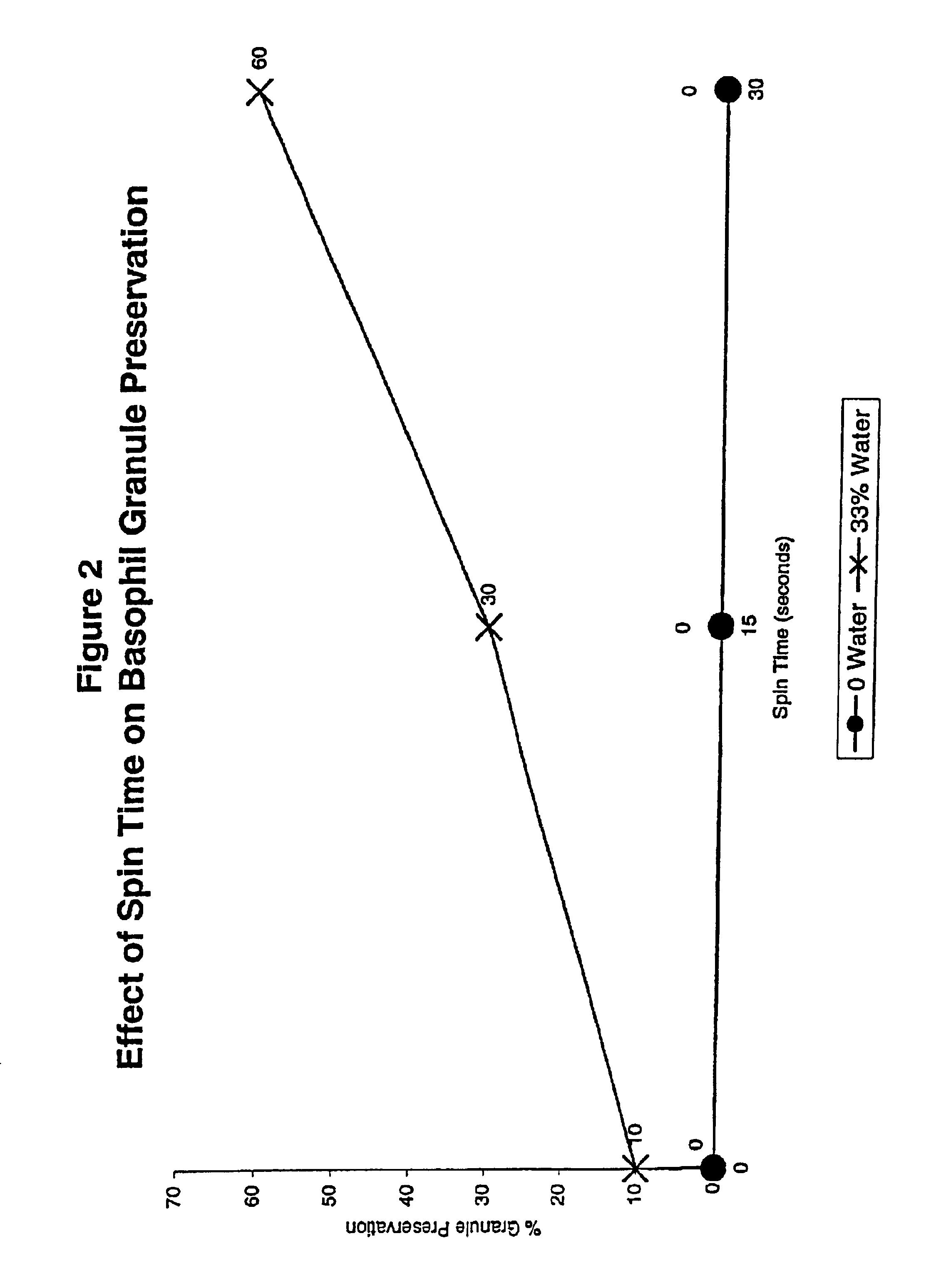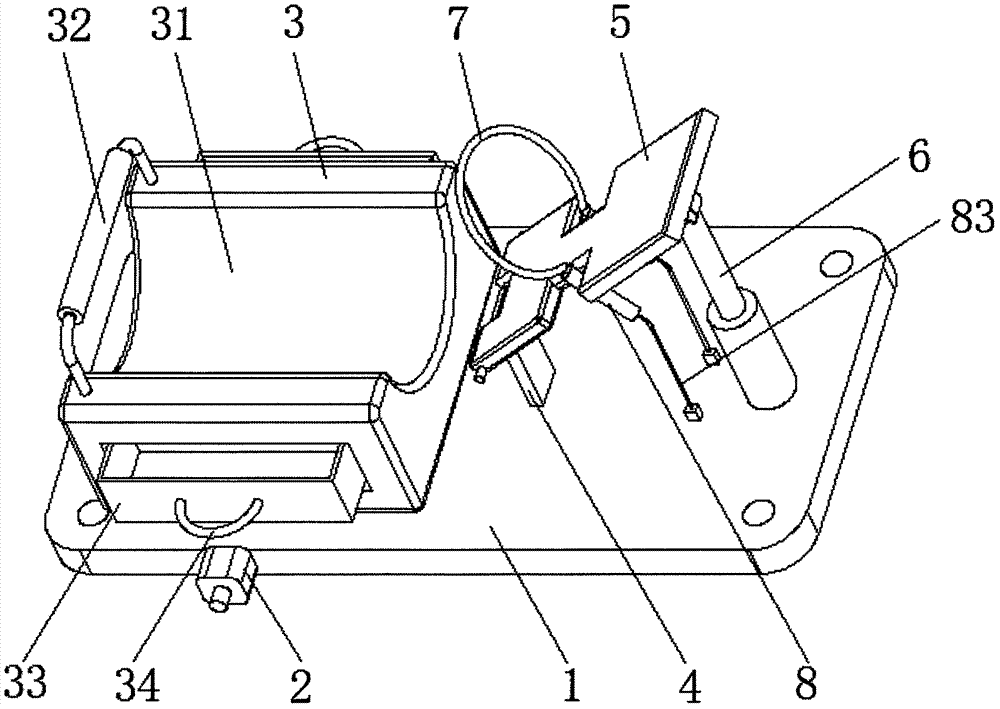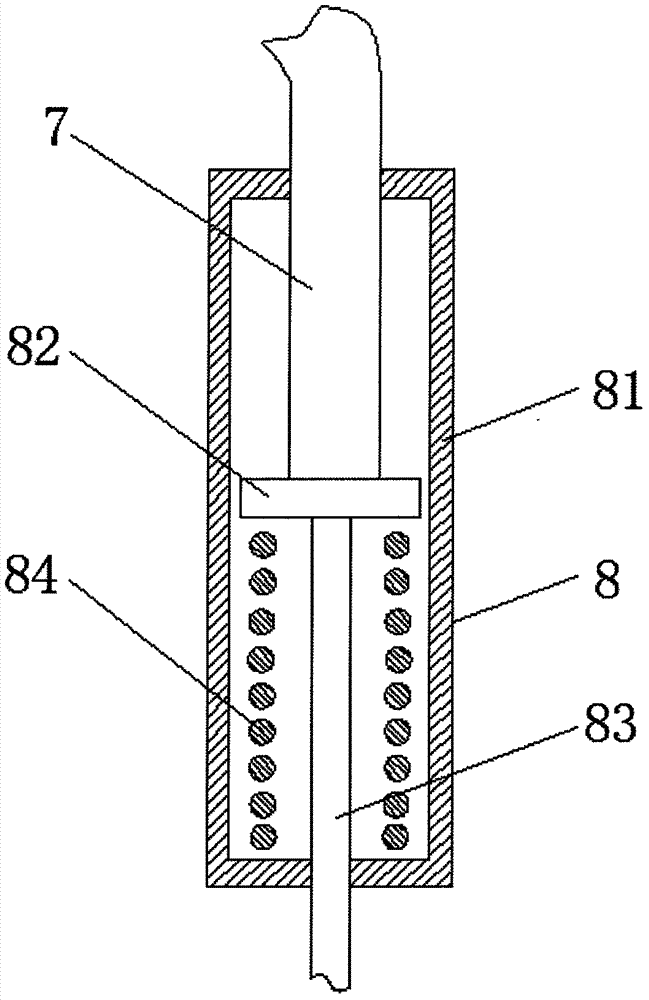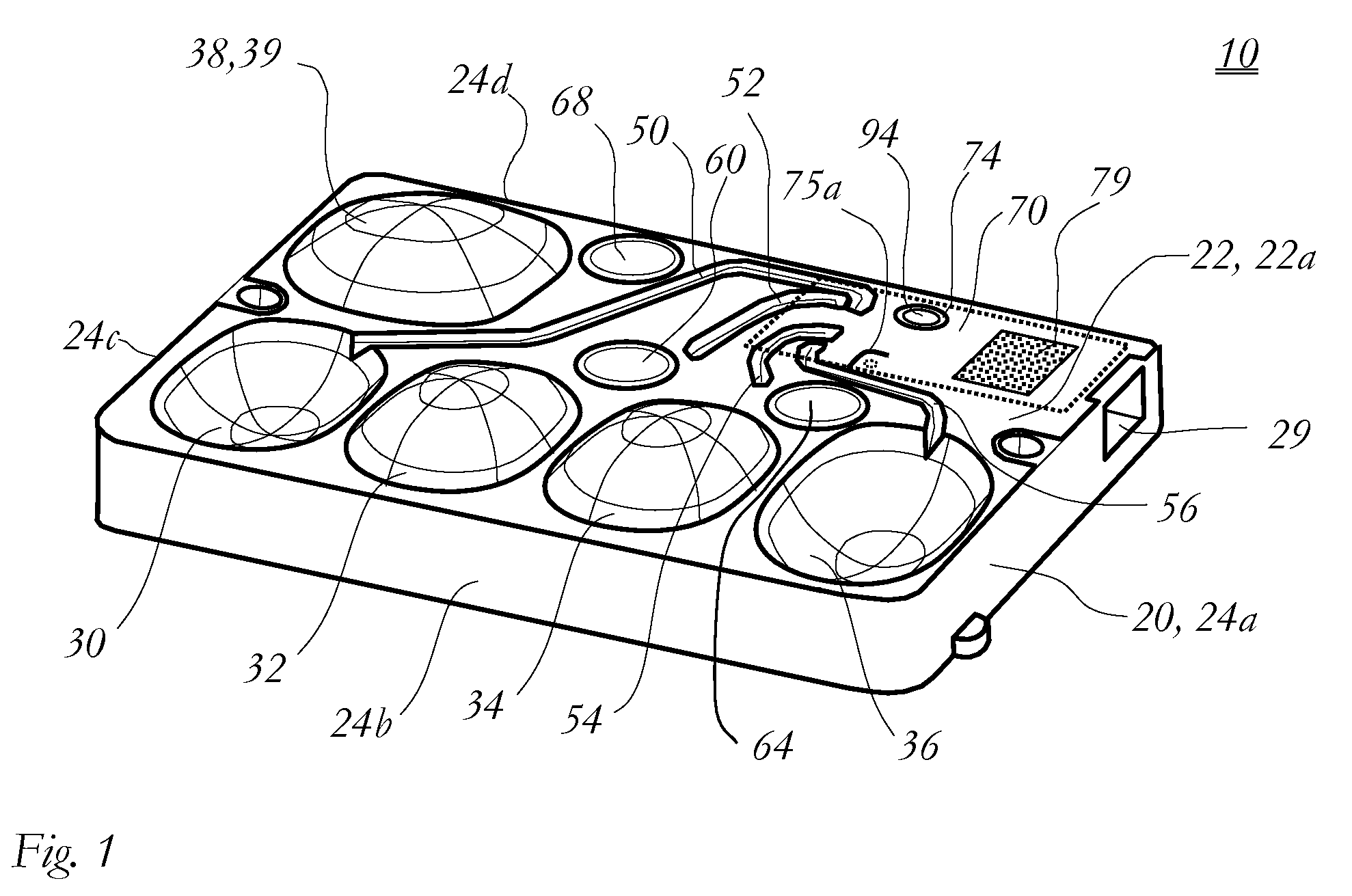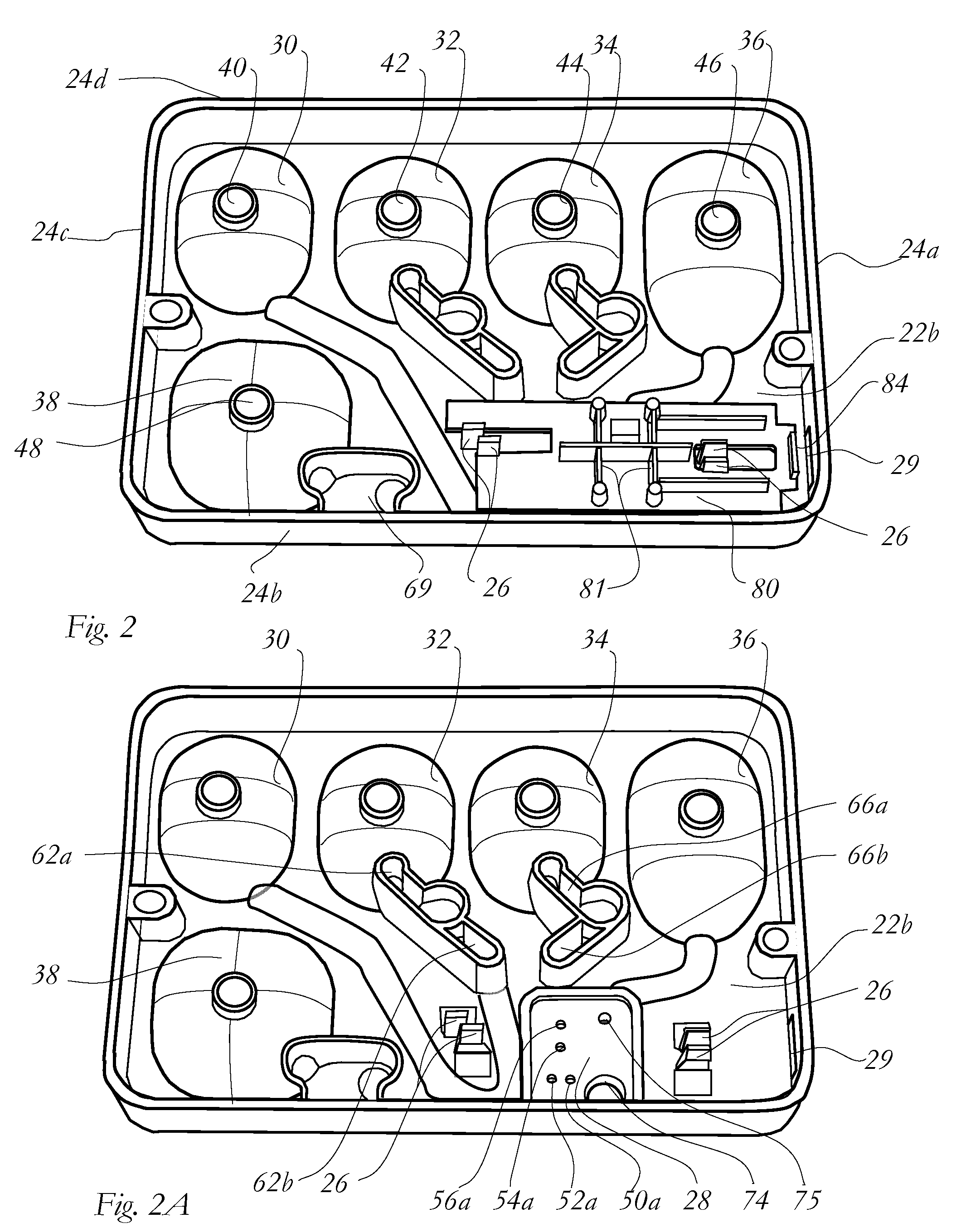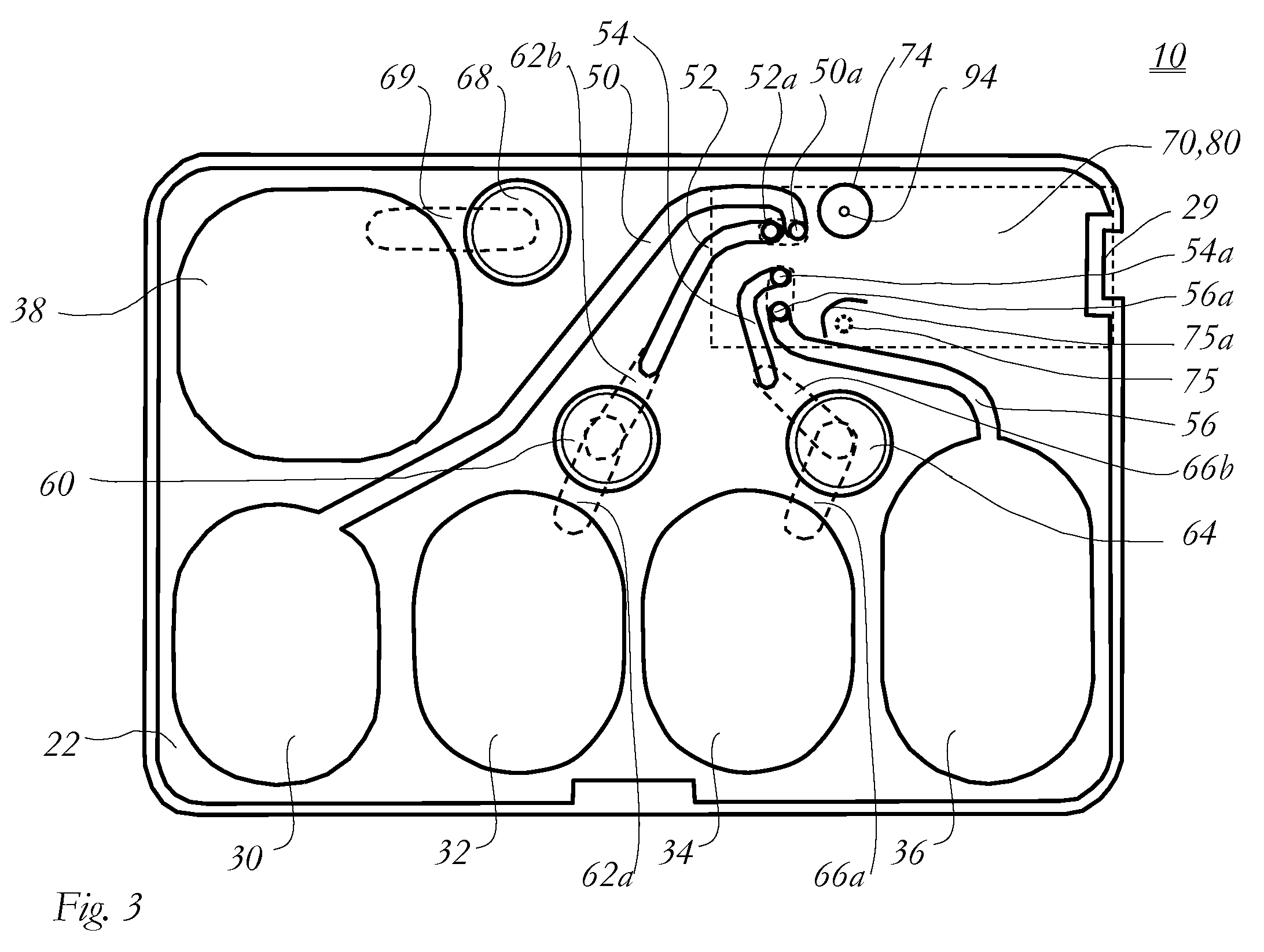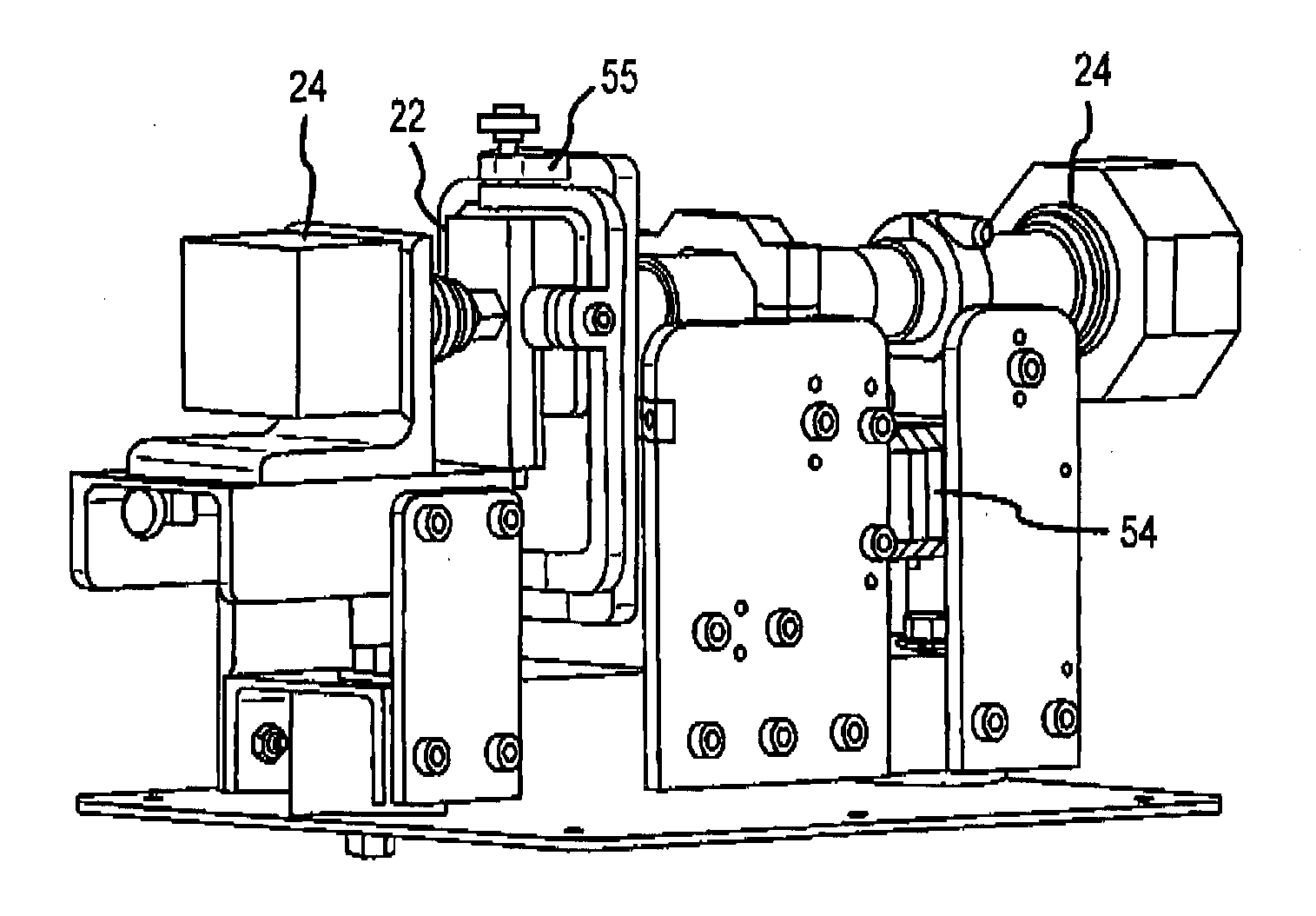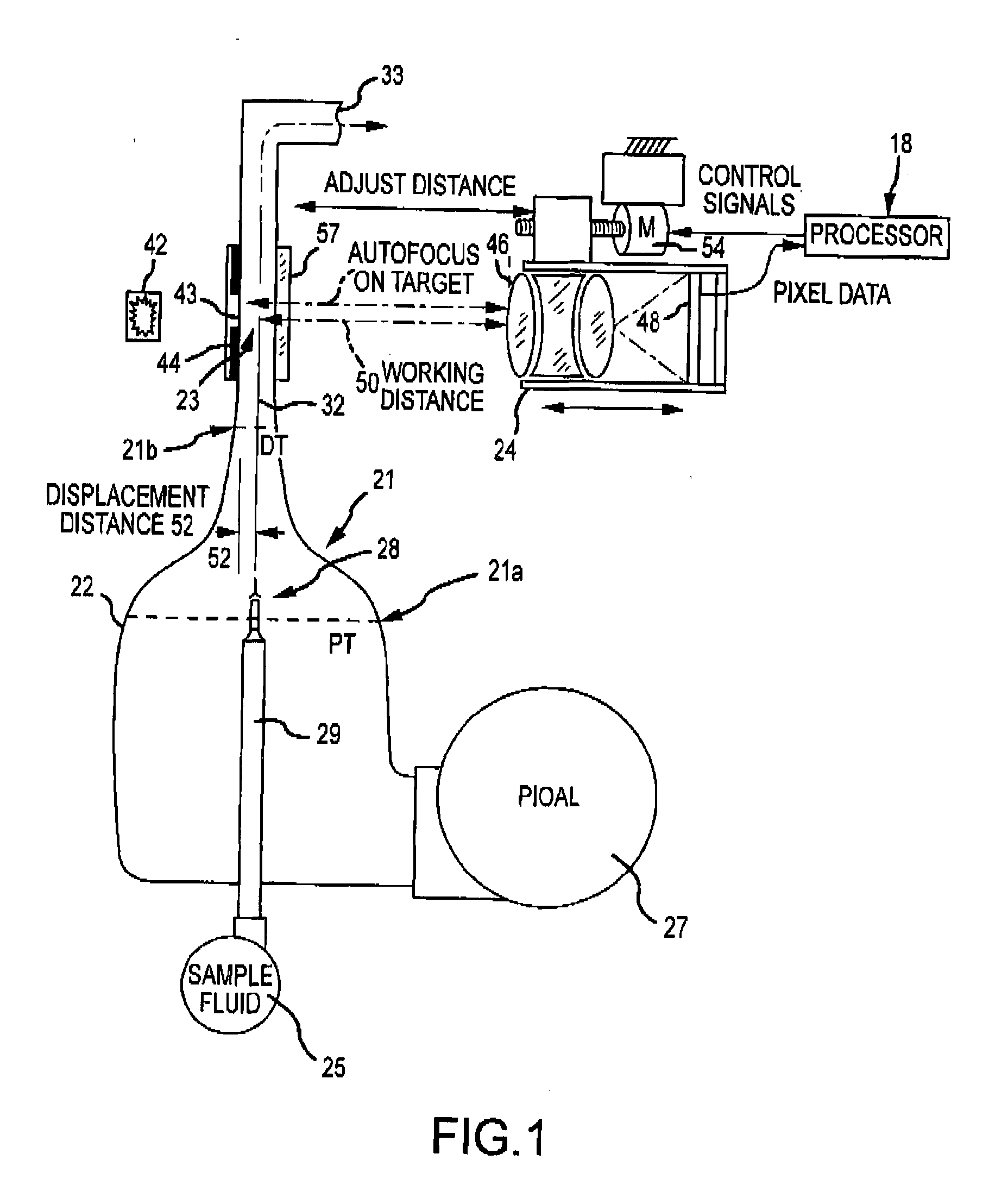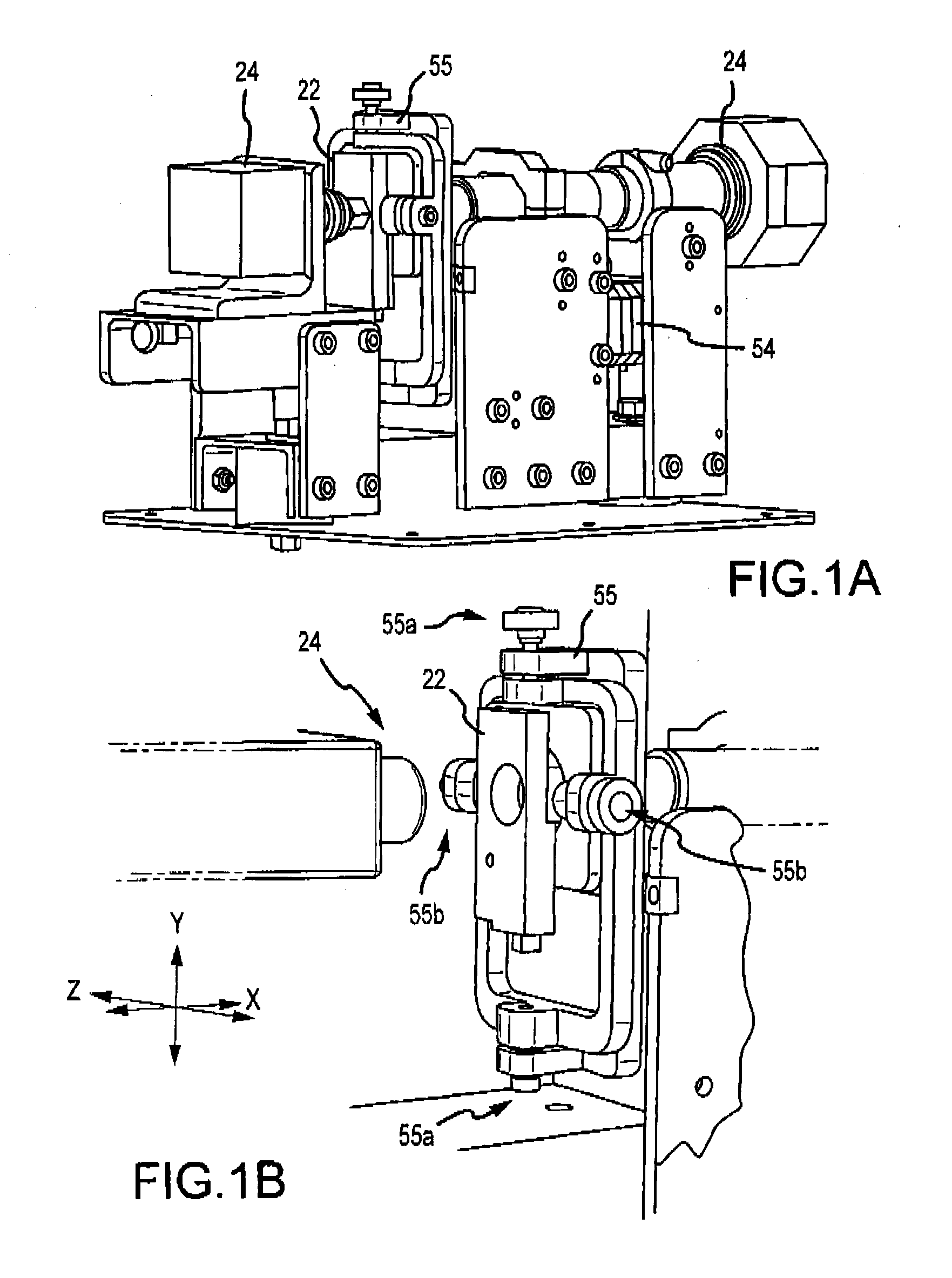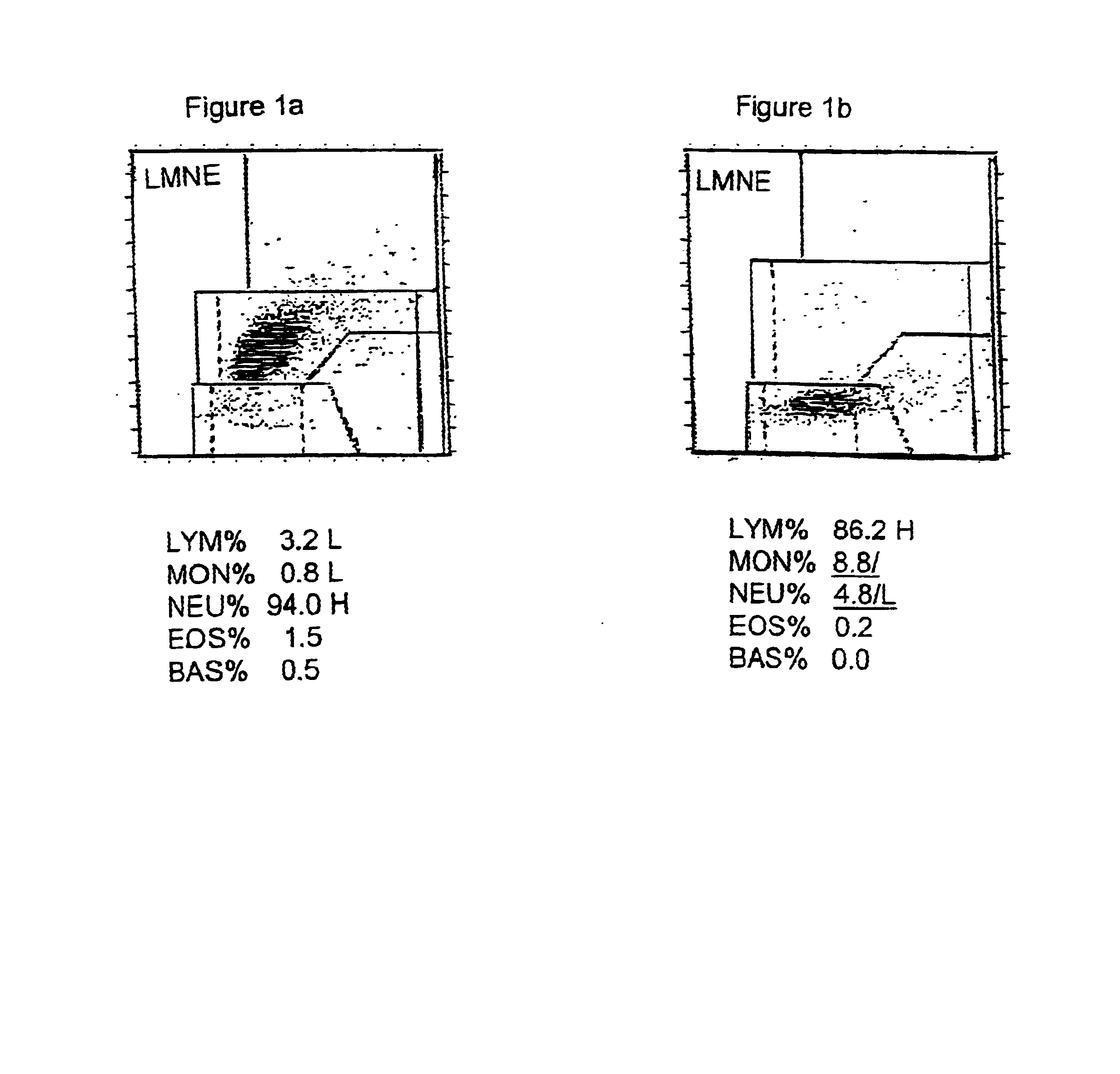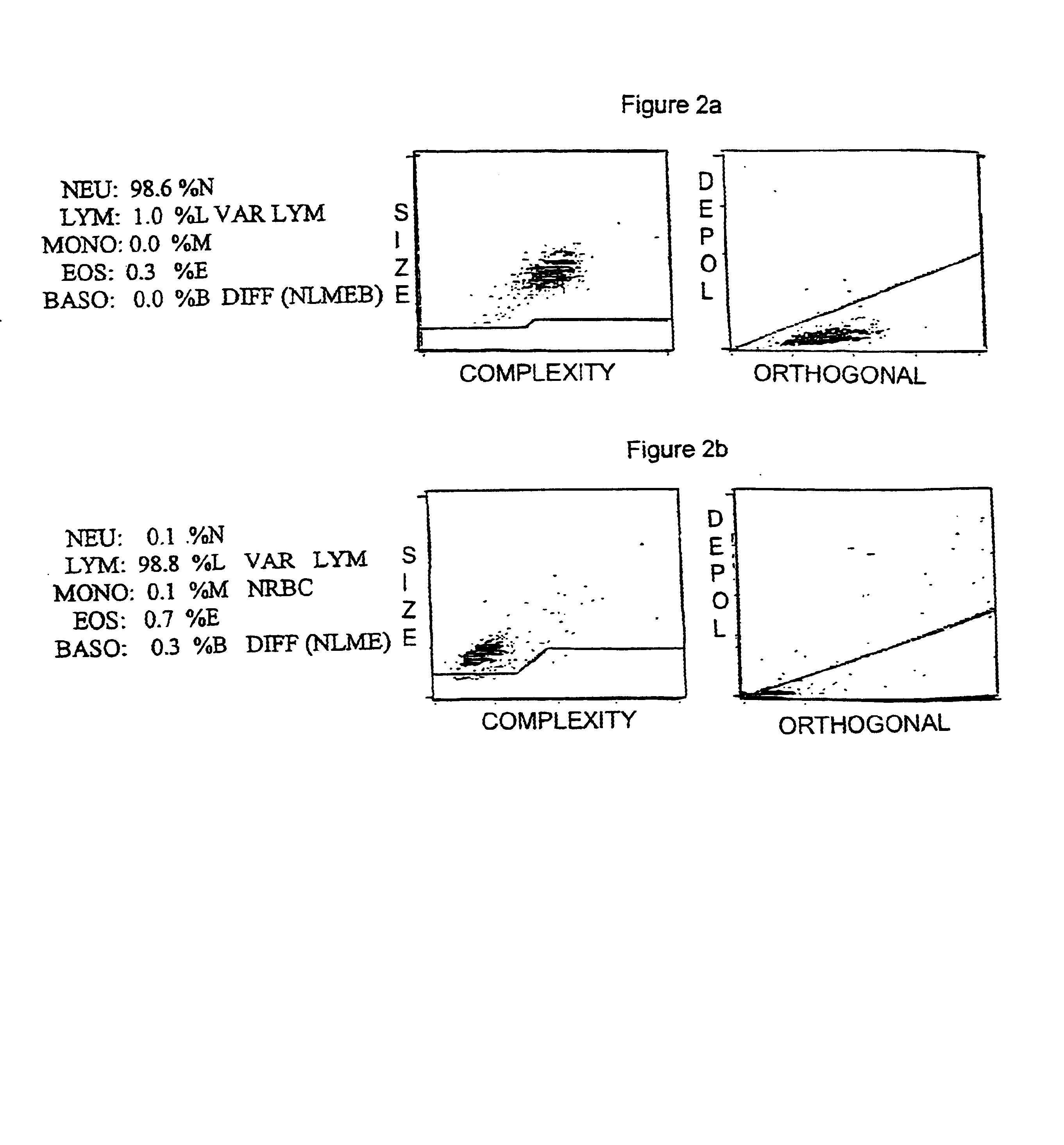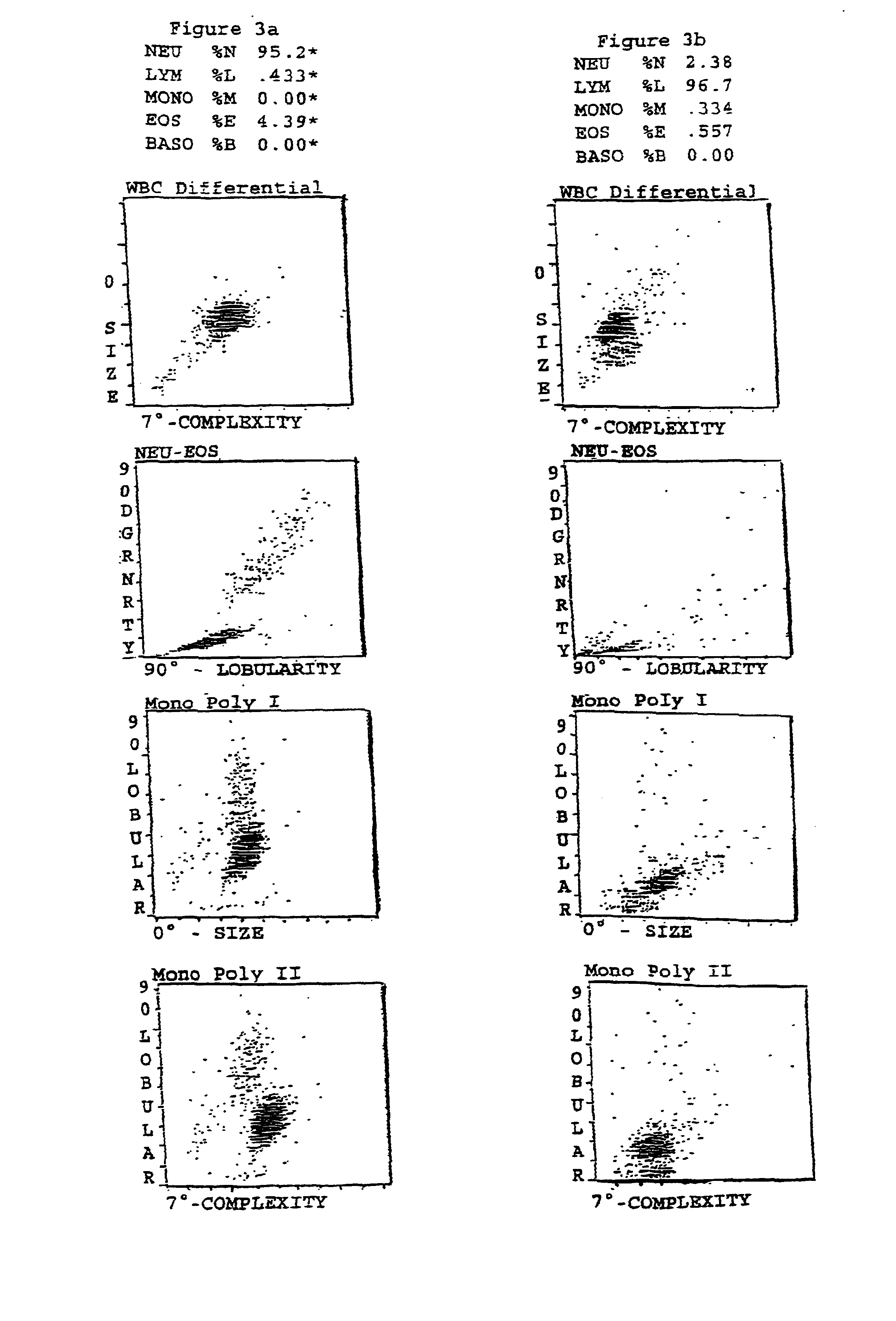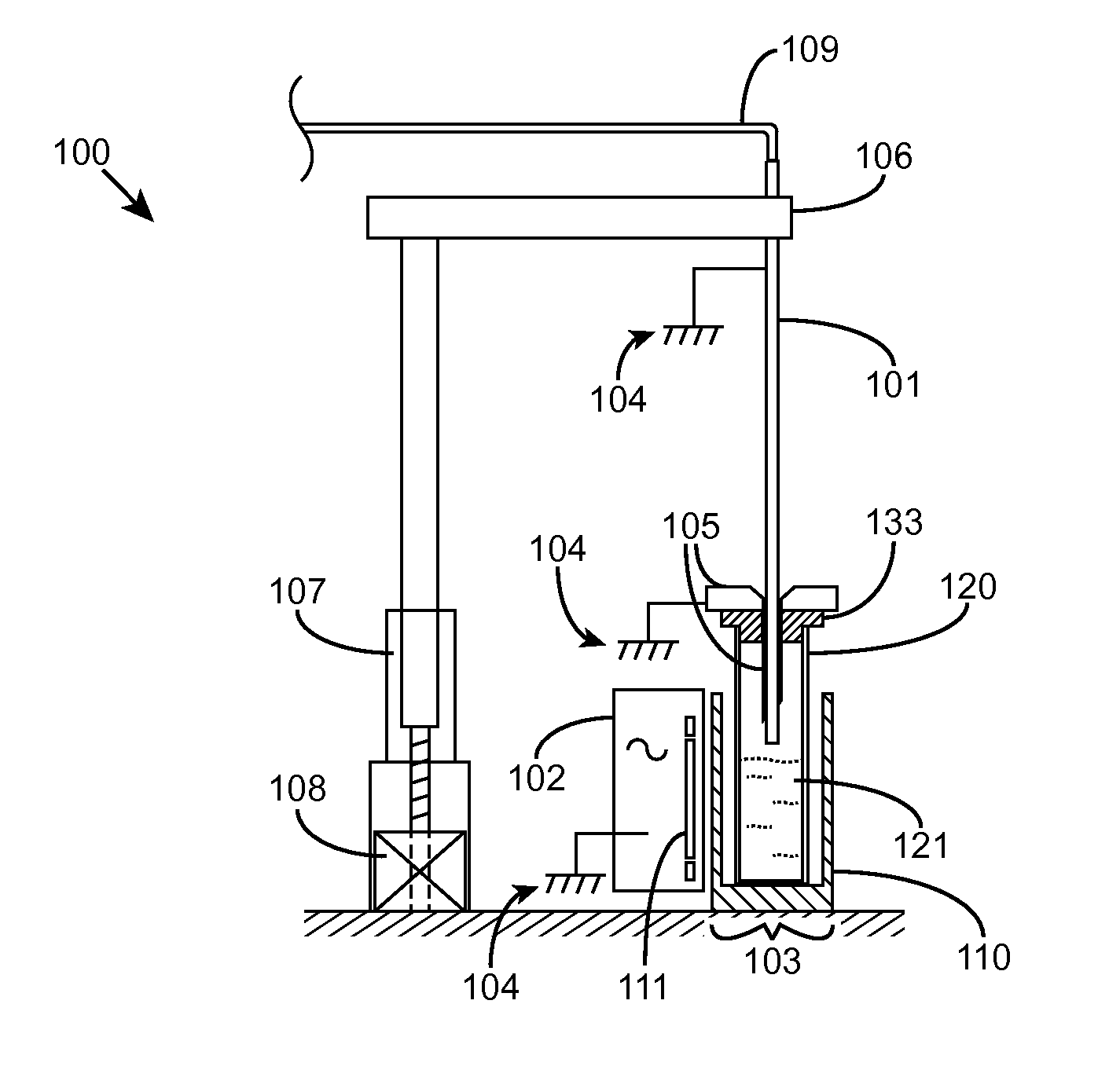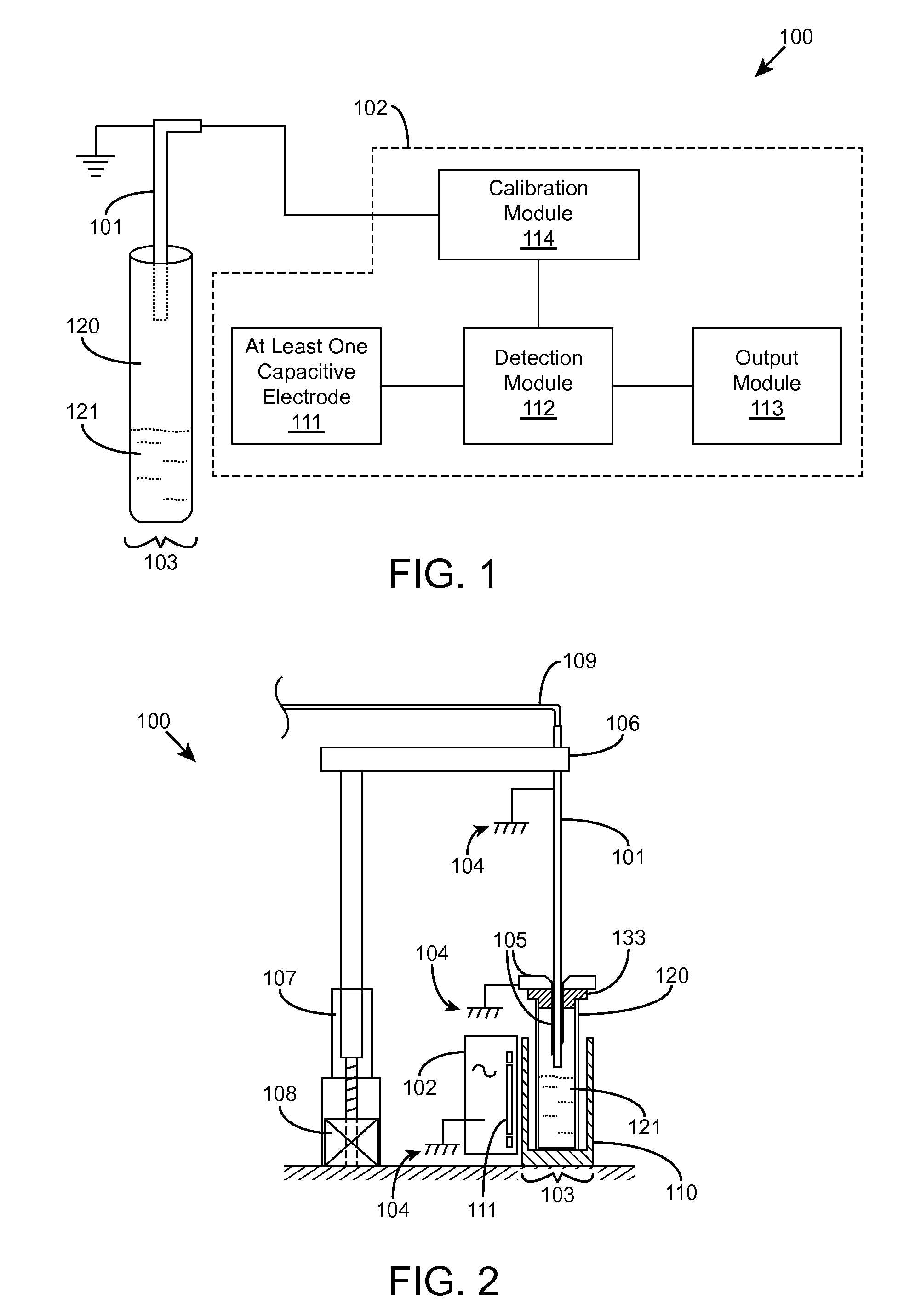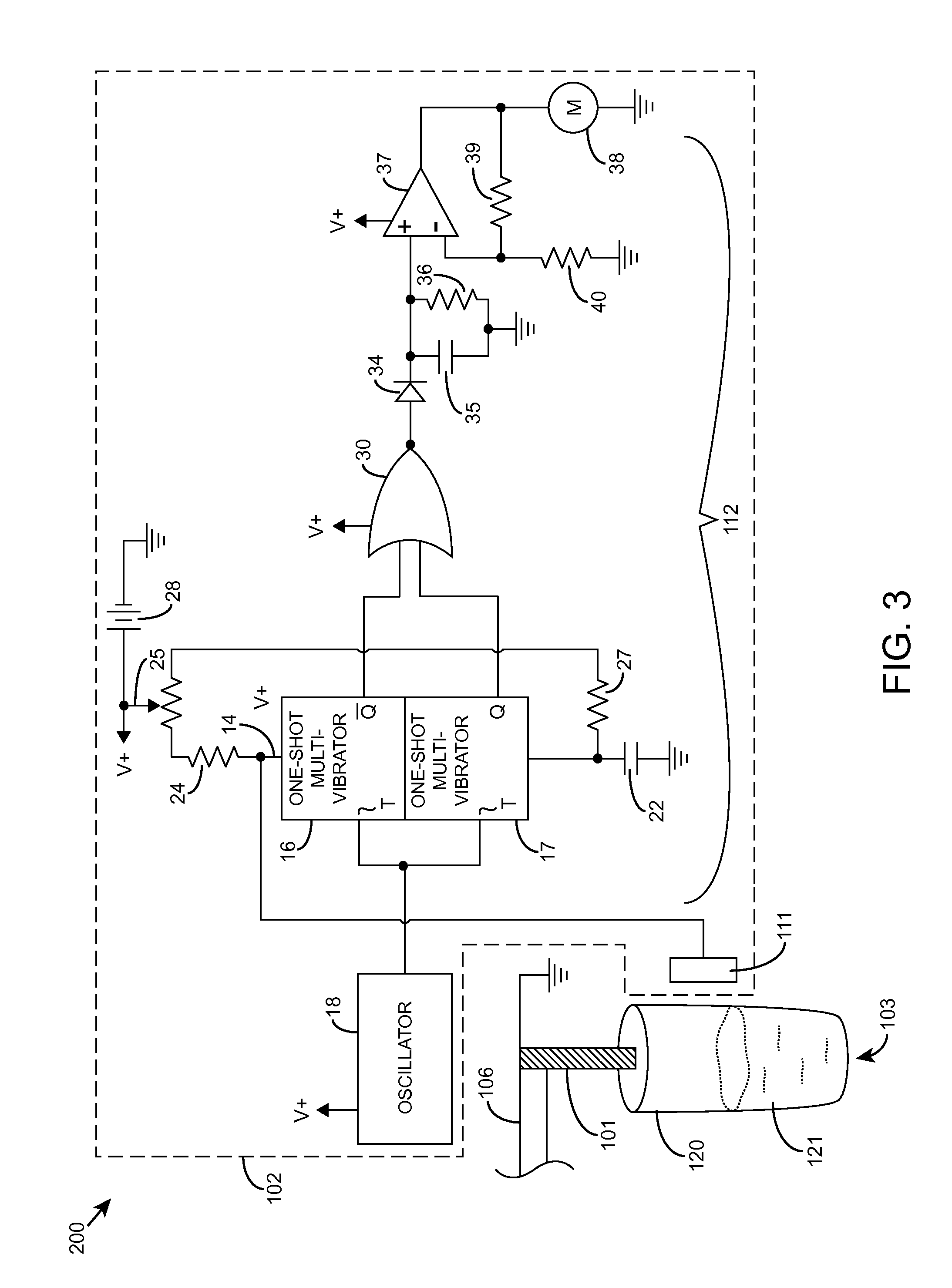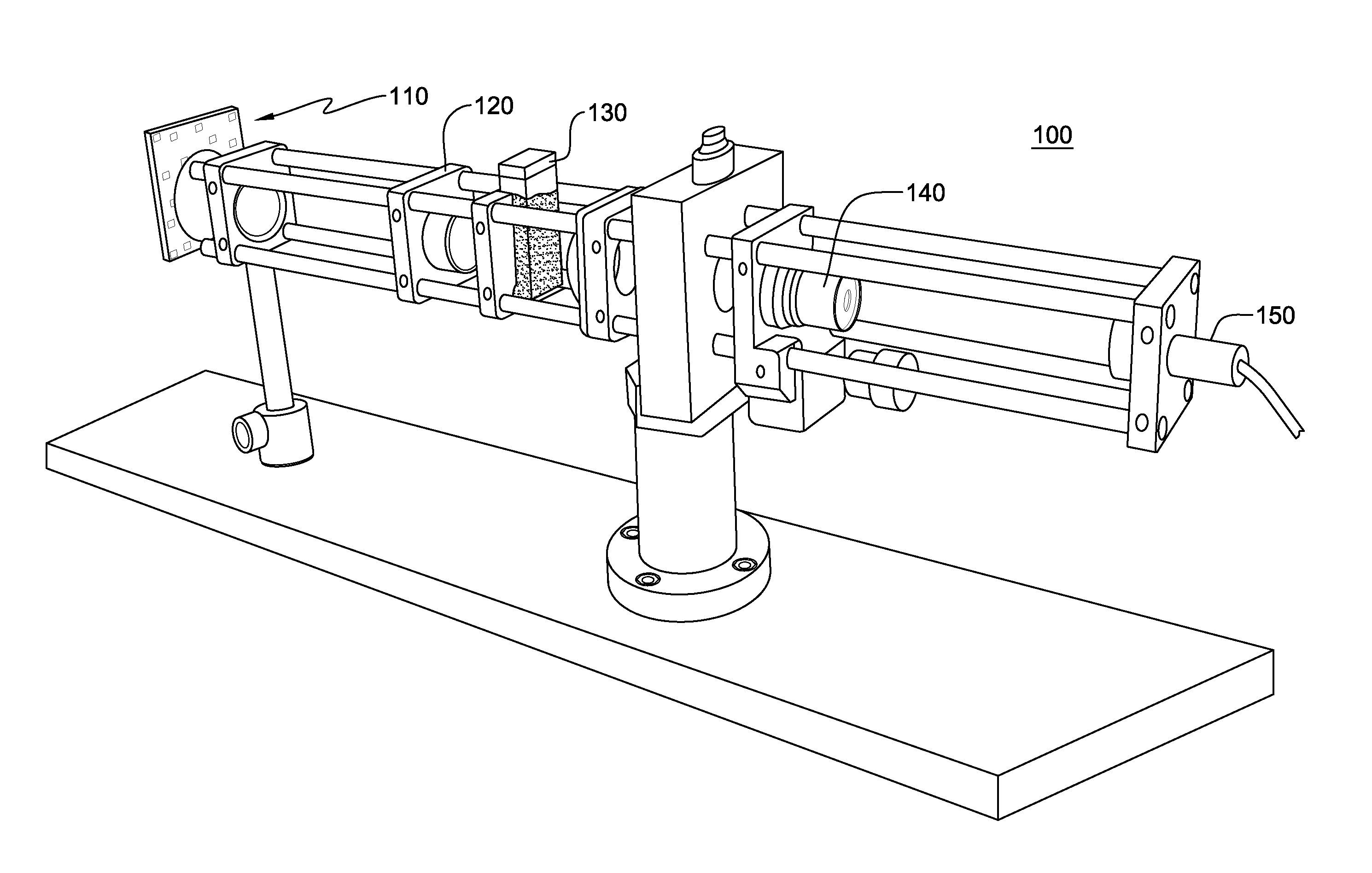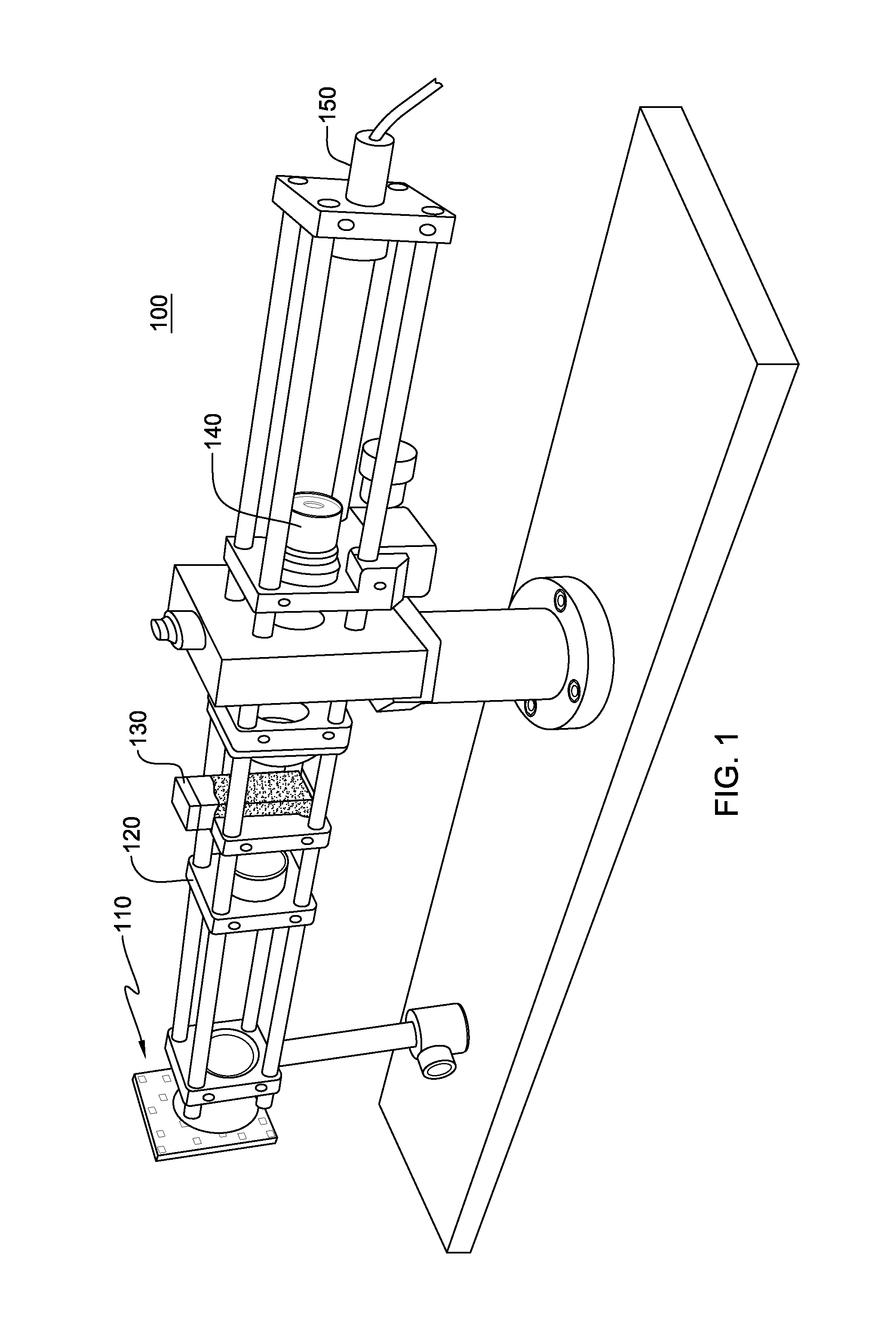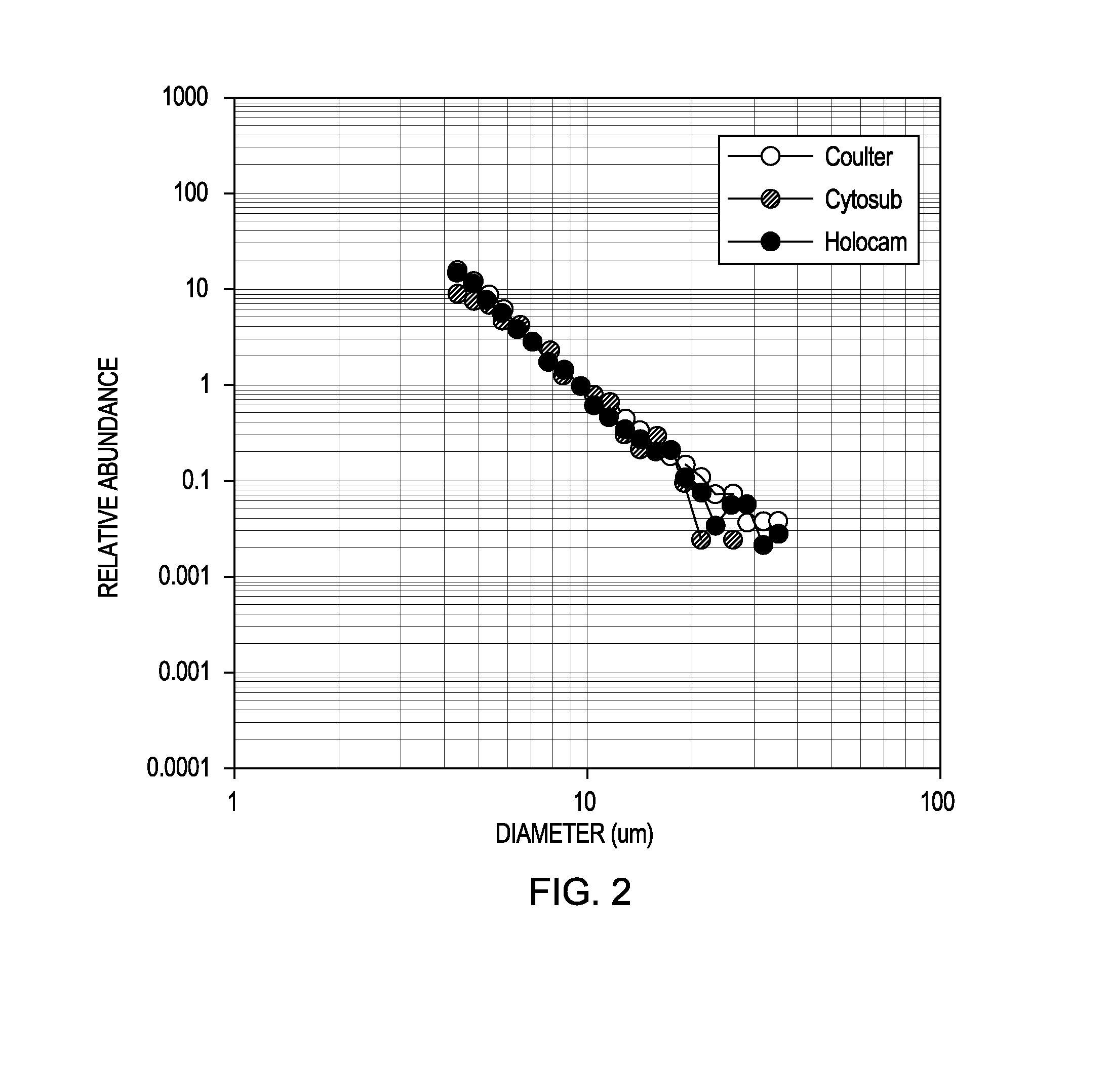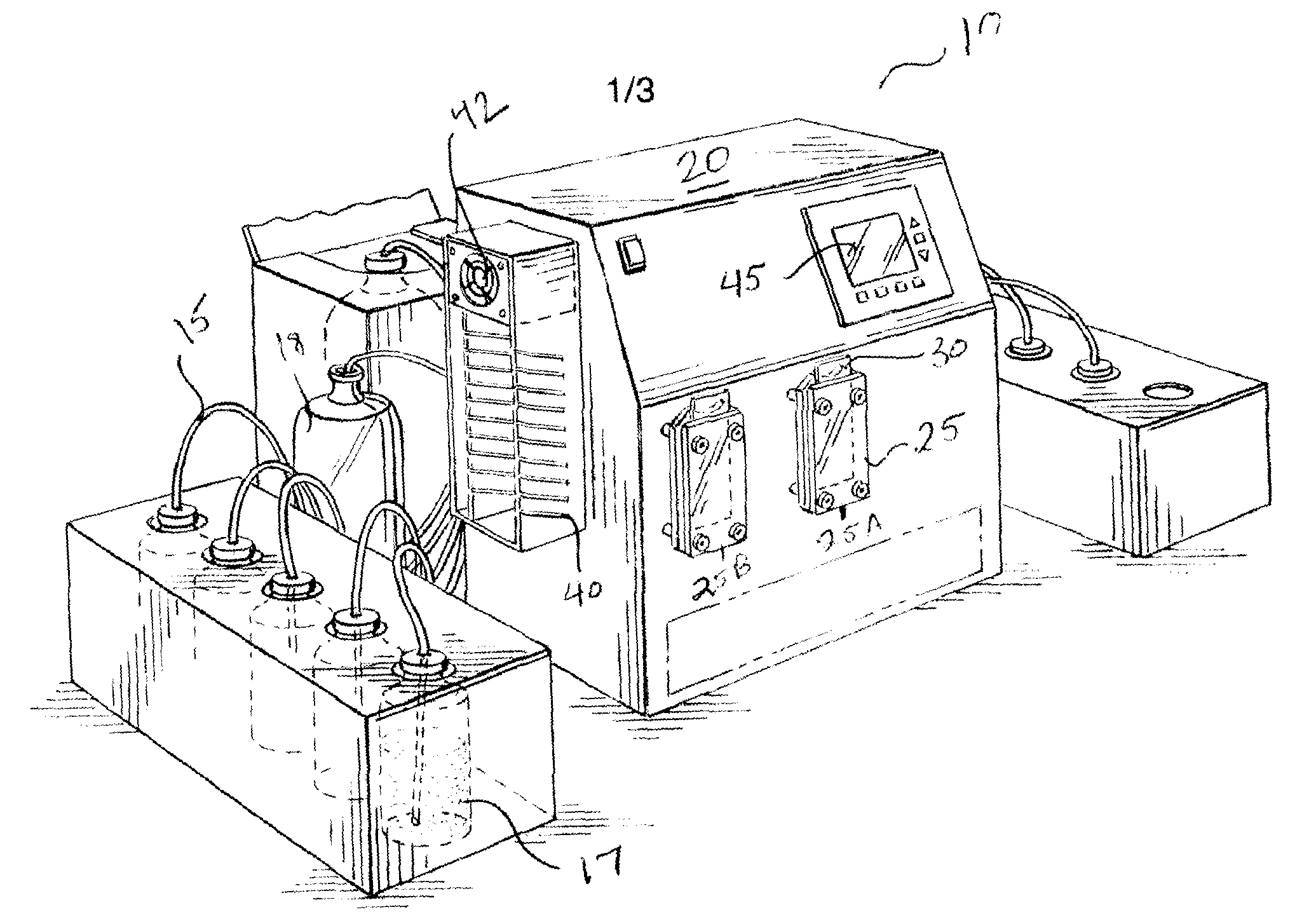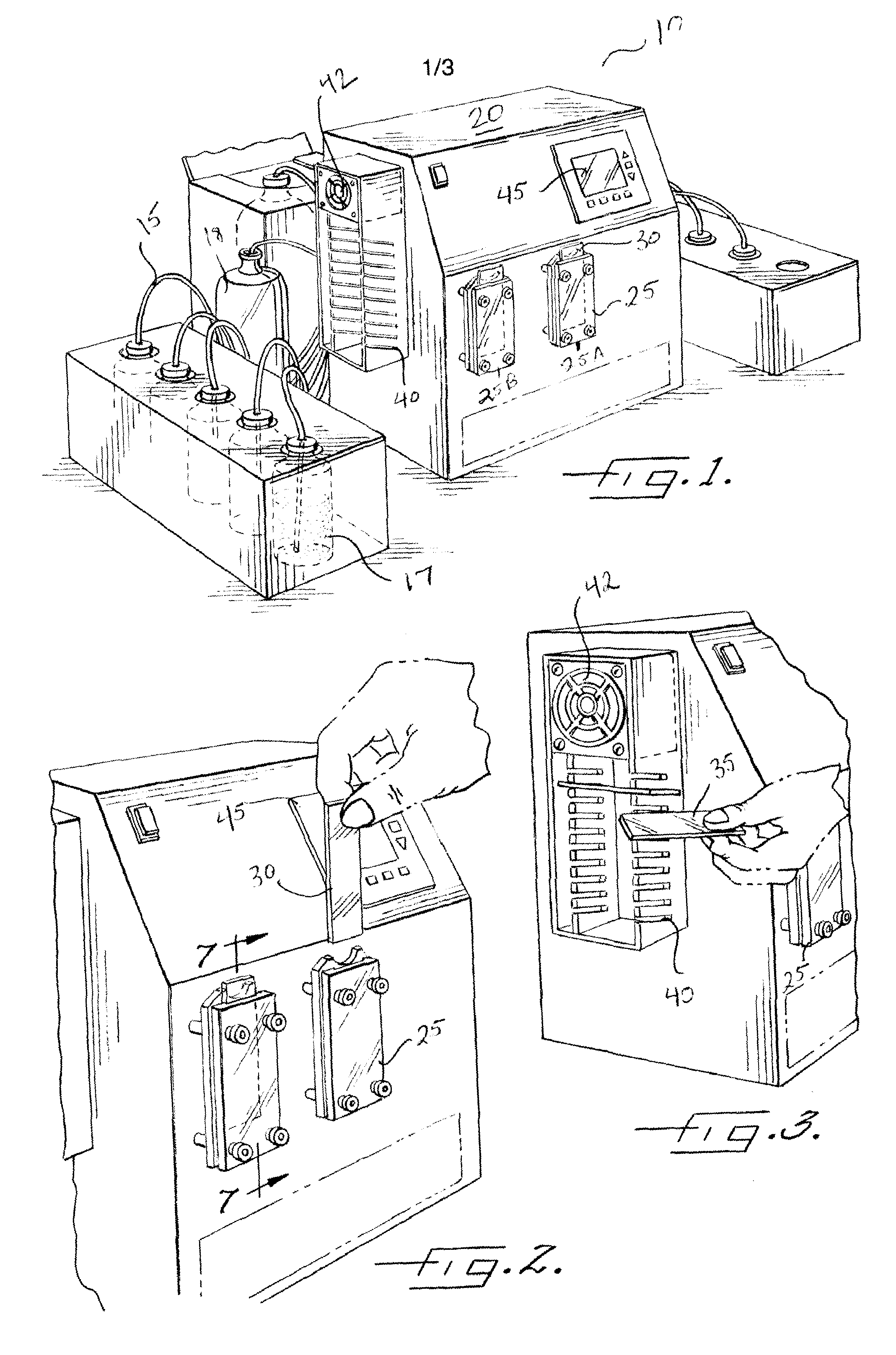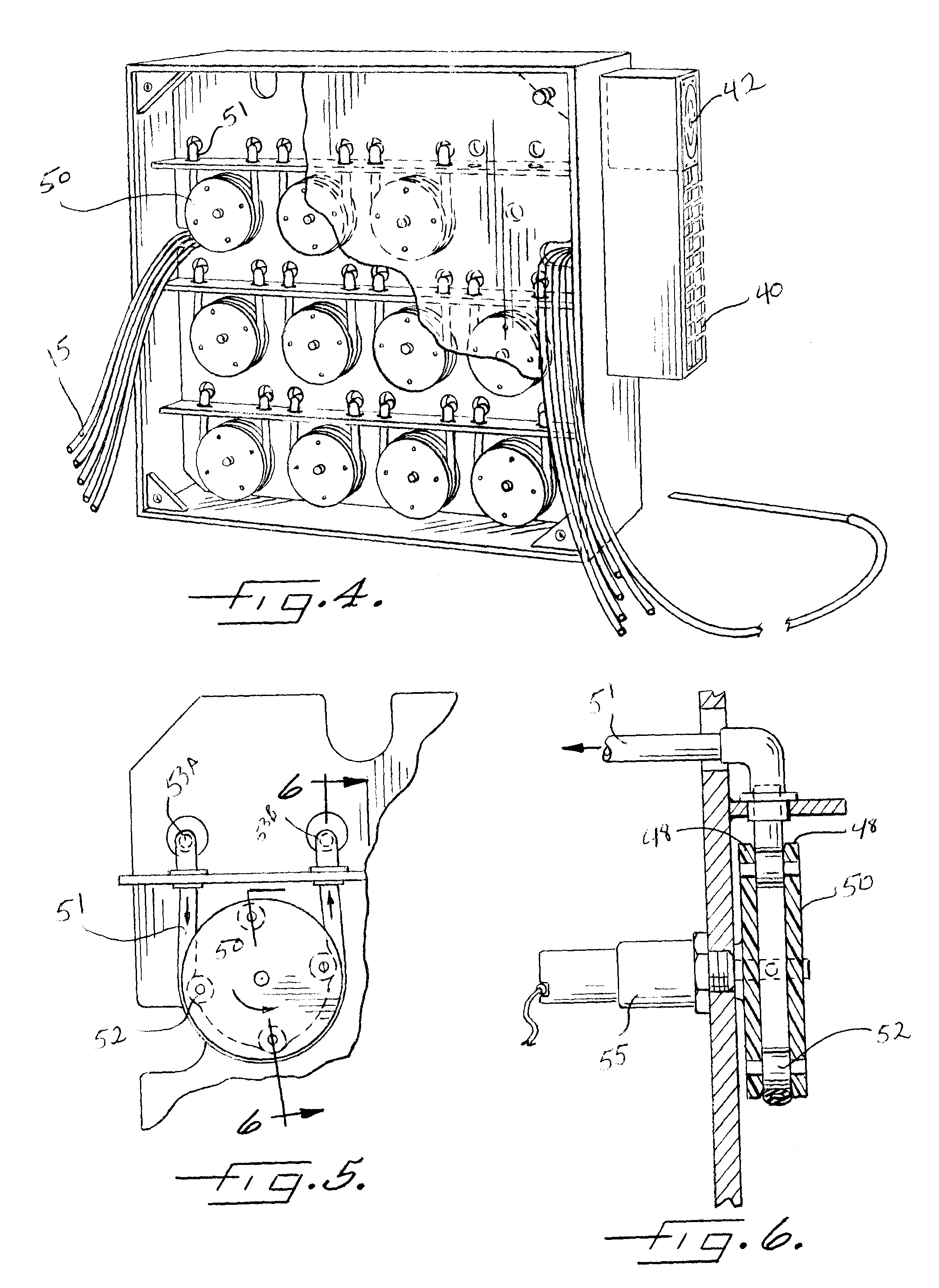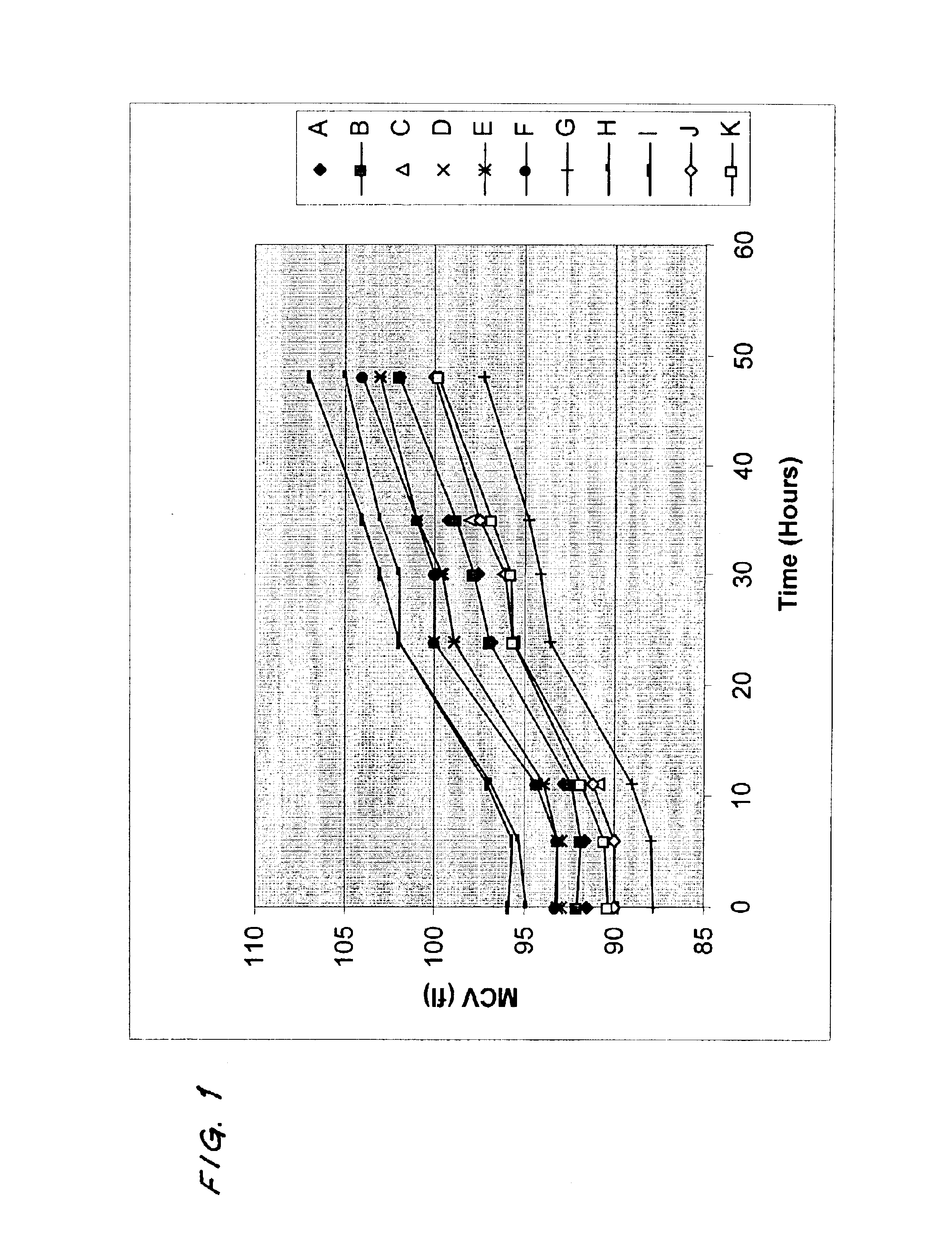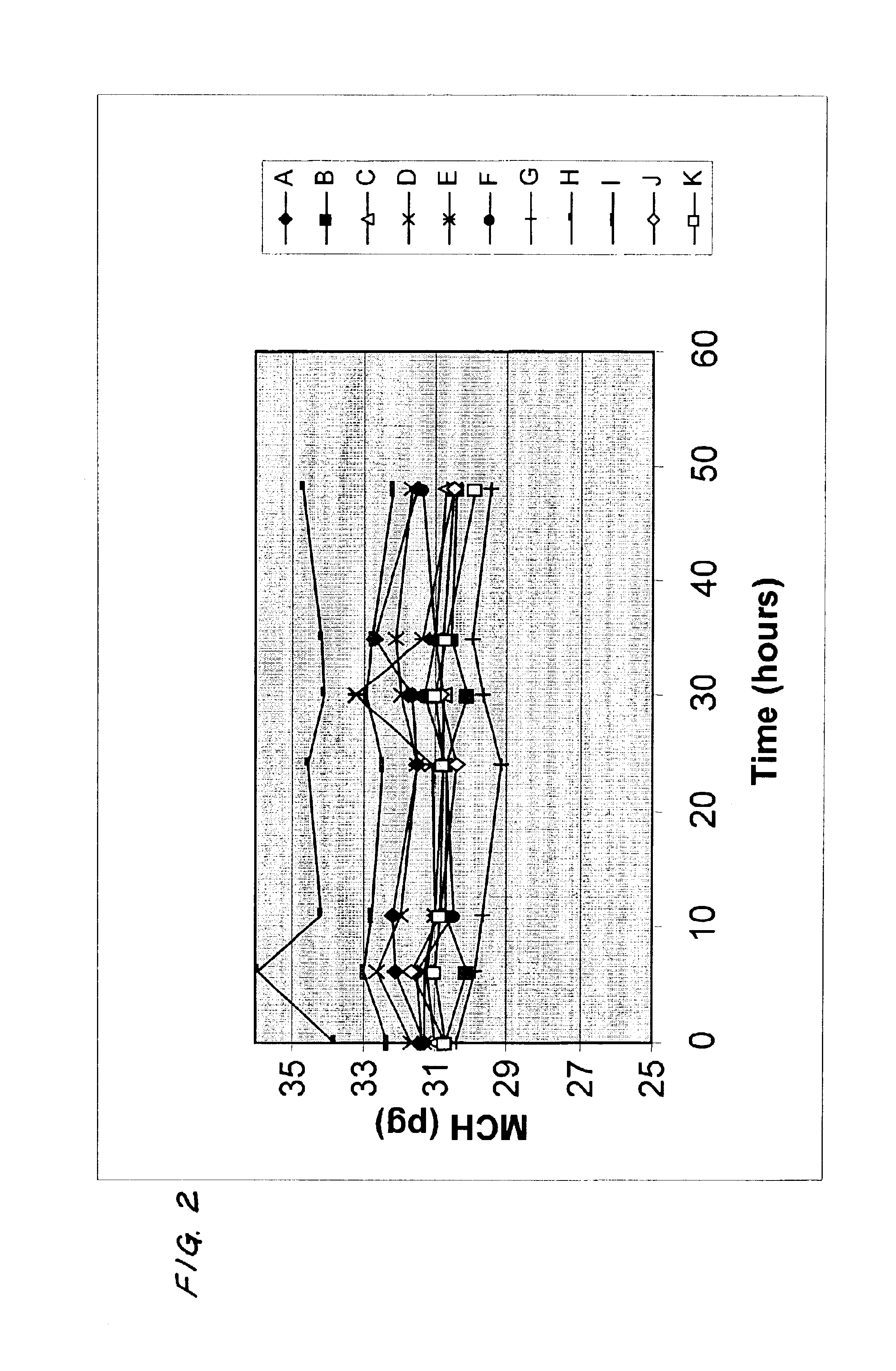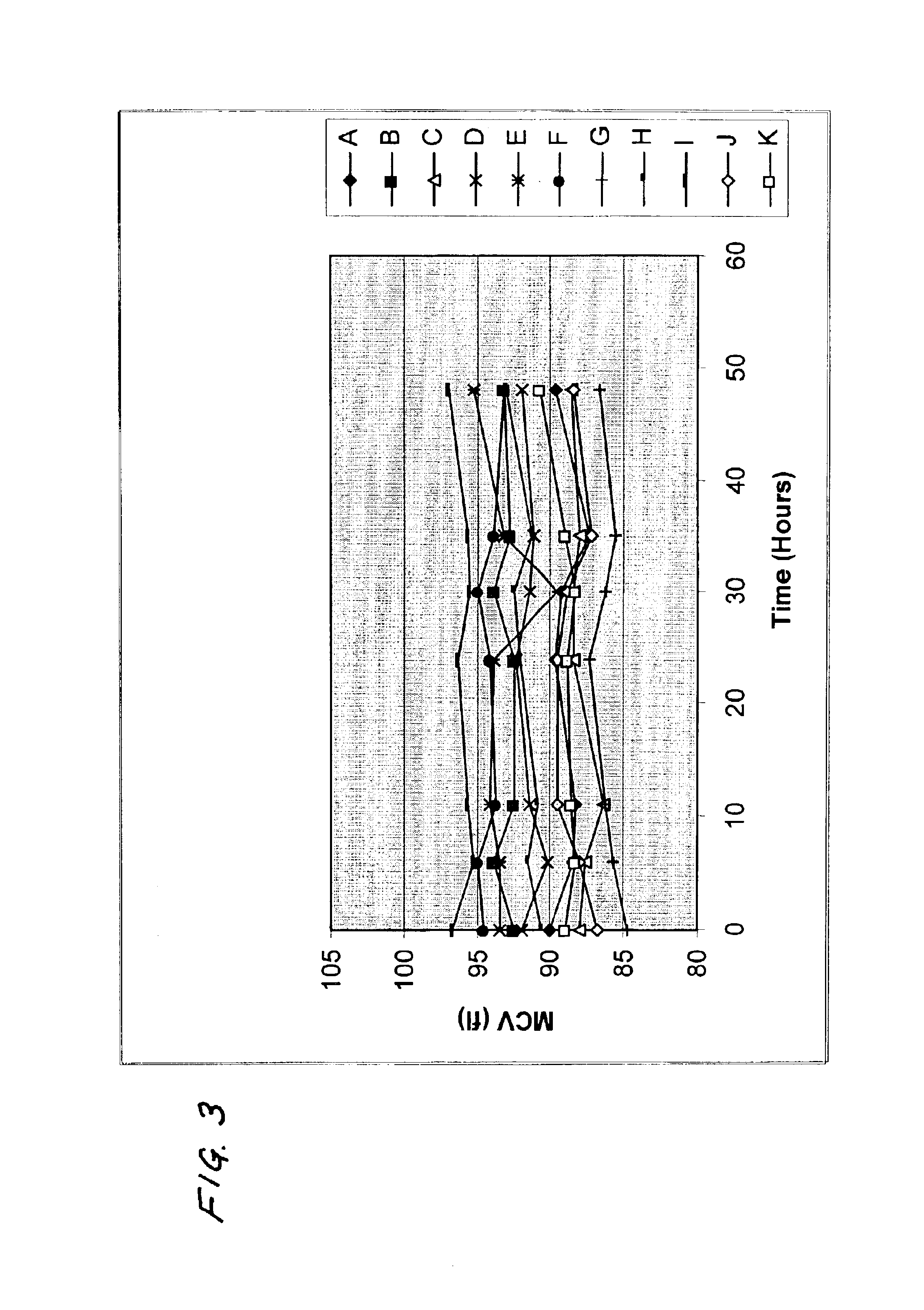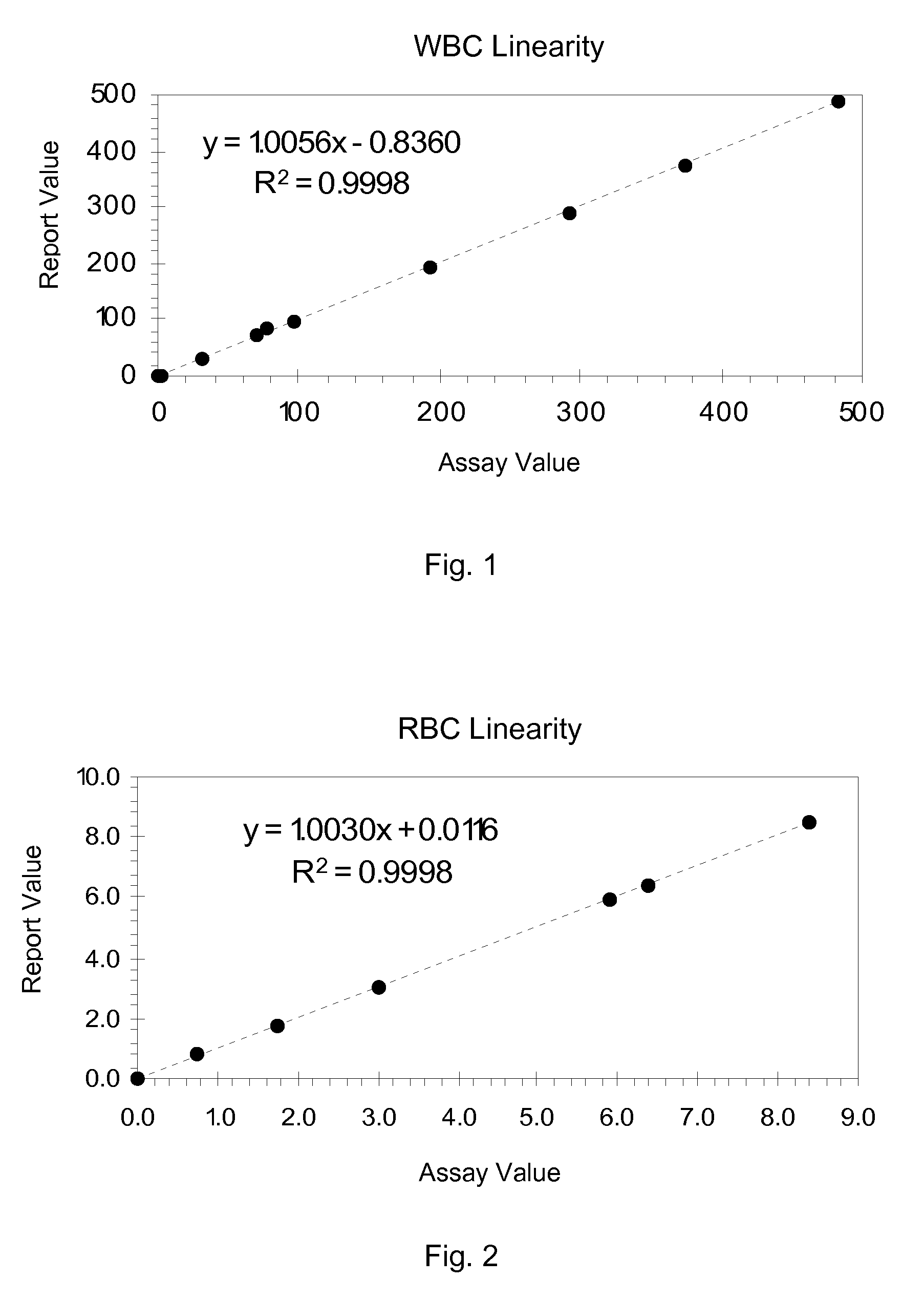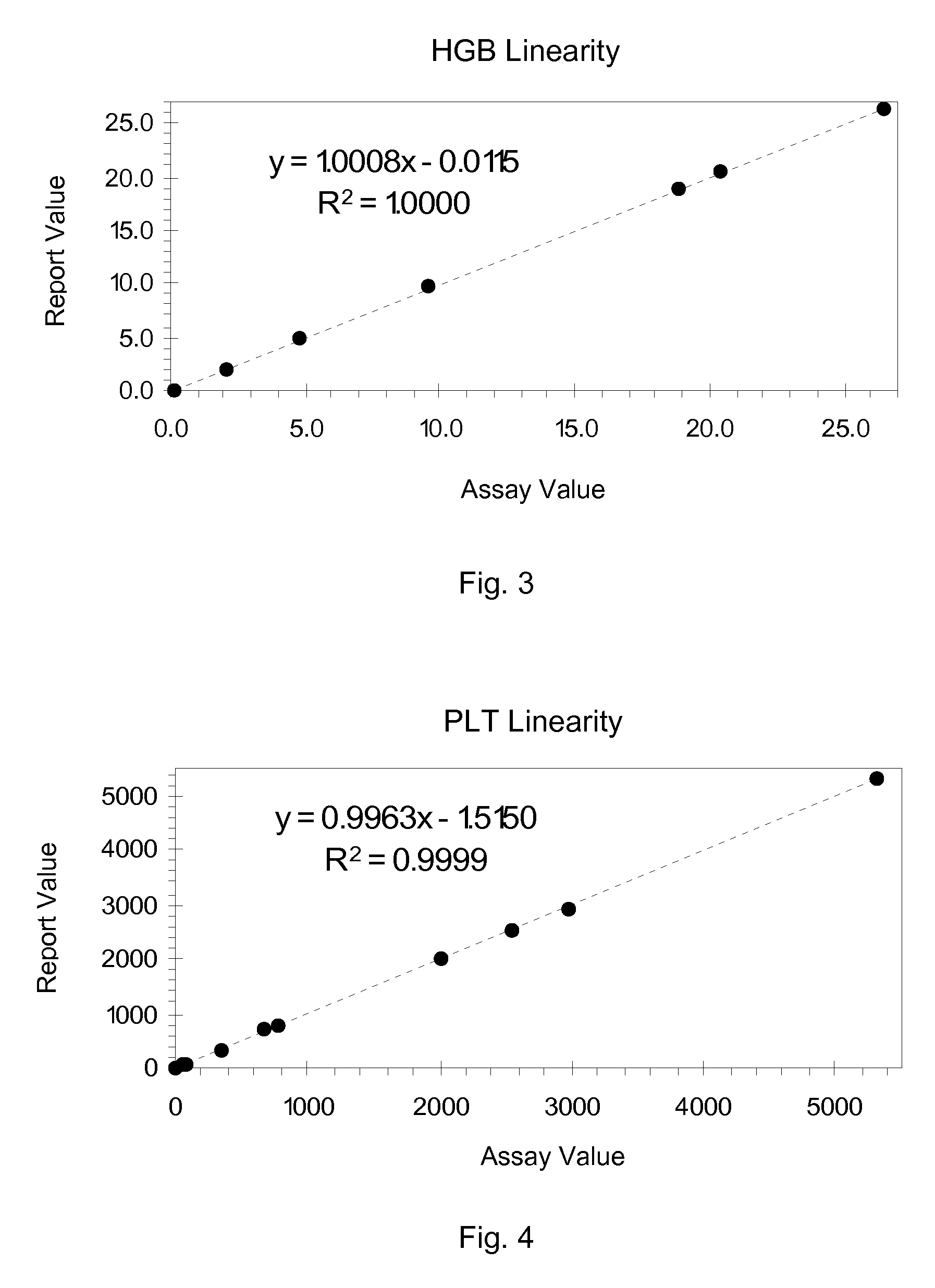Patents
Literature
95 results about "Medicine.hematology" patented technology
Efficacy Topic
Property
Owner
Technical Advancement
Application Domain
Technology Topic
Technology Field Word
Patent Country/Region
Patent Type
Patent Status
Application Year
Inventor
Hematology, also spelled haematology, is the branch of medicine concerned with the study of the cause, prognosis, treatment, and prevention of diseases related to blood.
Wound electronic medical record system
InactiveUS20060116904A1Easy to learnEliminate the problemMedical data miningMedical report generationMedical recordMedicine.hematology
Methods and apparatus for storing and reviewing wound data are shown using a digital datasheet, or wound electronic medical record (WEMR). The WEMR is preferably presented via a single page containing all data that should be considered by a wound healing provider, as predetermined by protocol. This includes, but is not limited to, fields for: a digital photograph of the wound; a graph of the wound healing rate (length, width, depth and area over time); wound and other treatments including current systemic medications, along with a patient identifier and review / approval indicator. This may also include hematology and chemistry laboratory data; radiology and pathology images along with their associated reports; ambulation status and other history; and microbiology data including sensitivities. The WEMR is implemented via a wound database system, which includes templates and policies for rapid report generation and tools for protocol mapping. A particular WEMR page may be designed for electronic or paper review and approval by a treating physician, thus permitting comprehensive but efficient review of all relevant wound data, whether for a personal or remote consult, real-time or otherwise. When teaching or doing studies, patient identifier information can be masked while still enabling review of large but detailed data sets for a variety of wound and patient criteria.
Owner:NEW YORK UNIV
Flow-cytometry-based hematology system
InactiveUS20060203226A1Reduce wasteLow costWithdrawing sample devicesPreparing sample for investigationMedicine.hematologyFlow cell
Owner:IDEXX LABORATORIES
System and method for standardizing care in a hospital environment
InactiveUS20050159987A1Minimizing adverse eventMinimizing complicationAlarmsSpecial data processing applicationsMedicine.hematologyGuideline
A system and method for standardizing care in a hospital environment. Information concerning the latest care and practice standards for a given condition is provided to a decision support module. The decision support module comprises decision support algorithms that reflect a standardize guideline of practice for a particular medical condition. The general categories of cardiovascular, endocrinology, general, gastrointestinal, hematology, infectious diseases, neurology, pharmacology, pulmonary, renal, surgery, toxicology, trauma all have guidelines and practice standards associated with them. Patient data and user input are inputted to the decision support algorithm. The user may be prompted for user input, and an assessment is made of the patient so as provide patient care advice for the patient. Examples of patient care advice are a diagnosis, a method of treatment, and a laboratory protocol.
Owner:VISICU
Method and apparatus for performing platelet measurement
The present invention relates to a hematology instrument system that discriminates platelets from red blood cells, debris and other particles within a blood sample. The instrument system uses an optical trigger and collects data at optical sensor locations relative to a flow cell-illuminating laser beam's optical axis. An axial sensor measures axial light loss due to a particle in the flow cell's illumination aperture. In addition, the instrument system can include an RF unit generates electrical parameters, such as DC and RF parameters, within the flow cell. Blood specimens can be prepared with and without a sphering agent.
Owner:BECKMAN COULTER INC
Hematology analyzer, hematology analyzing method, and computer program product
InactiveUS20080268494A1Bioreactor/fermenter combinationsBiological substance pretreatmentsMedicine.hematologyInformation support
A hematology analyzer, obtains red blood cell scattered light information which is scattered light information related to red blood cells contained in a blood sample and reticulocyte scattered light information which is scattered light information related to reticulocytes contained in the blood sample; obtains a value equivalent to the amount of hemoglobin in the red blood cells from the red blood cell scattered light information; obtains a value equivalent to the amount of hemoglobin in the reticulocytes from the reticulocyte scattered light information; obtains difference between the hemoglobin amounts which is the difference between the value equivalent to the amount of hemoglobin in the red blood cells and the value equivalent to the amount of hemoglobin in the reticulocytes; and obtains information supporting clinical examination based on the value equivalent to the amount of hemoglobin in the reticulocytes and the difference between the hemoglobin amounts, is disclosed. A hematology analyzing method and a computer program product are also disclosed.
Owner:SYSMEX CORP
Methods for diagnosing and evaluating treatment of blood disorders
Methods, systems and kits are provided for the clinical staging of blood disorders including myelodysplastic syndrome, myeloproliferative diseases and leukemias by differential analysis of hematologic samples for the distribution of one or more hematopoietic stem or progenitor cell subsets. Additional functional, genetic, gene expression, proteomic or other molecular analyses of the hematopoietic stem and progenitor cells from the patients can also be employed in the staging methods of the invention.
Owner:THE BOARD OF TRUSTEES OF THE LELAND STANFORD JUNIOR UNIV
Consumable tube for use with a flow cytometry-based hematology system
InactiveUS7064823B2Minimizes reagent wasteReduces systemWithdrawing sample devicesPreparing sample for investigationMedicine.hematologyFlow cell
The present invention is a flow cytometry-based hematology system useful in the analysis of biological samples, particularly whole blood or blood-derived samples. The system is capable of determining at least a complete blood count (CBC), a five-part white blood cell differential, and a reticulocyte count from a whole blood sample. The system preferably uses a laser diode that emits a thin beam to illuminate cells in a flow cell and a lensless optical detection system to measure one or more of axial light loss, low-angle forward scattered light, high-angle forward scattered light, right angle scattered light, and time-of-flight measurements produced by the cells. The lensless optical detection system contains no optical components, other than photoreactive elements, and does not include any moving parts. Finally, the system uses a unique system of consumable reagent tubes that act as reaction chambers, mixing chambers, and waste chambers for the blood sample analyses. The consumable tubes incorporate reference particles, which act as internal standards to ensure that the dilutions made during processing of the samples have been carried out correctly, and to ensure that the instrument is working properly. The present invention also relates to methods for using the system.
Owner:IDEXX LABORATORIES
Method and apparatus for performing platelet measurement
InactiveUS20070105231A1Withdrawing sample devicesDead animal preservationMedicine.hematologyFlow cell
The present invention relates to a hematology instrument system that discriminates platelets from red blood cells, debris and other particles within a blood sample. The instrument system uses an optical trigger and collects data at optical sensor locations relative to a flow cell-illuminating laser beam's optical axis. An axial sensor measures axial light loss due to a particle in the flow cell's illumination aperture. In addition, the instrument system can include an RF unit generates electrical parameters, such as DC and RF parameters, within the flow cell. Blood specimens can be prepared with and without a sphering agent.
Owner:BECKMAN COULTER INC
Disposable cassette and method of use for blood analysis on blood analyzer
ActiveUS20100120083A1Immobilised enzymesBioreactor/fermenter combinationsMedicine.hematologyBlood gas analysis
A disposable cassette for blood analysis includes a housing having an upper panel and a sampling section having a filling inlet; at least one pair of chambers in a form of depression of the upper panel of the housing and sealed by a diaphragm; portions of the diaphragm over the chambers being flexible; and one or more channels adapted to interconnect the pair of chambers; one of the chambers containing a predetermined amount of a reagent for blood analysis; and a sample outlet disposed next to and connected to the chamber containing the reagent, the sample outlet including an outlet cavity recessed from the upper panel, a divider disposed therein, and a cover covering the outlet cavity; the sample outlet sealing the reagent to the chamber containing the reagent. Further disclosed is the method of using the disposable cassette for measurements of hematology parameters on a blood analyzer.
Owner:BOULA MEDICAL AB
Hematology controls for reticulocytes and nucleated red blood cells
ActiveUS7195919B2Microbiological testing/measurementArtificial cell constructsMedicine.hematologyBiopolymer
The present invention is drawn to a hematology control made from particles a particle having a biopolymer attached to a surface of the particle. The particle simulates a component of a blood sample, such as a reticulocyte or nucleated red blood cell component of a blood cell sample in a flow cytometer or hematology analysis instrument. The present invention is further drawn to methods of making and using the hematology control.
Owner:BECKMAN COULTER INC
Systems and methods for particle counting
ActiveUS20070143033A1Accurate measurementDigital computer detailsVolume indication and recording devicesMedicine.hematologyParticle physics
Systems and methods consistent with embodiments of the present invention provide a method for the measurement and analysis of particle counts in flow cytometry and hematology instruments. In some methods for the measurement and analysis of particle counts, a corrected histogram of particle distributions is calculated and used to obtain an accurate count of particles and an accurate measurement of other particle parameters.
Owner:BECKMAN COULTER INC
System and method for standardizing care in a hospital environment
InactiveUS20060122869A9Minimizing adverse eventsMinimize complicationsAlarmsSpecial data processing applicationsMedicine.hematologyGuideline
A system and method for standardizing care in a hospital environment. Information concerning the latest care and practice standards for a given condition is provided to a decision support module. The decision support module comprises decision support algorithms that reflect a standardize guideline of practice for a particular medical condition. The general categories of cardiovascular, endocrinology, general, gastrointestinal, hematology, infectious diseases, neurology, pharmacology, pulmonary, renal, surgery, toxicology, trauma all have guidelines and practice standards associated with them. Patient data and user input are inputted to the decision support algorithm. The user may be prompted for user input, and an assessment is made of the patient so as provide patient care advice for the patient. Examples of patient care advice are a diagnosis, a method of treatment, and a laboratory protocol.
Owner:VISICU
Inhalation of nitric oxide for treating respiratory diseases
A method of treating a human subject which is effected by intermittent inhalation of gaseous nitric oxide at a concentration of at least 160 ppm is disclosed. The method can be utilized for treating a human subject suffering from, or prone to suffer from, a disease or disorder that is manifested in the respiratory tract, or from a disease or disorder that can be treated via the respiratory tract. The disclosed method can be effected while monitoring one or more of on-site and off-site parameters such as vital signs, methemoglobin levels, pulmonary function parameters, blood chemistry and hematological parameters, blood coagulation parameters, inflammatory marker levels, liver and kidney function parameters and vascular endothelial activation parameters, such that no substantial deviation from a baseline in seen in one or more of the monitored parameters.
Owner:ADVANCED INHILATION THERAPIES AIT LTD
Method for hematology analysis
InactiveUS20110275064A1Reduce complexityLow costMicrobiological testing/measurementMaterial analysis by optical meansMedicine.hematologyFluorescence
A method whereby one or more fluorescent dyes are used to bind and stain nucleic acids in certain blood cells, such as, for example, white blood cells, nucleated red blood cells, and reticulocytes, and to induce fluorescent emissions upon excitation of photons from a given source of light, such as, for example, a laser, at an appropriate wavelength. More particularly, this invention provides a method whereby a fluorescent trigger is used in a data collection step for collecting events that emit strong fluorescence, in order to separate white blood cells and nucleated red blood cells from red blood cells and platelets without the need for using a lysing agent.
Owner:ABBOTT LAB INC
Cytological and histological fixative composition and methods of use
InactiveCN1310797AReduce pollutionImmobilised enzymesPreparing sample for investigationMedicine.hematologyParticulates
The present invention is directed to a fixative composition, the use of the fixative composition in preparing cytological or histological specimens, and a method of preparing particulate matter, such as cytology, hematology and microbiology specimens, for examination by collecting the particulate matter in a uniform layer, preferably a monolayer, and fixing the particles in a composition according to the present invention. The cytological, hematological, microbiological and histological fixative composition of the present invention contains an aldehyde cross-linker, a polyol and a detergent. The method of the present invention for preserving the particulate or histological specimen uses the fixative composition containing an aldehyde cross-linker, a polyol and a detergent.
Owner:莱密纳股份有限公司
Inhalation of nitric oxide for treating respiratory diseases
Owner:ADVANCED INHILATION THERAPIES AIT LTD
Hematology reference control containing an immature granulocyte component
A hematology reference control containing an immature granulocyte component and the method of making are disclosed. The reference control includes an immature granulocyte component made of processed blood cells for simulating human immature granulocytes, and a suspension medium suitable for delivering the component to a blood analyzer for measurement of immature granulocytes. The immature granulocyte component can be made of processed avian, reptile or fish red blood cells, or human immature granulocytes produced in vitro. The reference control further includes a white blood cell component which includes white blood cell sub-components for simulating white blood subpopulations. Further disclosed is the method of using the reference control for measurement of immature granulocytes on a blood analyzer.
Owner:BECKMAN COULTER INC
Vacuum hemostix
InactiveCN101248998AKeep original state for a long timeExtended storage timeFungiPeptide/protein ingredientsMedicine.hematologyBlood Collection Tube
The invention discloses a vacuum test tube which comprises a vacuum tube containing hirudin as anticoagulant therein. The hirudin can be in the form of freeze-dried powder or spray-dried powder or aqueous solution, or modified with polyethylene glycol or encapsulated in liposome. The content of the hirudin in the vacuum tube is 100-2000 ATU per milliliter of blood. The hirudin has an amino acid sequence (see sequence 1 in the sequence table). The vacuum test tube of the invention is used in clinical biochemistry, clinical immunology, clinical hemorheology, immune prototype analysis, RT-PCR detection and clinical hematological examinations (except cruor parameters) and realizes versatility of laboratory examinations.
Owner:汪和睦
Hematology controls for reticulocytes and nucleated red blood cells
ActiveUS20050136409A1Microbiological testing/measurementArtificial cell constructsMedicine.hematologyBiopolymer
The present invention is drawn to a hematology control made from particles a particle having a biopolymer attached to a surface of the particle. The particle simulates a component of a blood sample, such as a reticulocyte or nucleated red blood cell component of a blood cell sample in a flow cytometer or hematology analysis instrument. The present invention is further drawn to methods of making and using the hematology control.
Owner:BECKMAN COULTER INC
Analyzing digital holographic microscopy data for hematology applications
A method for analyzing digital holographic microscopy (DHM) data for hematology applications includes receiving a plurality of DHM images acquired using a digital holographic microscopy system. One or more connected components are identified in each of the plurality of DHM images and one or more training white blood cell images are generated from the one or more connected components. A classifier is trained to identify a plurality of white blood cell types using the one or more training white blood cell images. The classifier may be applied to a new white blood cell image to determine a plurality of probability values, each respective probability value corresponding to one of the plurality of white blood cell types. The new white blood cell image and the plurality of probability values may then be presented in a graphical user interface.
Owner:SIEMENS HEALTHCARE DIAGNOSTICS INC
Method and staining reagent for staining hematology sample in an automated staining apparatus
InactiveUS6858432B2Reduce organic solvent concentrationImprove concentrationPreparing sample for investigationBiological testingMedicine.hematologyRomanowsky stain
Automated staining equipment that can mix reagents is used to spray a Romanowsky stain onto slide mounted specimens which are then briefly centrifuged. The centrifugation step removes excess stain leaving only a thin film. Depending on the time of the centrifugation step, most of the organic solvent and part of the water in the stain are evaporated by airflow through the equipment. This greatly accelerates the staining reaction and preserves water soluble structures such as the granules in basophilic leukocytes. For optimal performance, this staining procedure requires a thiazin-eosin stain with about 90% to about 40% organic solvent, such as methanol, and only about 10% to about 60% water. This is a unique staining reagent in Romanowsky staining.
Owner:WESCOR
Blood-drawing auxiliary device for internal medicine of hematology
The invention discloses a blood-drawing auxiliary device for the internal medicine of hematology. The blood-drawing auxiliary device comprises a base plate, wherein a control switch is arranged on the front side surface of the base plate, a fixed base is fixed to the left side of the upper surface of the base plate, a hinge base is fixed to the upper surface of the base plate on the right side of the fixed base, and a hinge plate is hinged to the upper end part of the hinge base. The blood-drawing auxiliary device for the internal medicine of hematology is reasonable in structural design, and easy and convenient to use, the forearm of a patient is placed on a fixing cushion and then the hand of the patient holds a handle, so that the unconscious shaking during the blood drawing process can be prevented, the work difficulty in blood-drawing examination of a doctor is reduced, and the discomfort of the patient is alleviated; a drawer can be used for placing medicinal cotton and is close to the medical staff, thus taking is convenient, the vein belt can be automatically bound and pressed, the hinge plate rotates under the driving of an electric telescopic rod, so that a vein-pressing belt is tightened to bind the arm of the patient, therefore, convenience is provided for blood drawing, the work efficiency in blood-drawing examination of the doctor is greatly improved, and the workload of the medical staff is alleviated.
Owner:李胜利
Disposable cassette and method of use for blood analysis on blood analyzer
ActiveUS8247191B2Immobilised enzymesBioreactor/fermenter combinationsMedicine.hematologyBlood gas analysis
A disposable cassette for blood analysis includes a housing having an upper panel and a sampling section having a filling inlet; at least one pair of chambers in a form of depression of the upper panel of the housing and sealed by a diaphragm; portions of the diaphragm over the chambers being flexible; and one or more channels adapted to interconnect the pair of chambers; one of the chambers containing a predetermined amount of a reagent for blood analysis; and a sample outlet disposed next to and connected to the chamber containing the reagent, the sample outlet including an outlet cavity recessed from the upper panel, a divider disposed therein, and a cover covering the outlet cavity; the sample outlet sealing the reagent to the chamber containing the reagent. Further disclosed is the method of using the disposable cassette for measurements of hematology parameters on a blood analyzer.
Owner:BOULA MEDICAL AB
Hematology systems and methods
ActiveUS20160041083A1High and low viscosityHigh viscosityImage enhancementBioreactor/fermenter combinationsMedicine.hematologyStream flow
Aspects and embodiments of the instant disclosure provide a particle and / or intracellular organelle alignment agent for a particle analyzer used to analyze particles contained in a sample. An exemplary particle and / or intracellular organelle alignment agent includes an aqueous solution, a viscosity modifier, and / or a buffer. Embodiments also encompass systems, compositions, and methods for analyzing a sample containing particles. Particles such as blood cells can be categorized and counted by a digital image processor. A digital microscope camera can be directed, for example using certain focusing techniques, into a flowcell defining a symmetrically narrowing flowpath in which the sample stream flows in a ribbon flattened by flow and viscosity parameters between layers of sheath fluid. Blood cell images can be collected and analyzed using dynamic range extension processes and systems.
Owner:IRIS INT
Hematology control composition including lymphocyte analogs and method for preparation and use
A control composition, and method of preparing a control composition, that includes stabilized, mammalian granulocytes having altered physical properties so that the granulocytes function as a human lymphocyte analogs when used on an automated blood cell analyzer.
Owner:BIO TECHNE
Devices and Systems for Liquid Level Detection in Hematology Instruments, and Methods Related Thereto
InactiveUS20130167613A1Testing/calibration apparatusLevel indicators by physical variable measurementMedicine.hematologyEngineering
A hematology instrument with liquid level detection for liquid in a container is provided. The hematology instrument includes a probe disposed next to a container site. The probe is displaceable relative to the container site to enter a container when positioned at the container site. Further, the probe is electrically grounded. The hematology instrument includes a capacitive sensor having at least one capacitive electrode disposed next to the container site. The capacitive sensor also has a detection module to detect capacitive changes at the at least one capacitive electrode when the probe contacts liquid in the container. The hematology instrument also includes a calibration module configured to calibrate the capacitive sensor a plurality of times as the probe displaces relative to the container site to enter the container. Kits and methods related thereto are also provided.
Owner:ABBOTT LAB INC
Digital holographic microscopy apparatus and method for clinical diagnostic hematology
InactiveUS20140220622A1Easy to implementCost-effectiveBioreactor/fermenter combinationsBiological substance pretreatmentsMedicine.hematologyDigital holographic microscopy
An apparatus, method, and apparatus for hematology analysis comprising using a holographic microscope, in one embodiment a transmission-type holographic microscope. In one aspect, laser light is provided and split into first and second sample beams, the first sample beam for imaging with a first magnification, the second sample beam for imaging with a second magnification. The first and second sample beams are passed through a sample volume requiring hematology analysis. The first and second sample beams are combined with a reference beam and captured for digital analysis. The present invention enables adequate blood cell type differentials with a single, easily implemented, cost-effective holographic technique.
Owner:WET LABS
Automated Stainer Having Stain Level Detection
InactiveUS20110091962A1Conveniently installedEasy to installBioreactor/fermenter combinationsBiological substance pretreatmentsFluteMicroscope slide
An automated slide staining apparatus for staining slide samples is disclosed. The slide staining apparatus includes cuvette chambers that are flooded with solutions to cover a slide fitting within the cuvette chamber. Filling and emptying the chamber accomplishes a dipping function on the slide. The cuvette chamber includes a drainage flute and level detectors therein for proper fluid use and removal. The staining apparatus is useful to perform Gram stains, hematology cytology, dermatology cytology, fecal cytology and the like. Further, the method of using the slide stainer of the present invention along with the process of staining slides using the slide stainer of the present invention is disclosed.
Owner:KACEY MED VET
Performance improvement for hematology analysis
InactiveUS6916662B2Reliable indicationReasonable estimateBiological testingMedicine.hematologyHematology analyzer
A method for determining the value of MCV of a fresh sample of blood when the value of MCV for that sample of blood is known, but the period of time that the sample of blood has been stored is not known. The method of this invention allows an automated hematology analyzer to provide a more reliable indication of the initial value of MCV of a sample of blood, i.e., the value of MCV that would have been expected for the sample of blood when the sample was fresh. Furthermore, the method of this invention uses data that is readily available as part of the blood count data.
Owner:ABBOTT LAB INC
Hematology Linearity Control Composition, System and Method of Use
ActiveUS20080113438A1Affect measurementReduce concentrationDead animal preservationIndividual particle analysisMedicine.hematologyWhite blood cell
A linearity control system includes a series of linearity control compositions, each thereof includes white blood cell analogs and stabilized red blood cells in a suspension medium. The concentration of the white blood cell analogs in the series of control compositions increases from 0.2×103 to 800×103 analogs per microliter, and the concentration of the white blood cell analogs in at least one control composition is greater than 120×103 analogs per microliter. The stabilized red blood cells facilitate mono-dispersion of the white blood cell analogs in the suspension medium by gently mixing. The control compositions further include platelet analogs, or additionally include reticulocyte and / or nucleated red blood cell analogs. The linearity control system allows the verification of the reportable measurement range and linearity of the measurements of hematology analyzers for white blood cells, red blood cells and platelets in extended concentration ranges.
Owner:BECKMAN COULTER INC
Features
- R&D
- Intellectual Property
- Life Sciences
- Materials
- Tech Scout
Why Patsnap Eureka
- Unparalleled Data Quality
- Higher Quality Content
- 60% Fewer Hallucinations
Social media
Patsnap Eureka Blog
Learn More Browse by: Latest US Patents, China's latest patents, Technical Efficacy Thesaurus, Application Domain, Technology Topic, Popular Technical Reports.
© 2025 PatSnap. All rights reserved.Legal|Privacy policy|Modern Slavery Act Transparency Statement|Sitemap|About US| Contact US: help@patsnap.com
